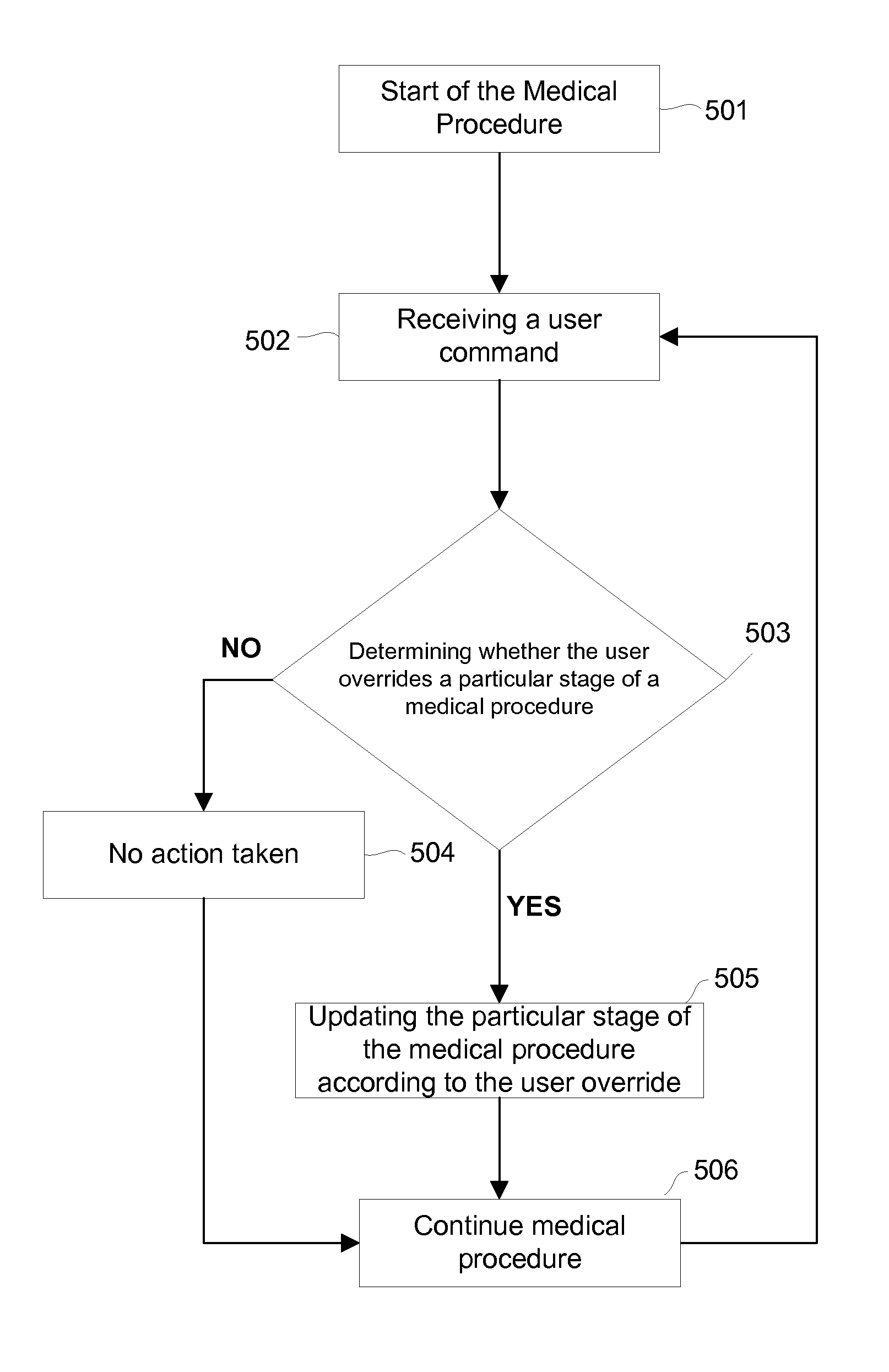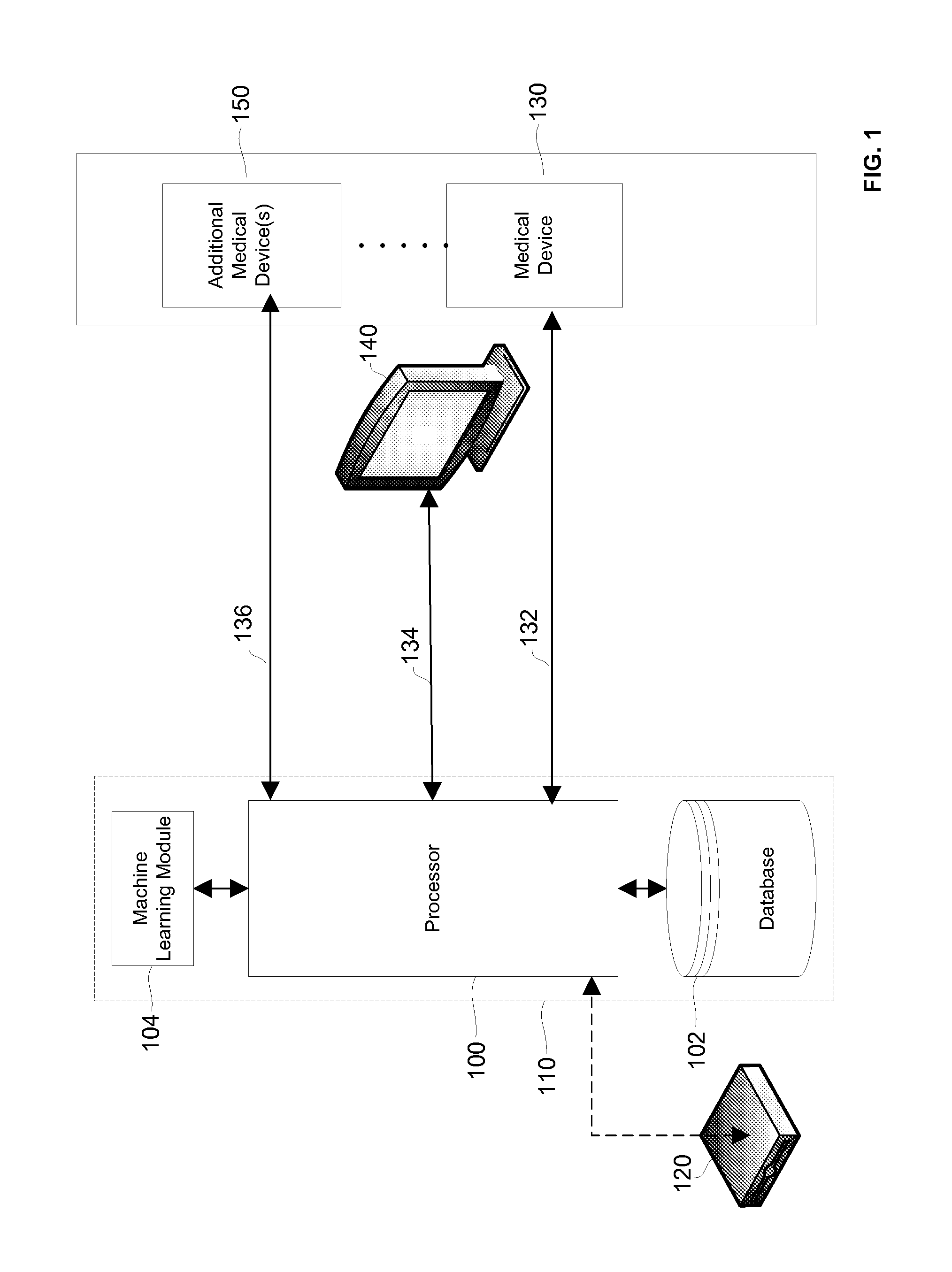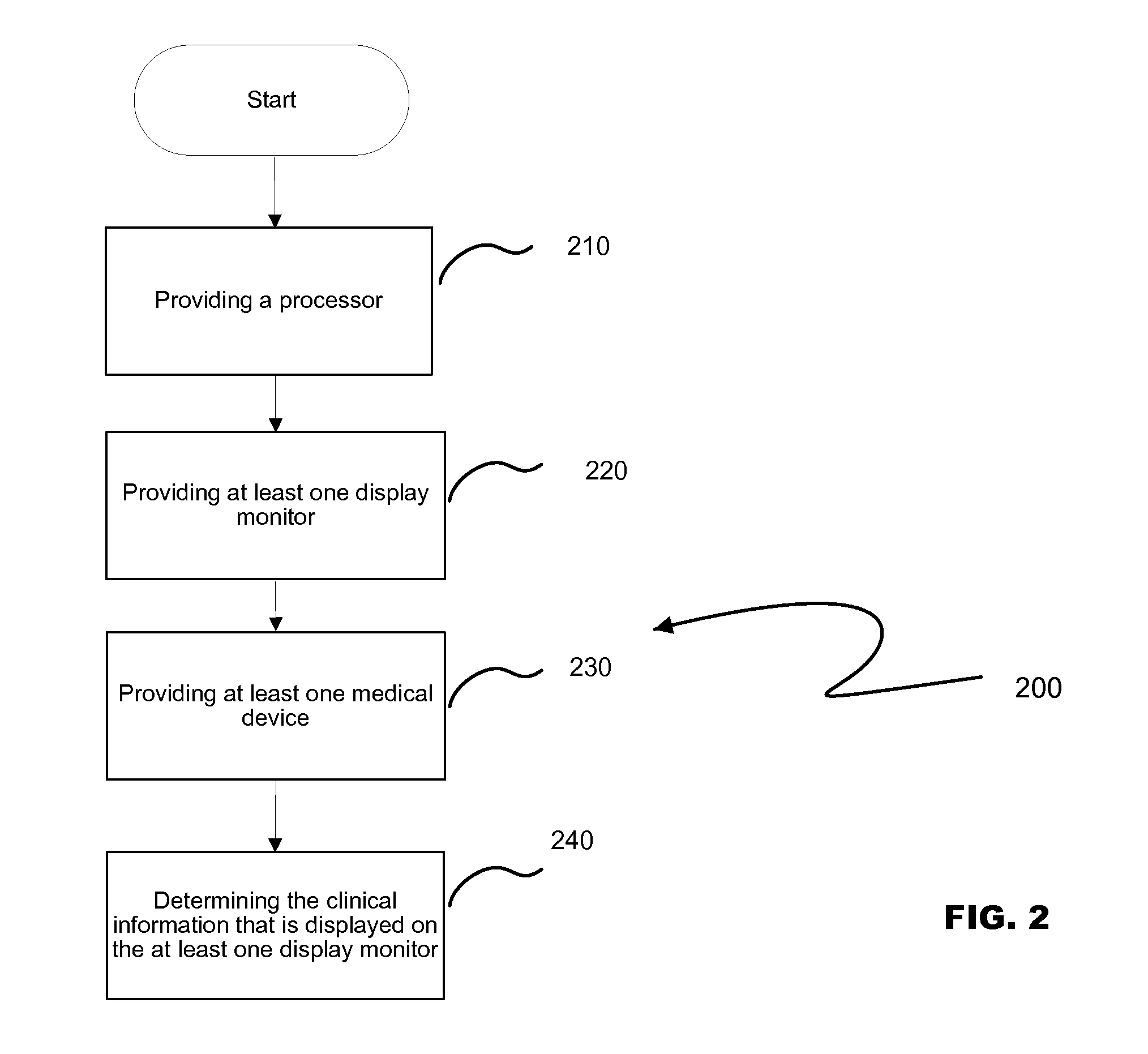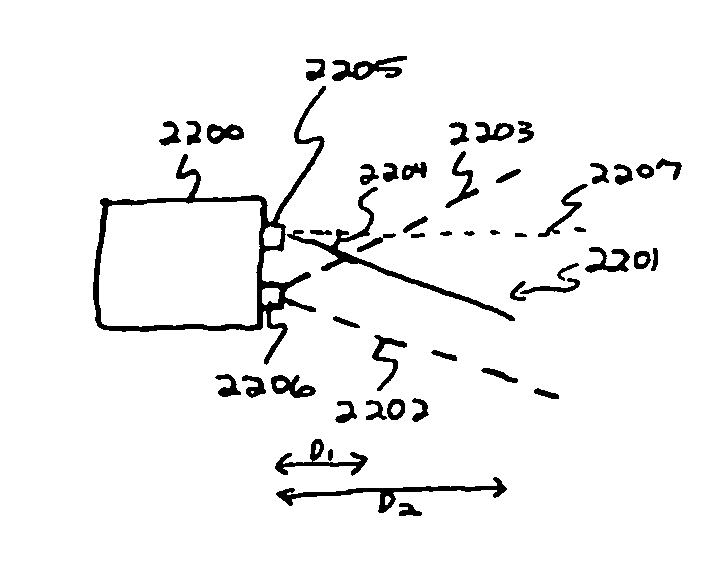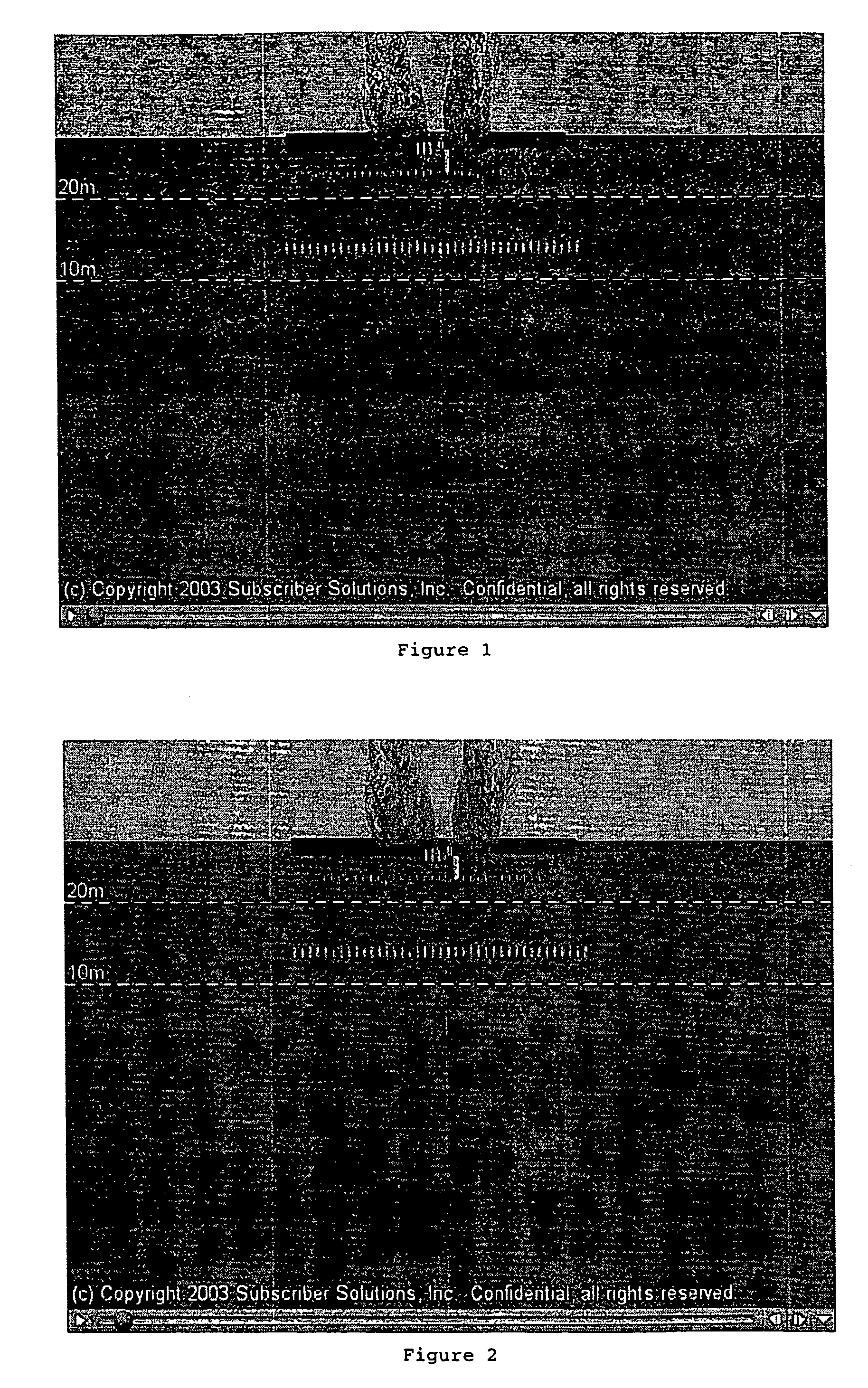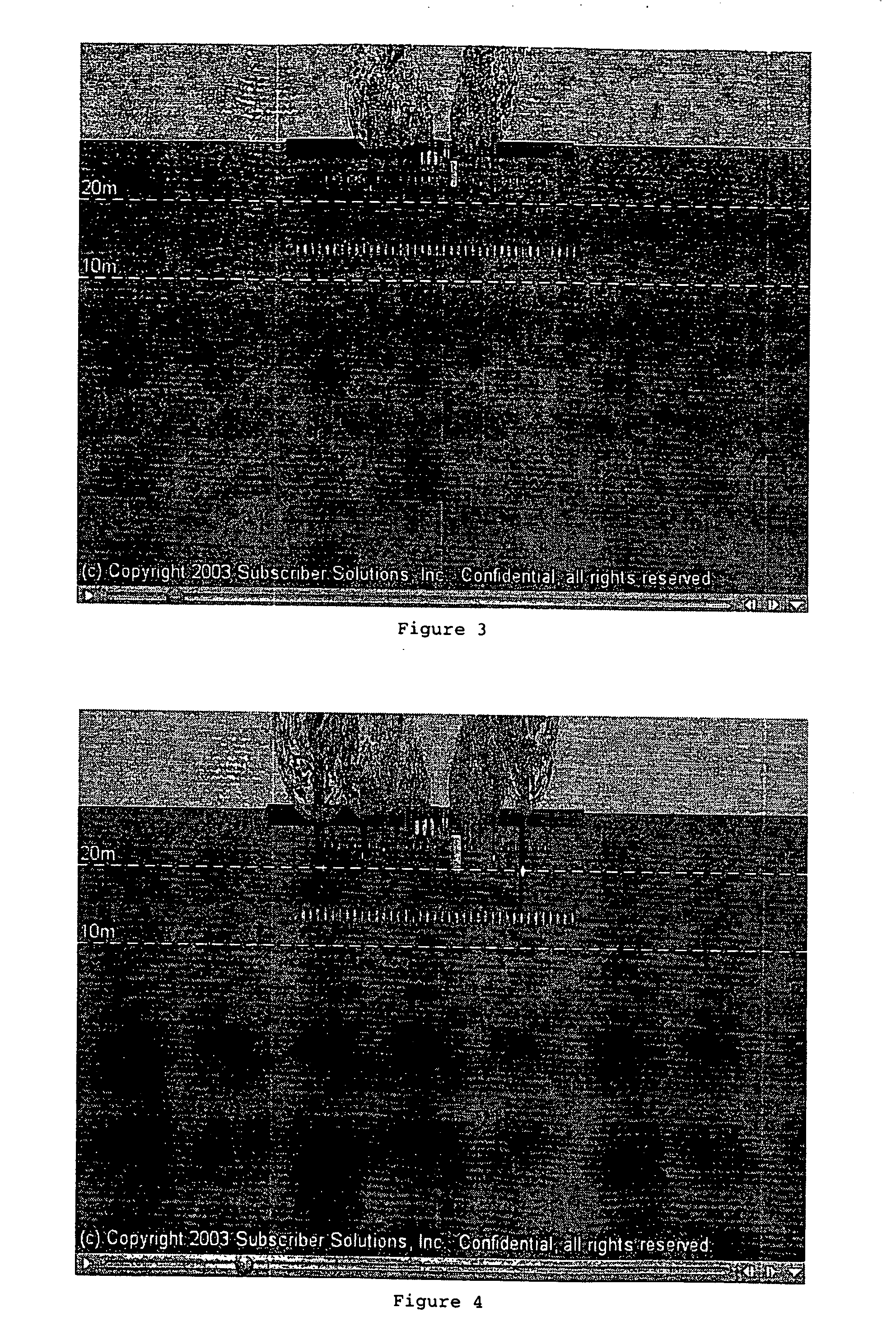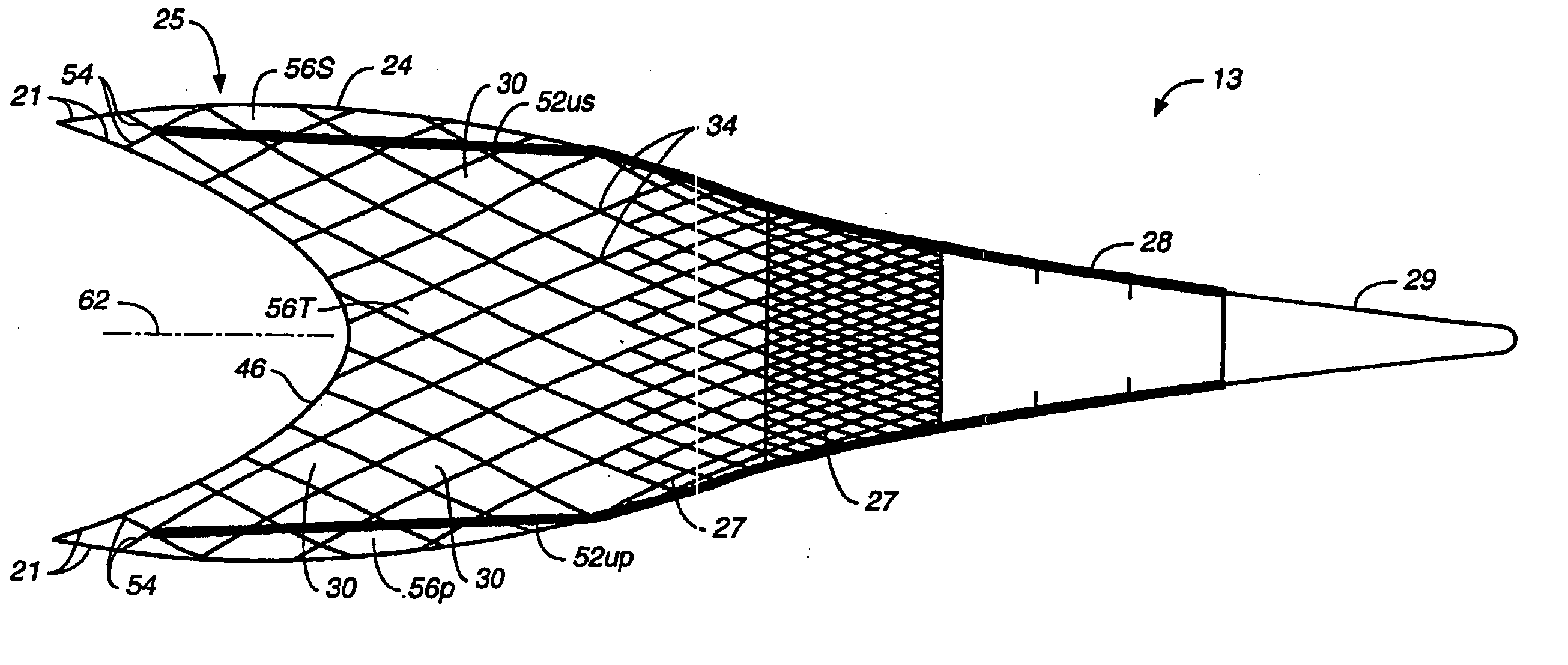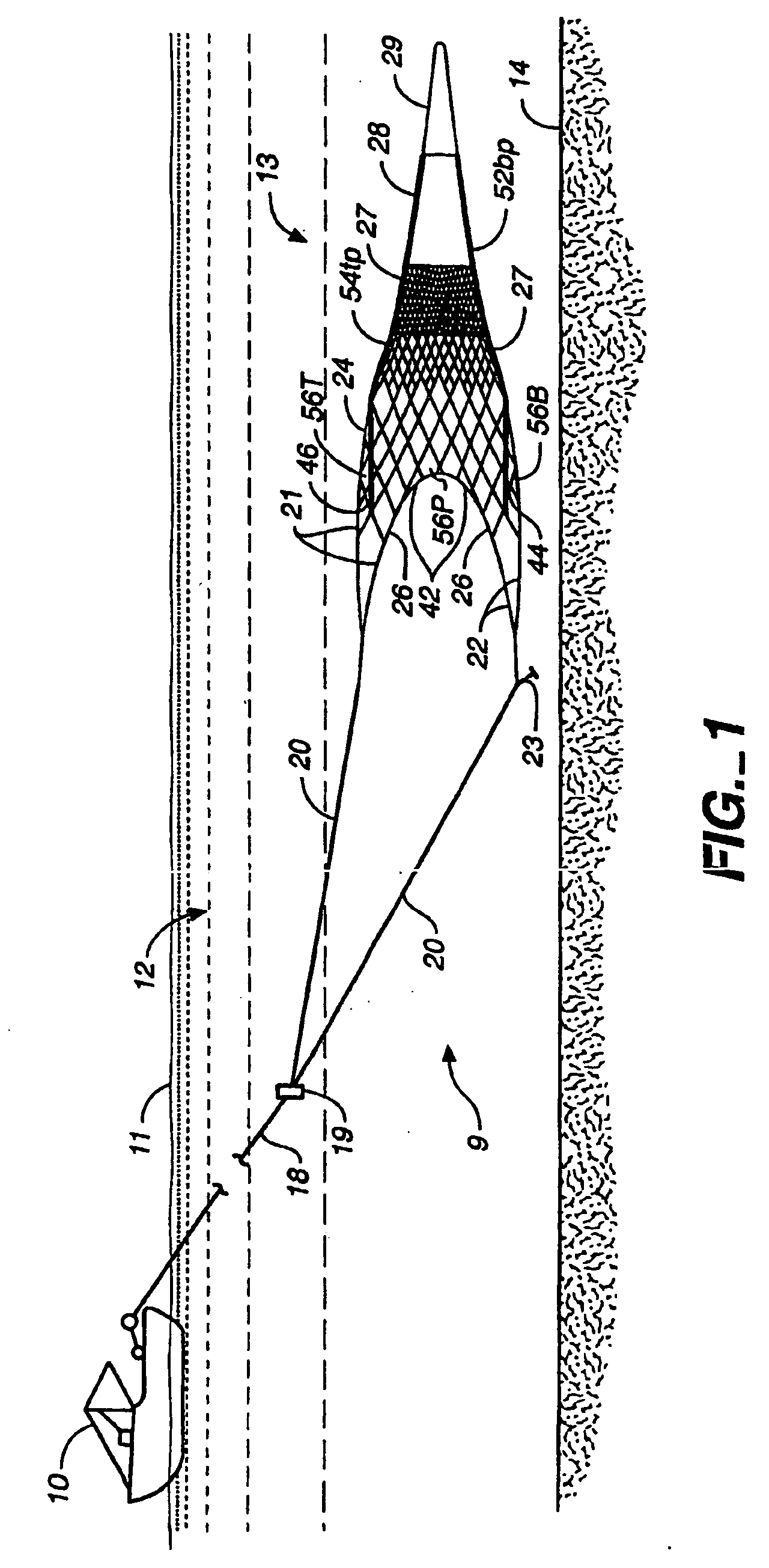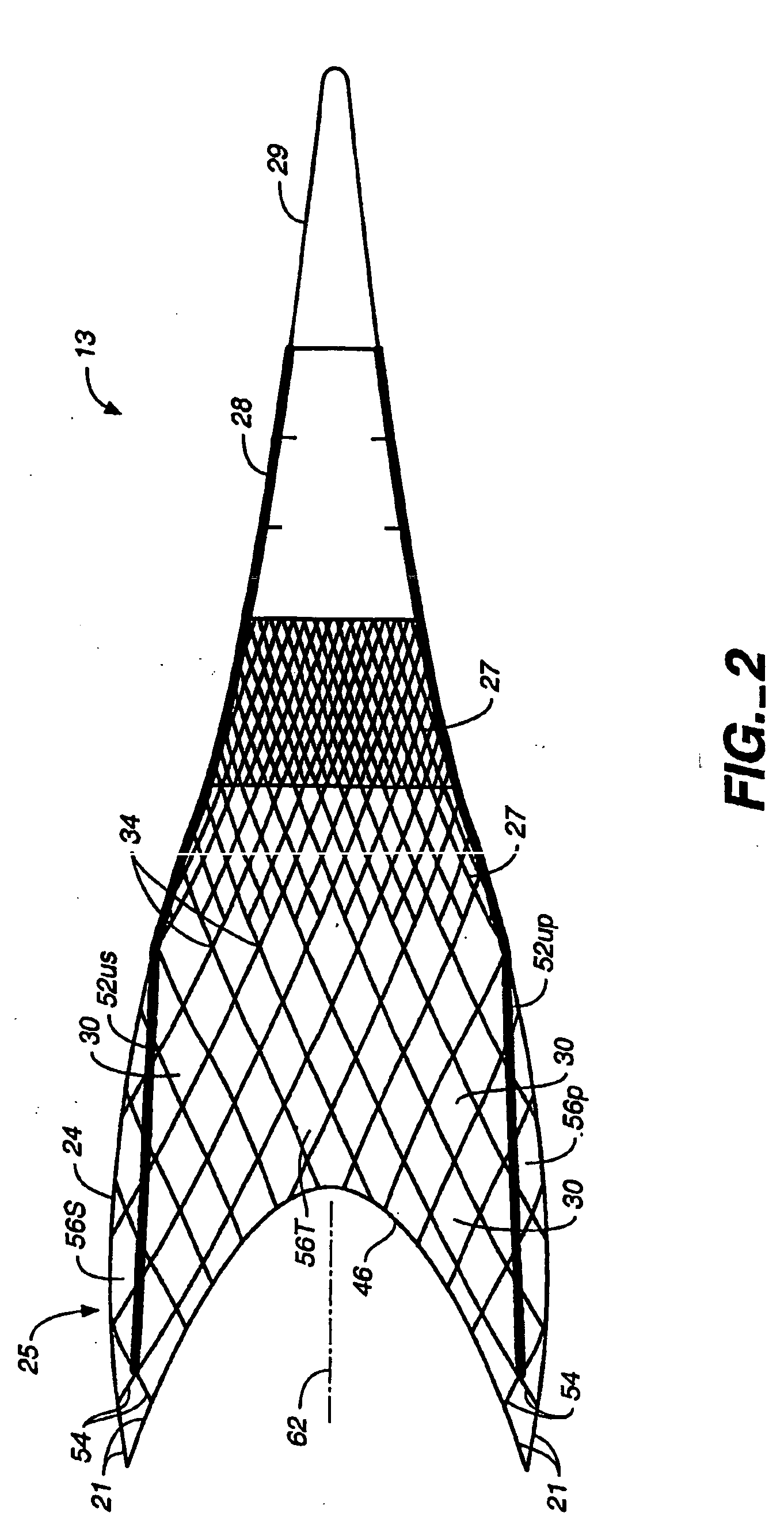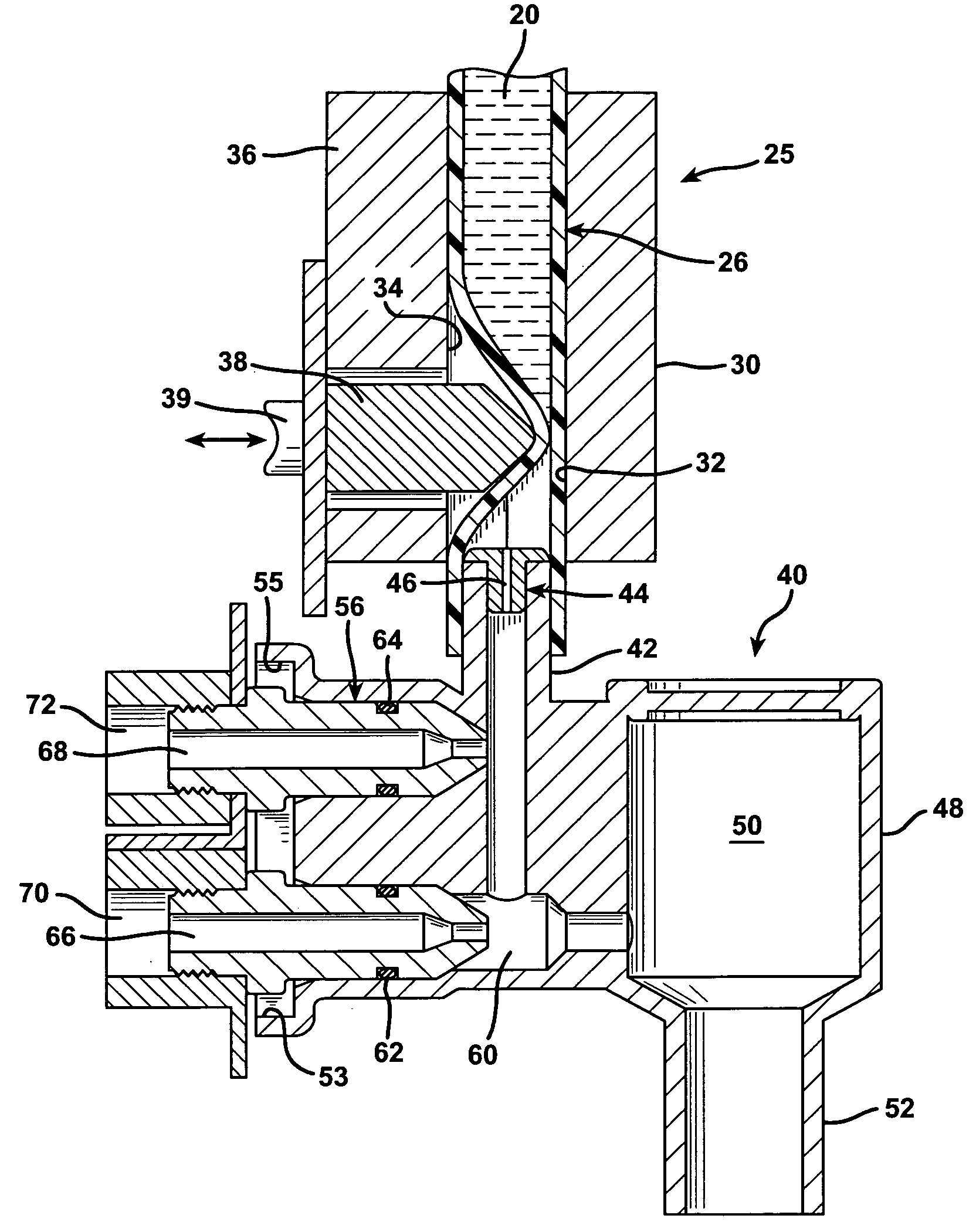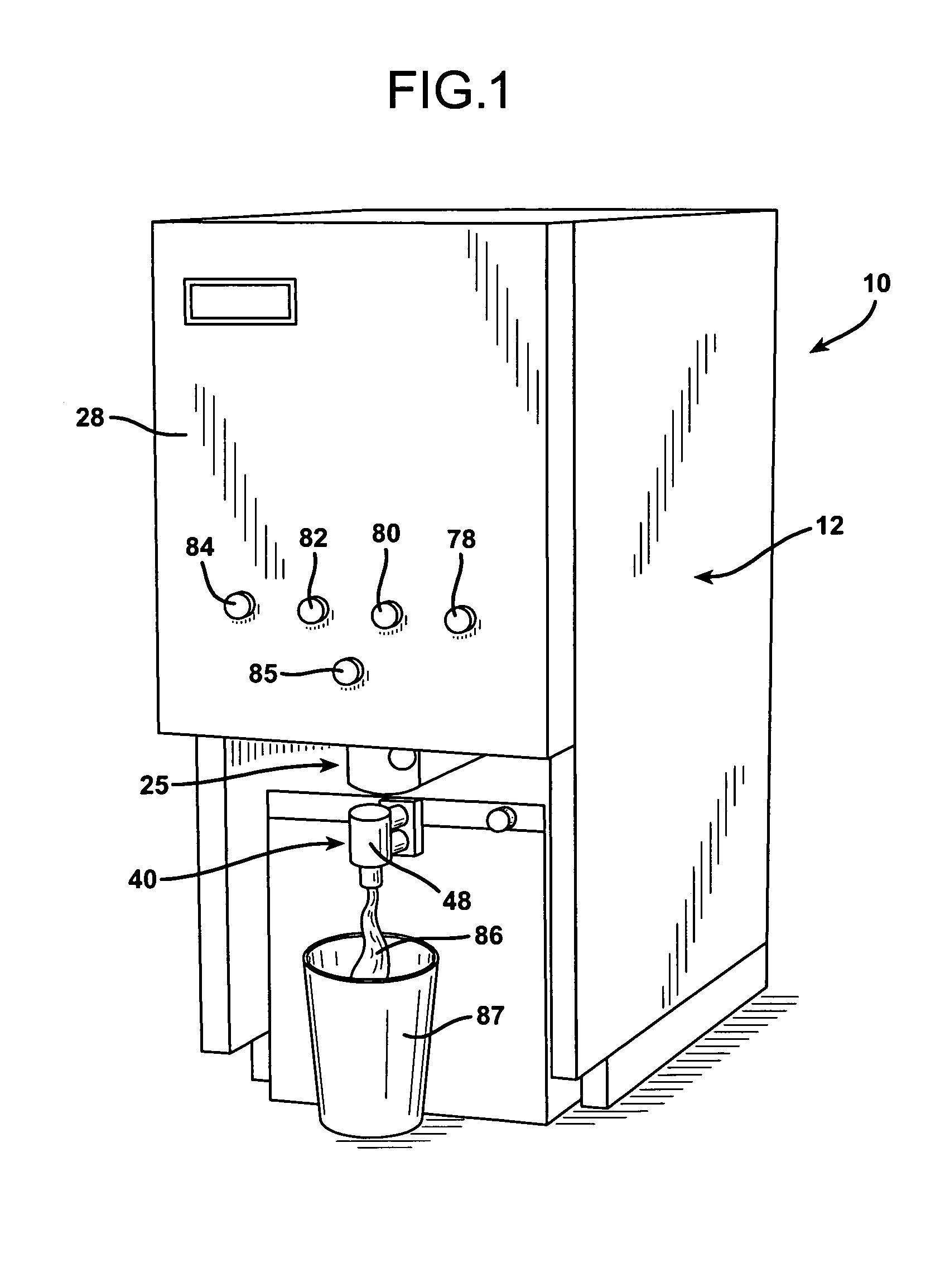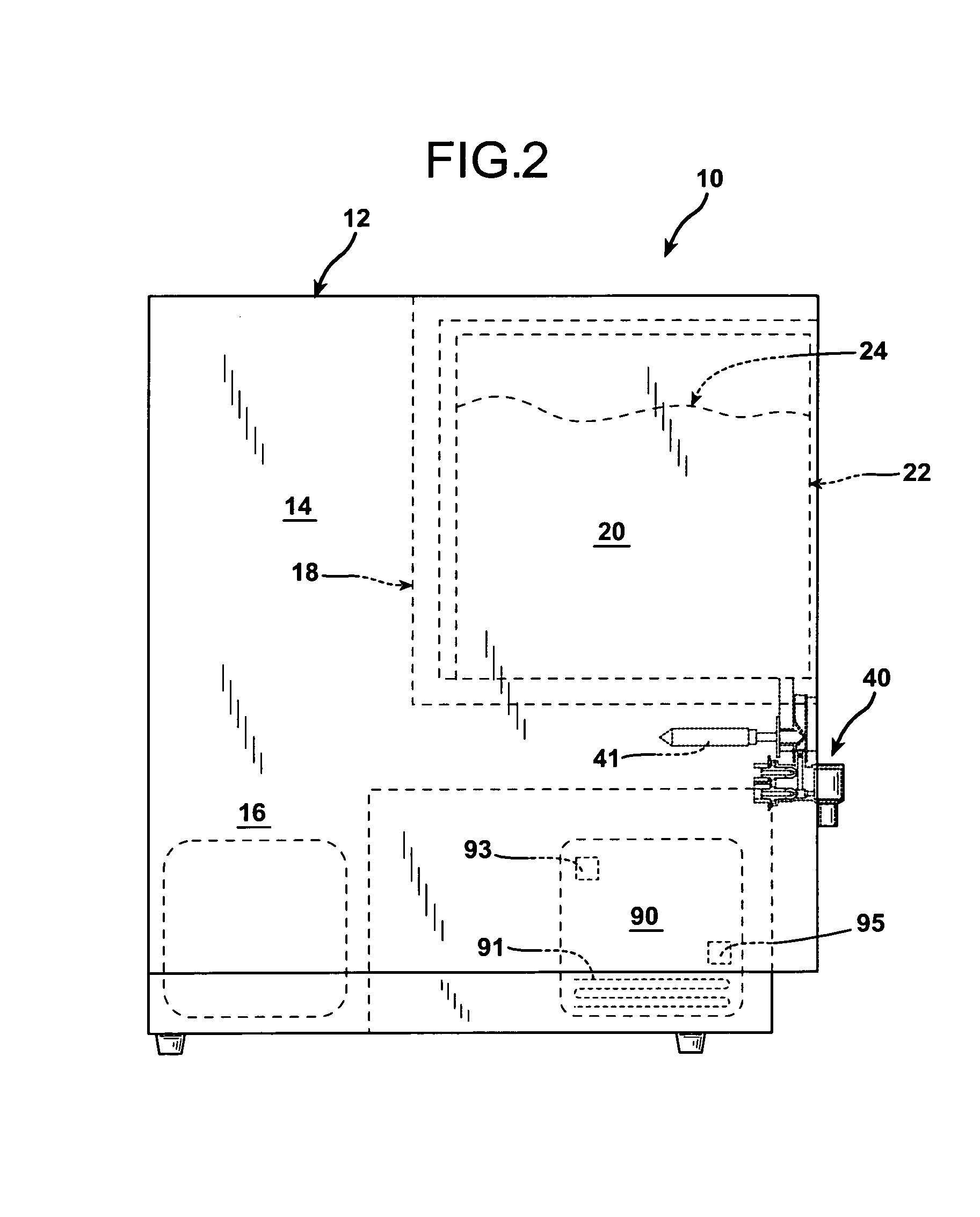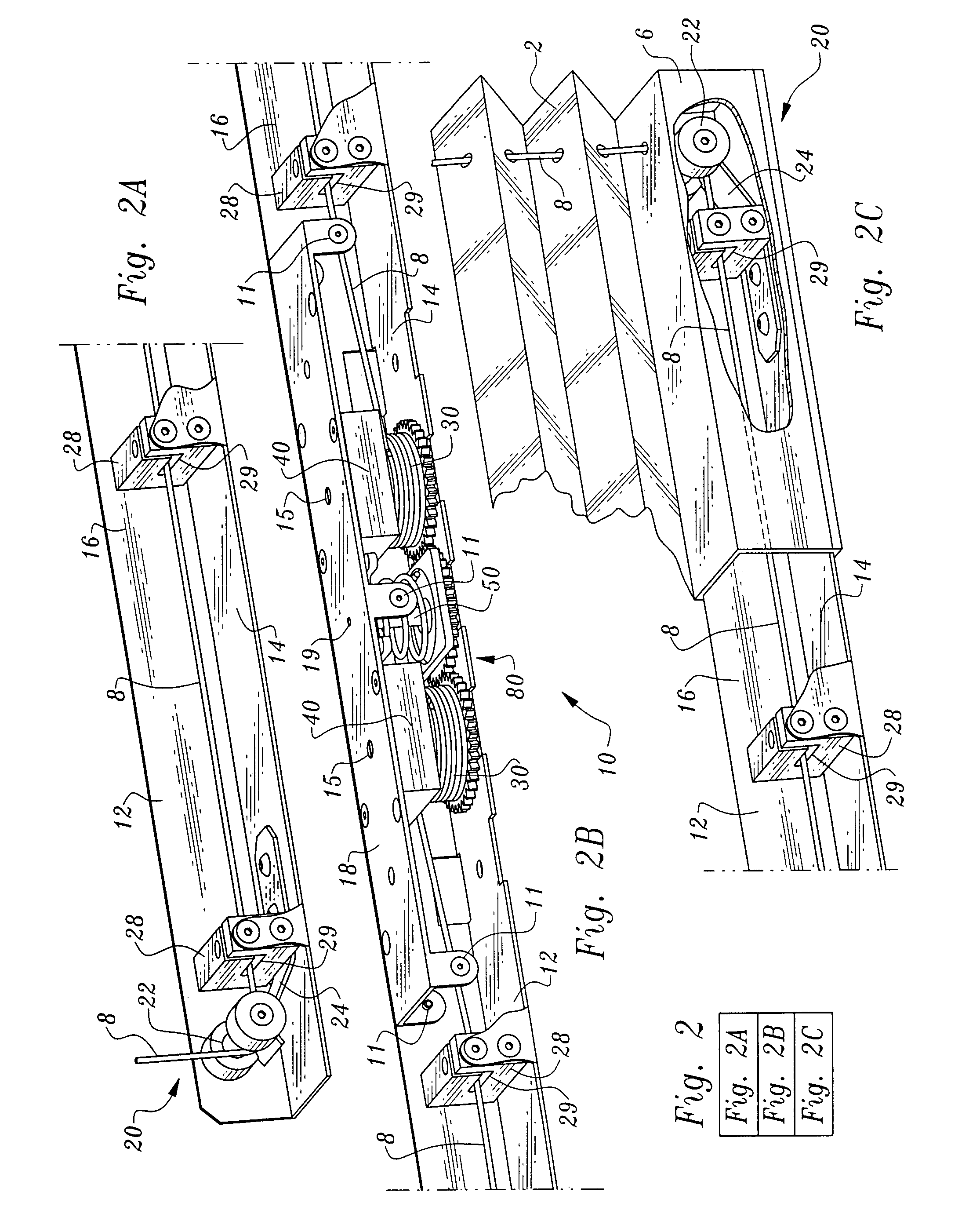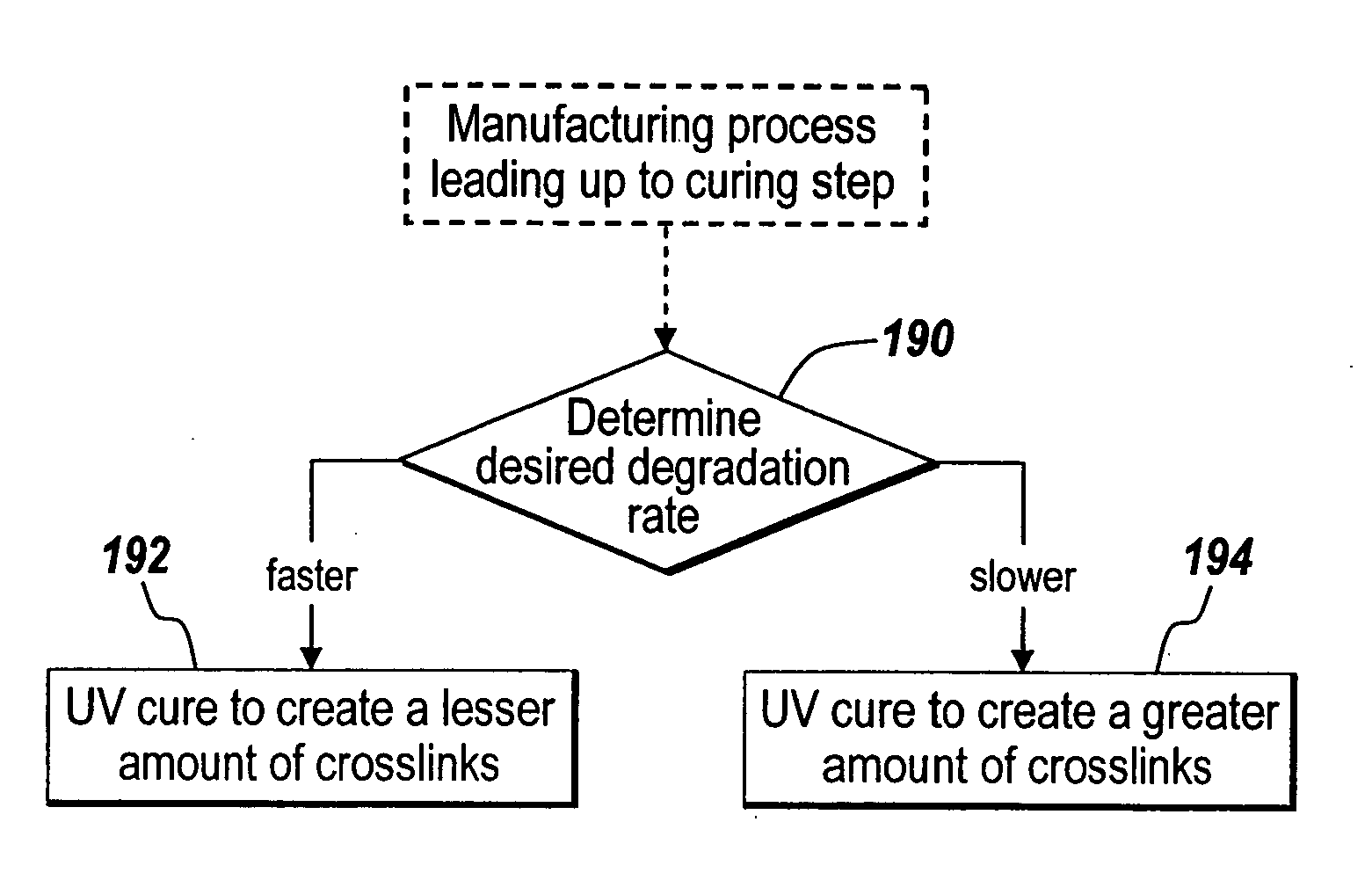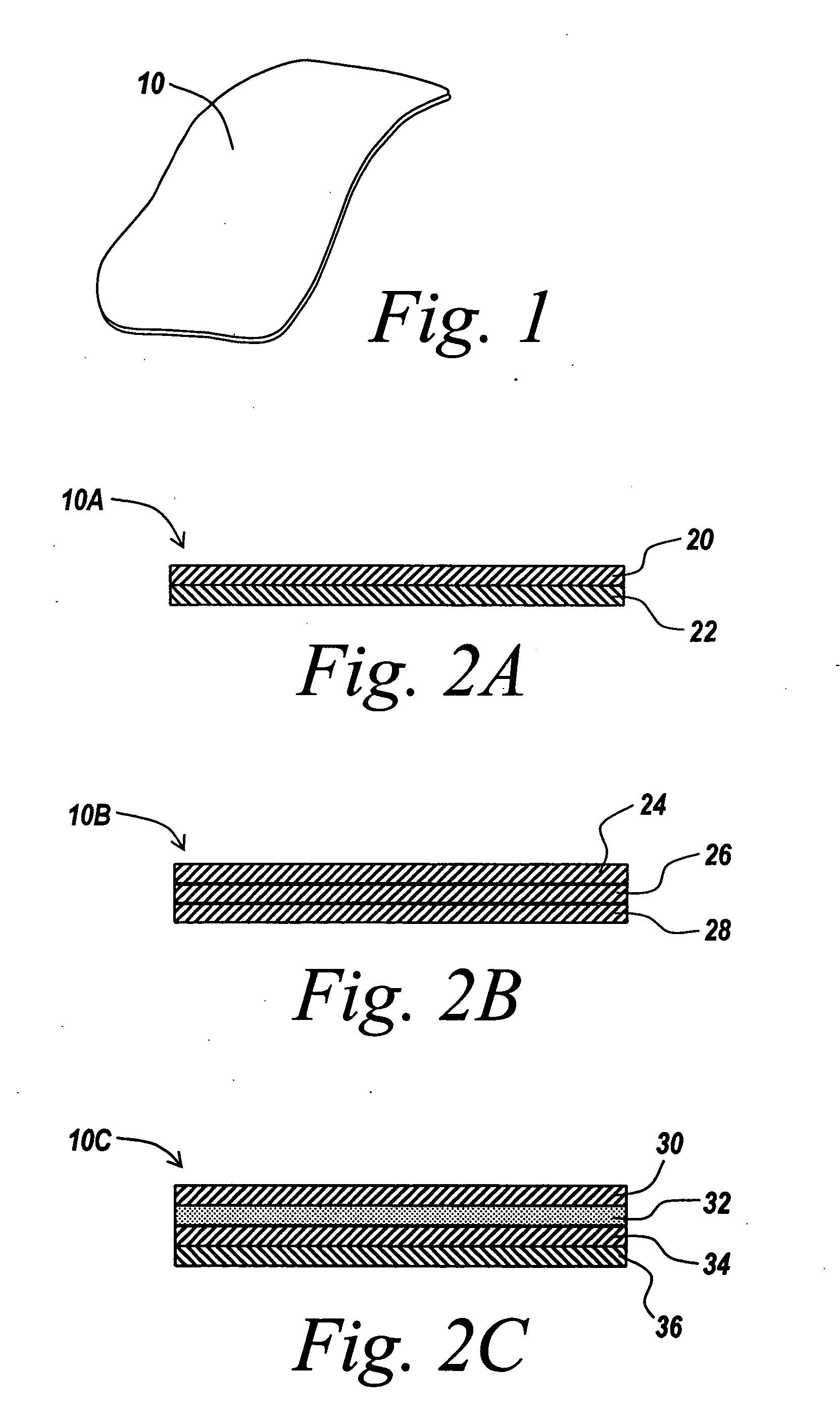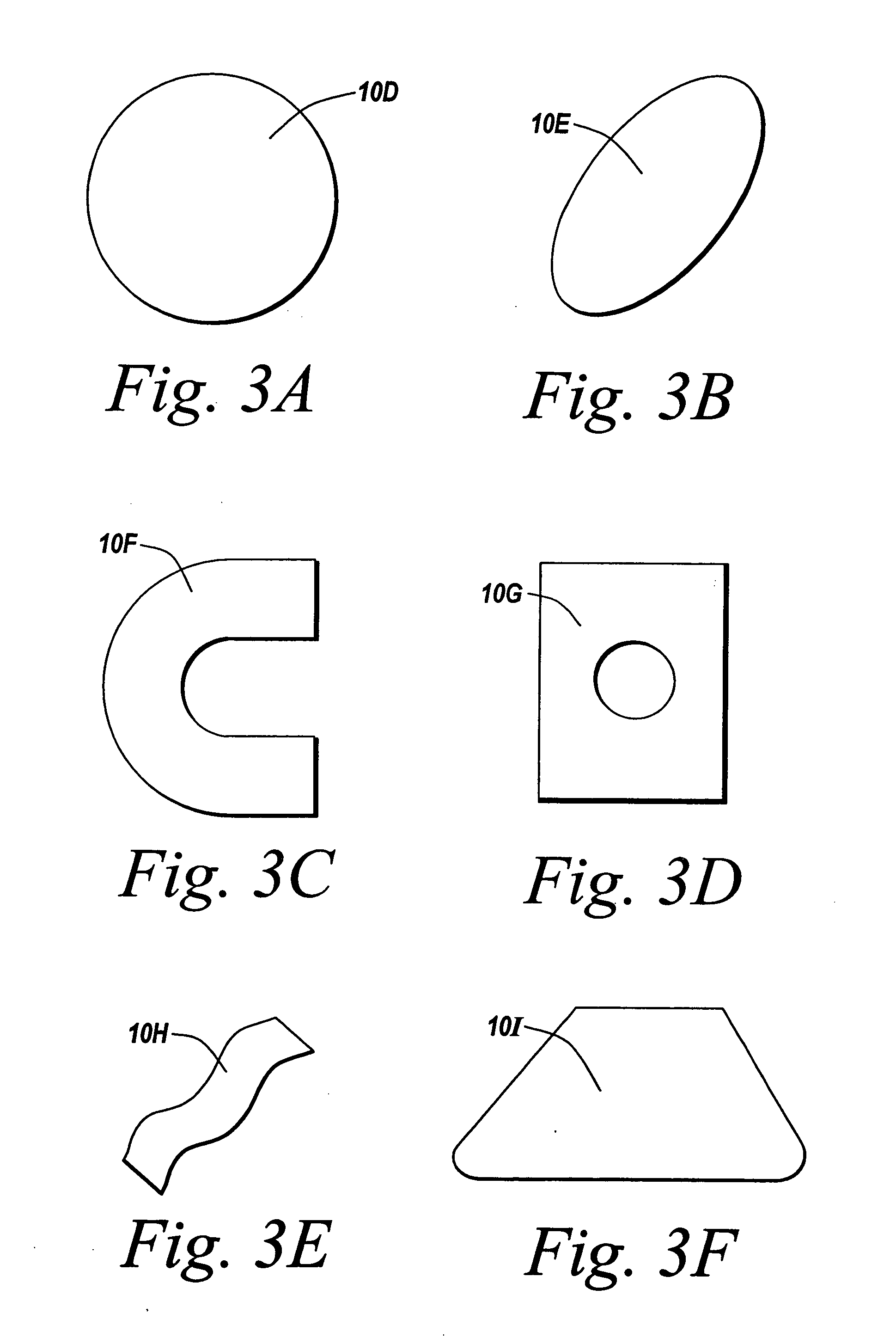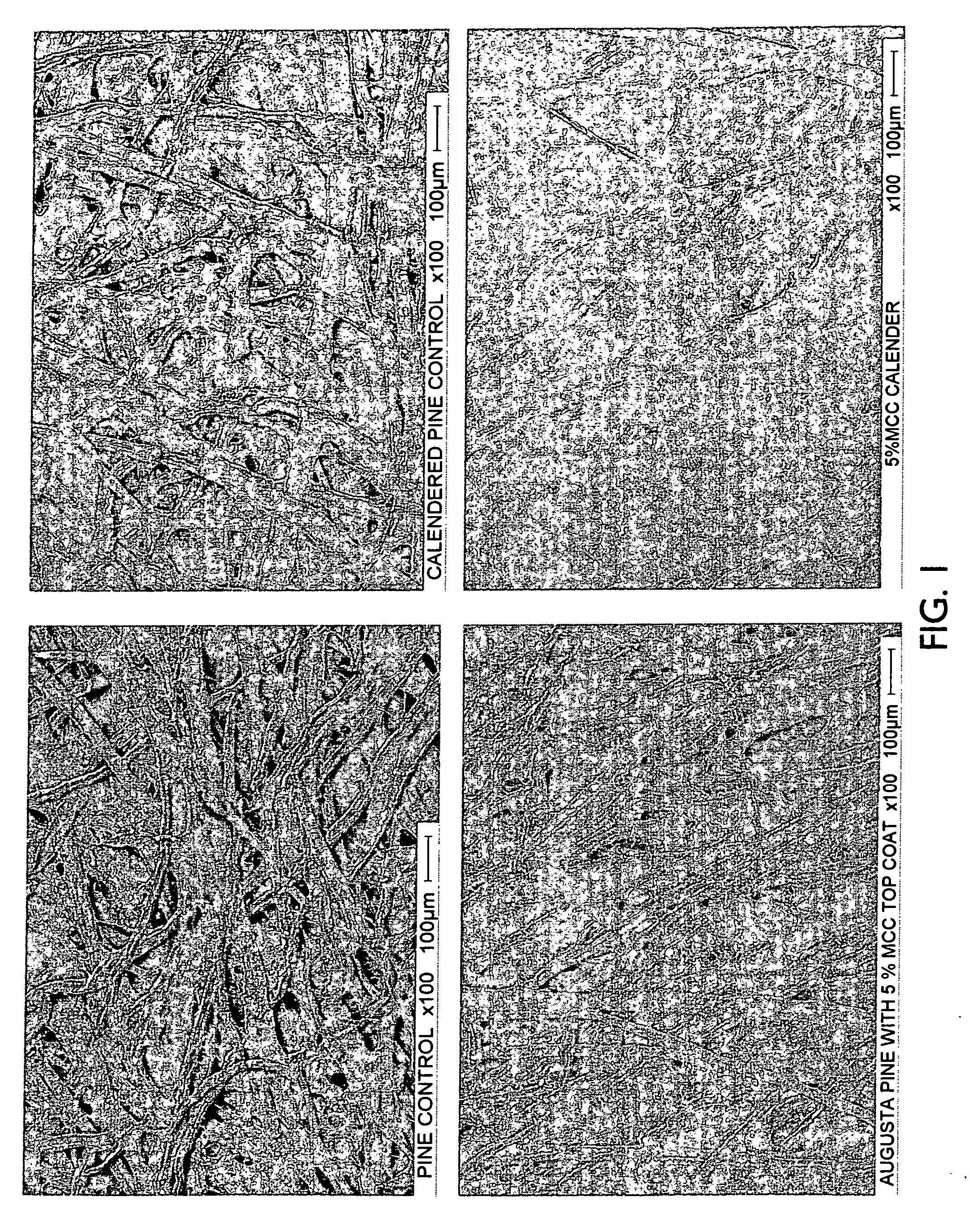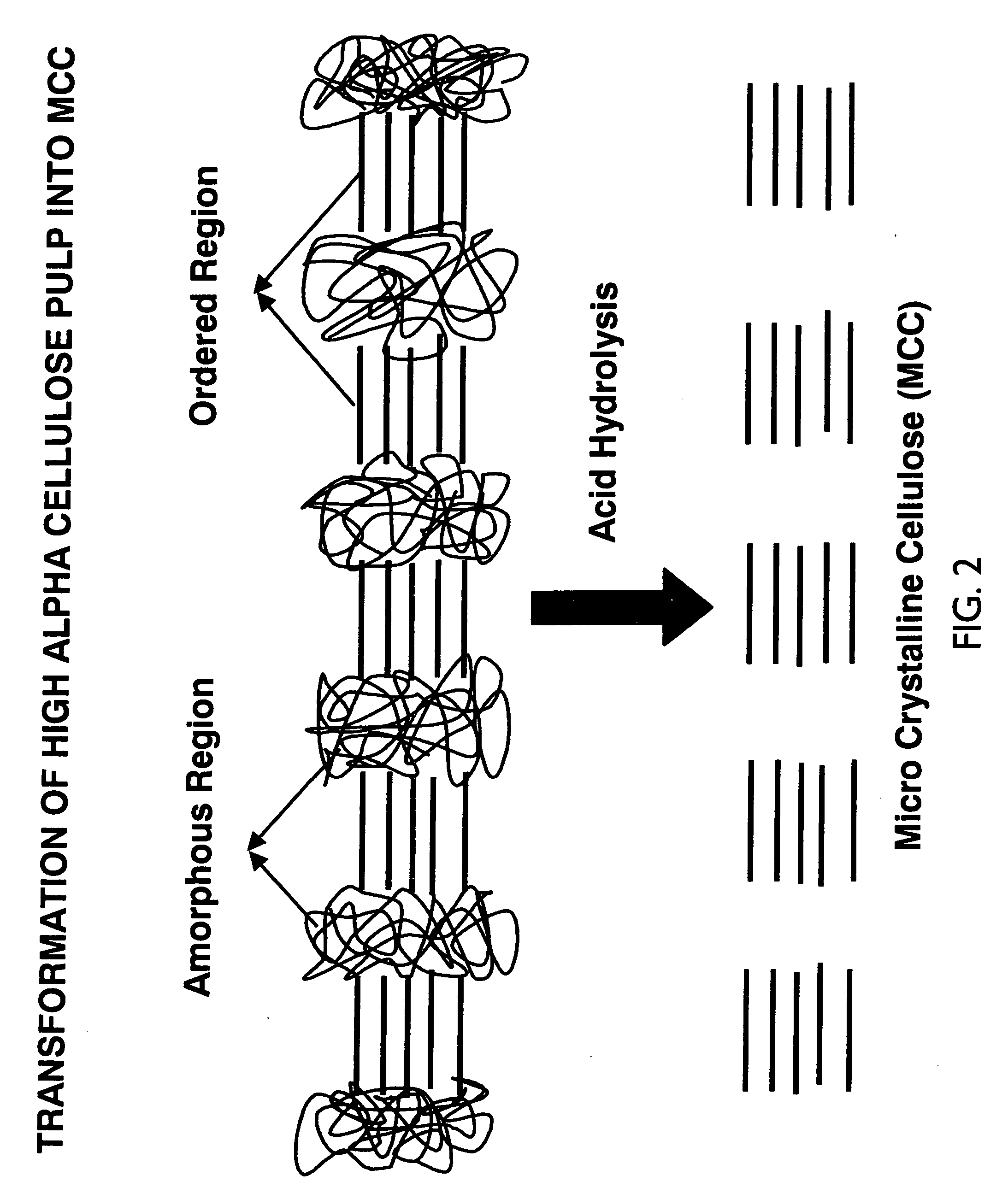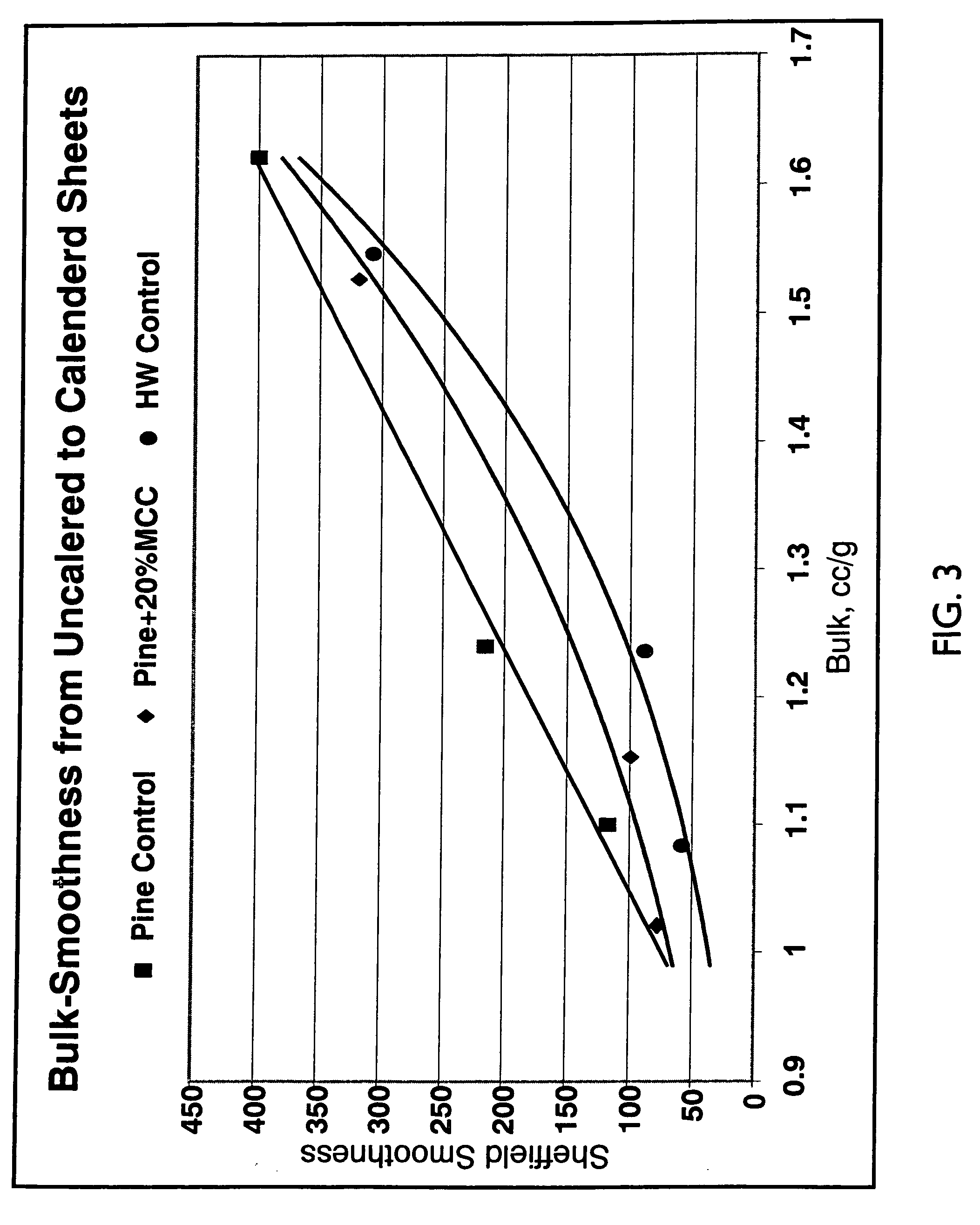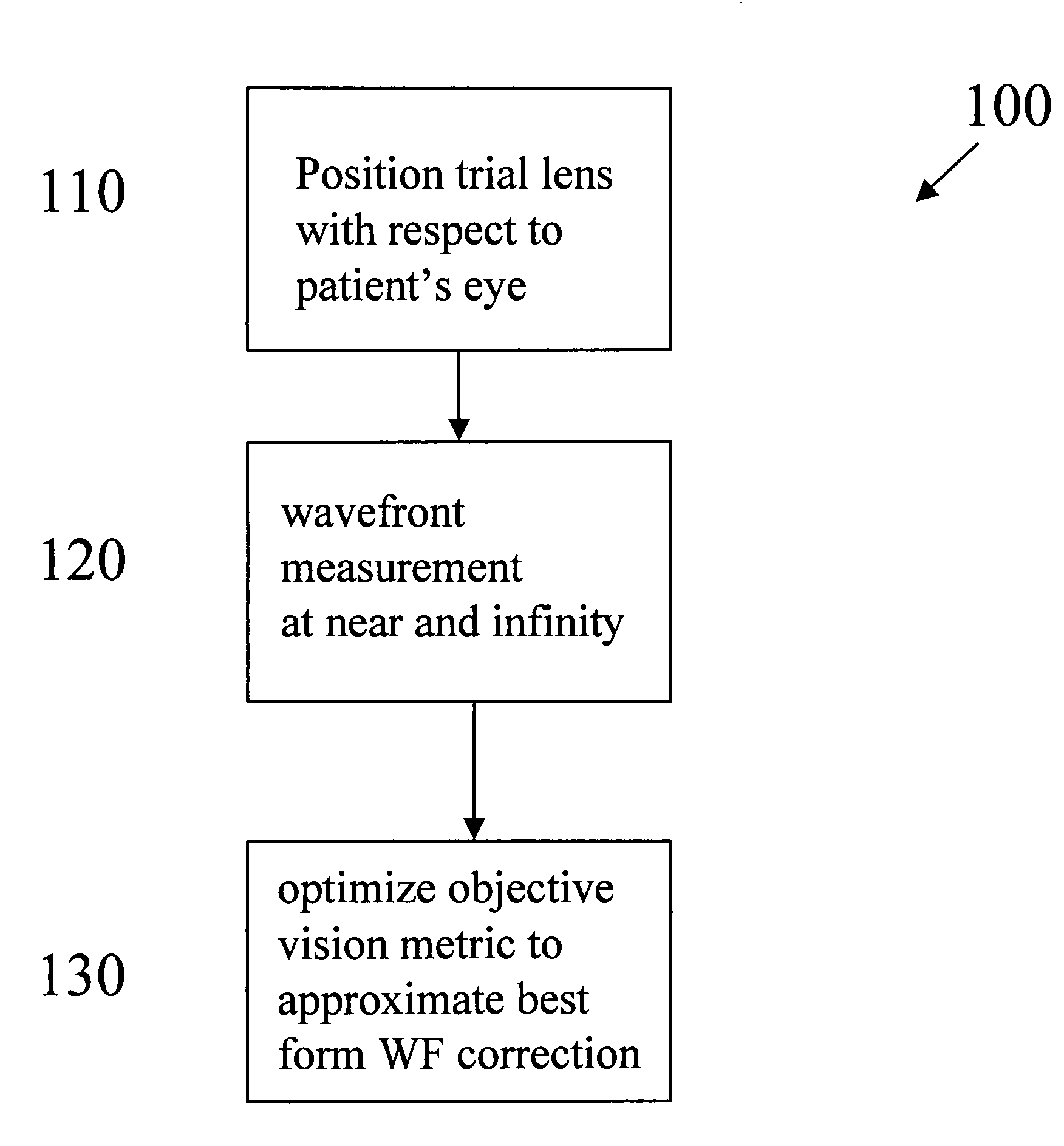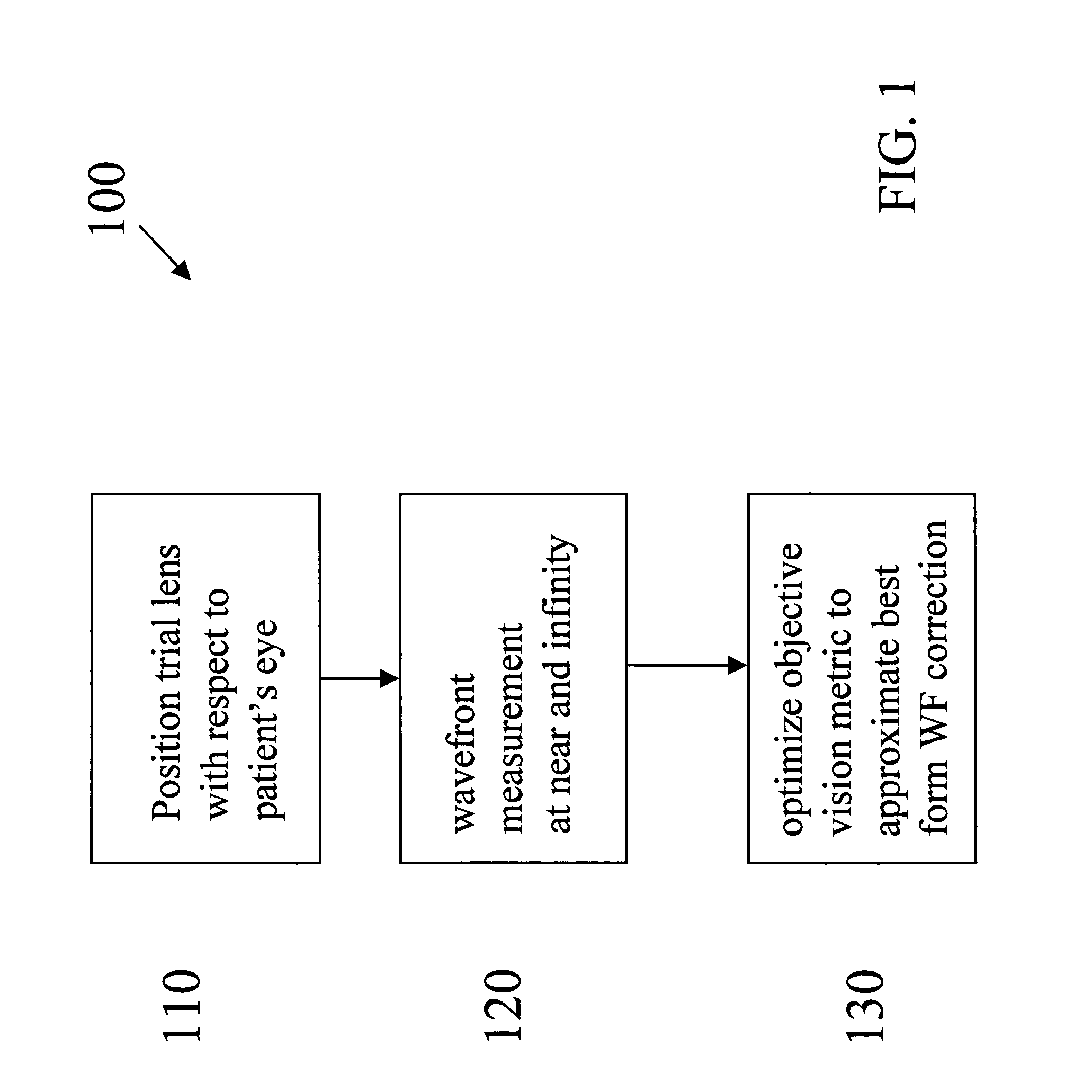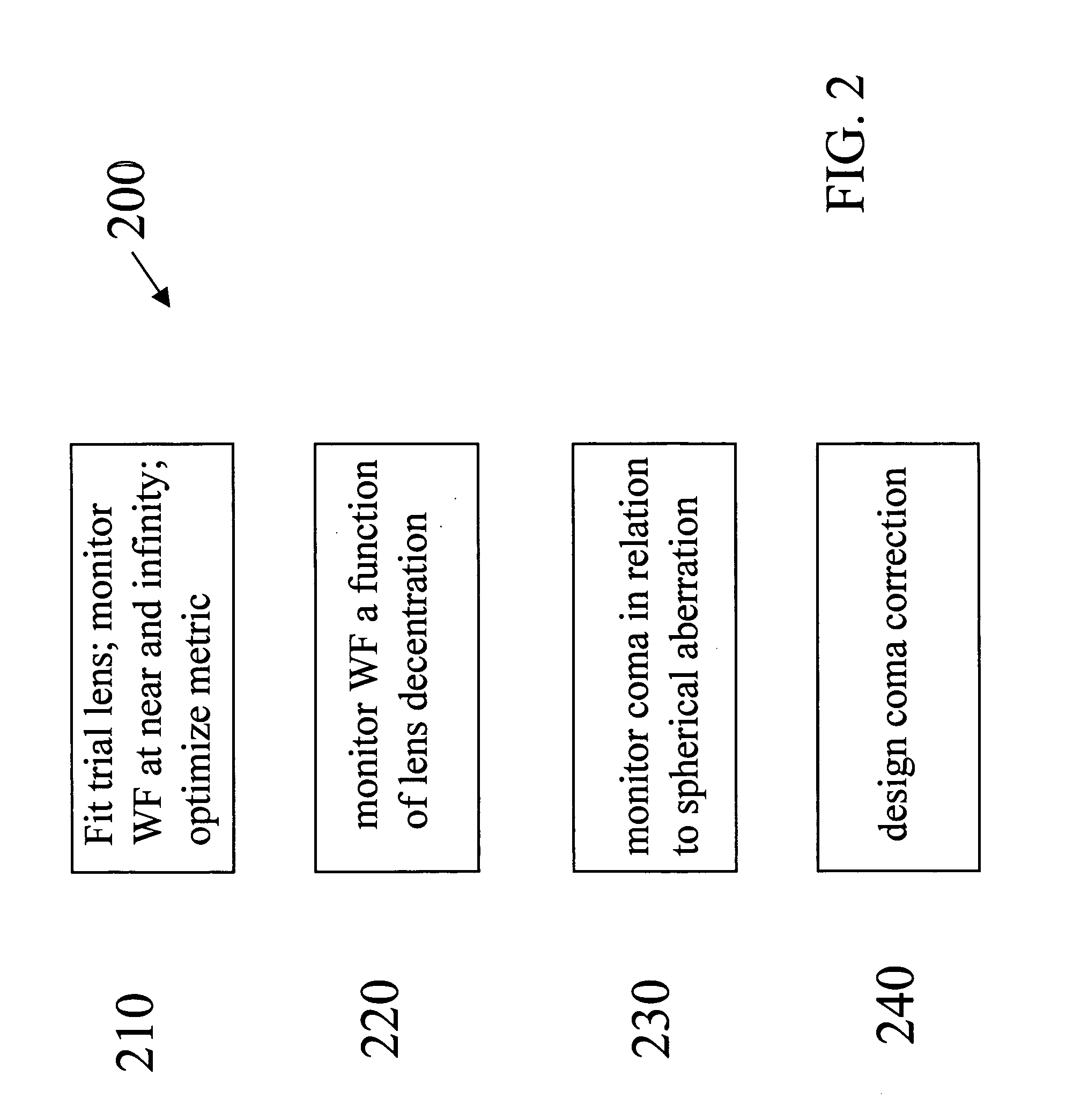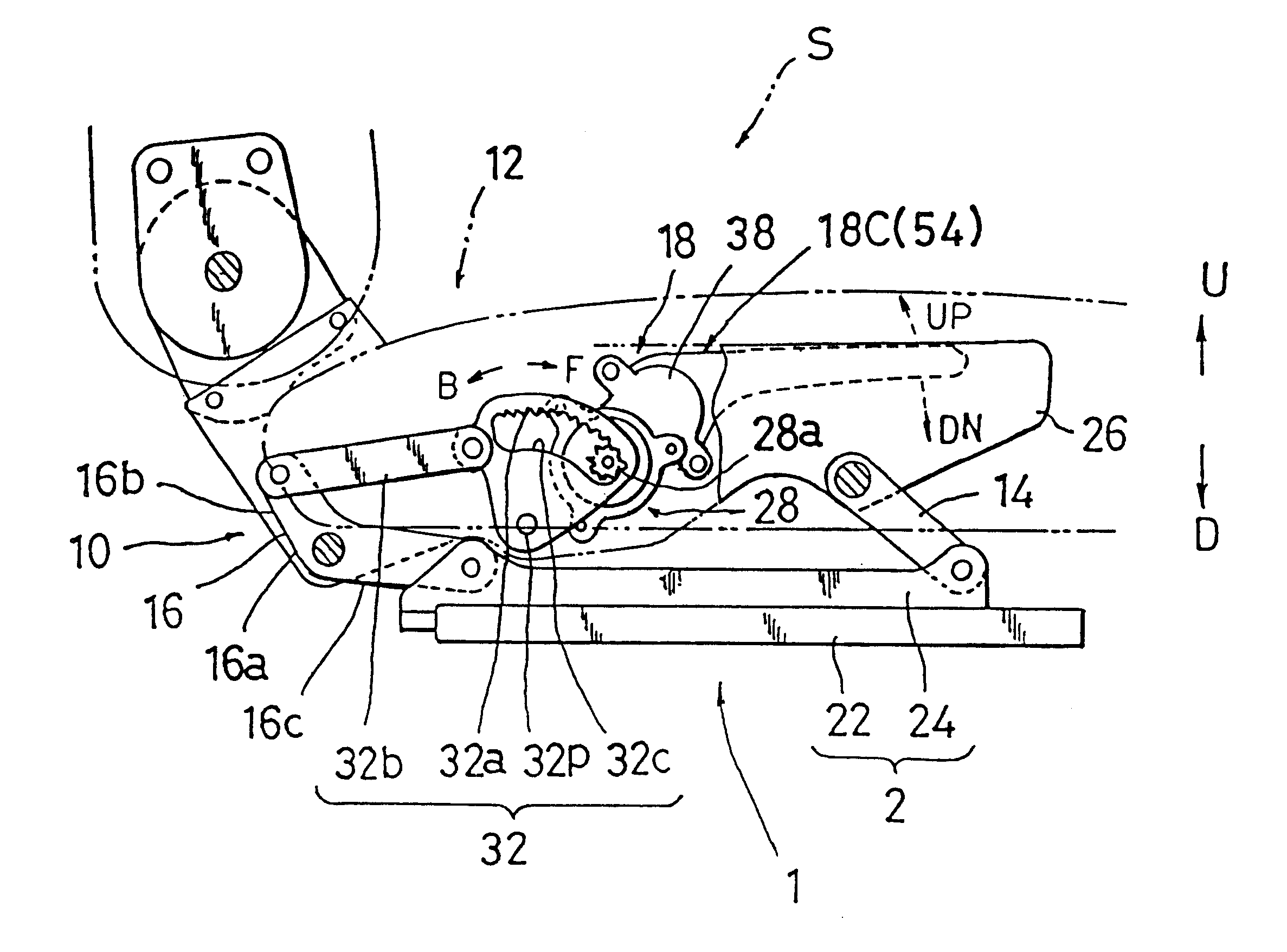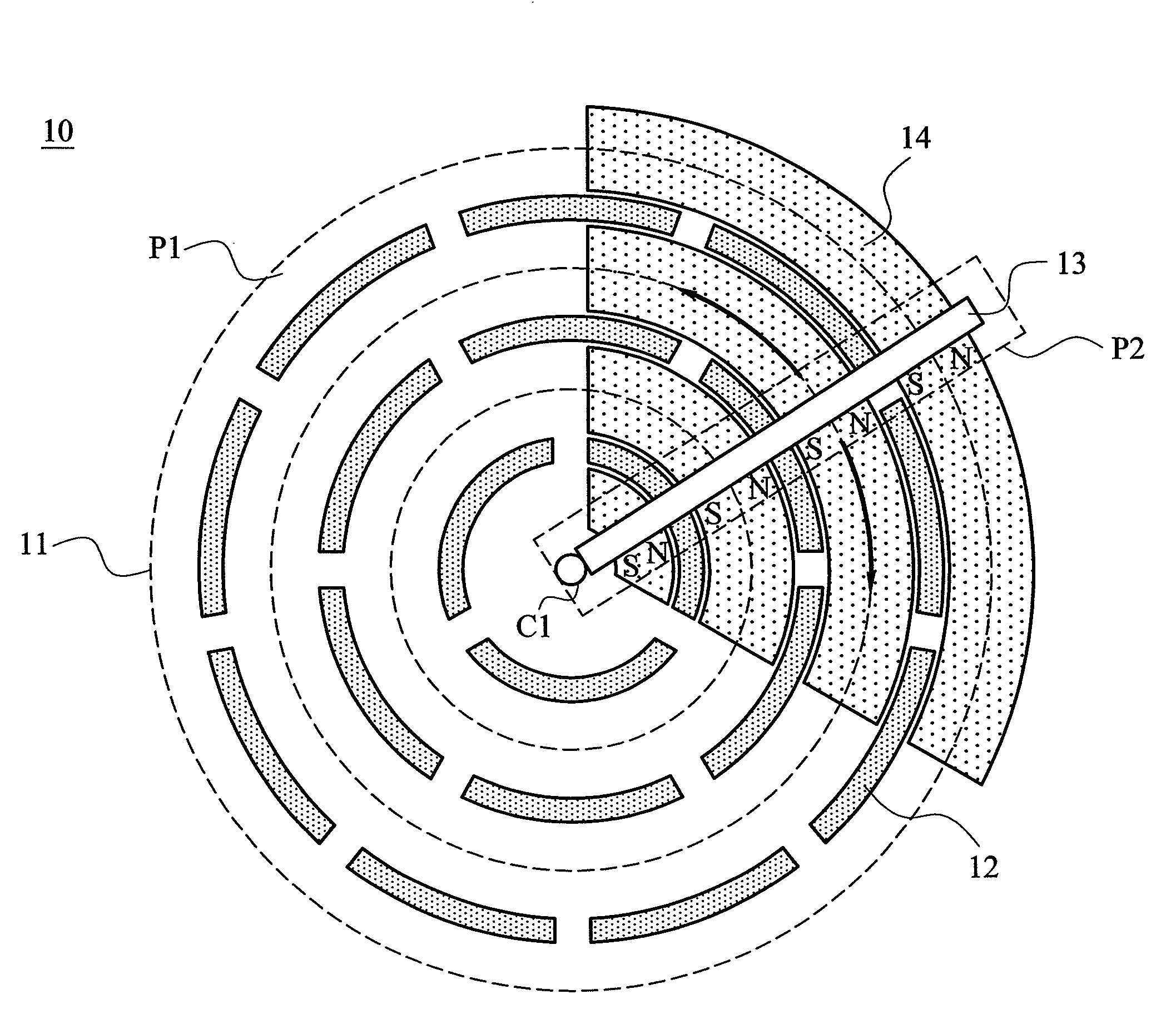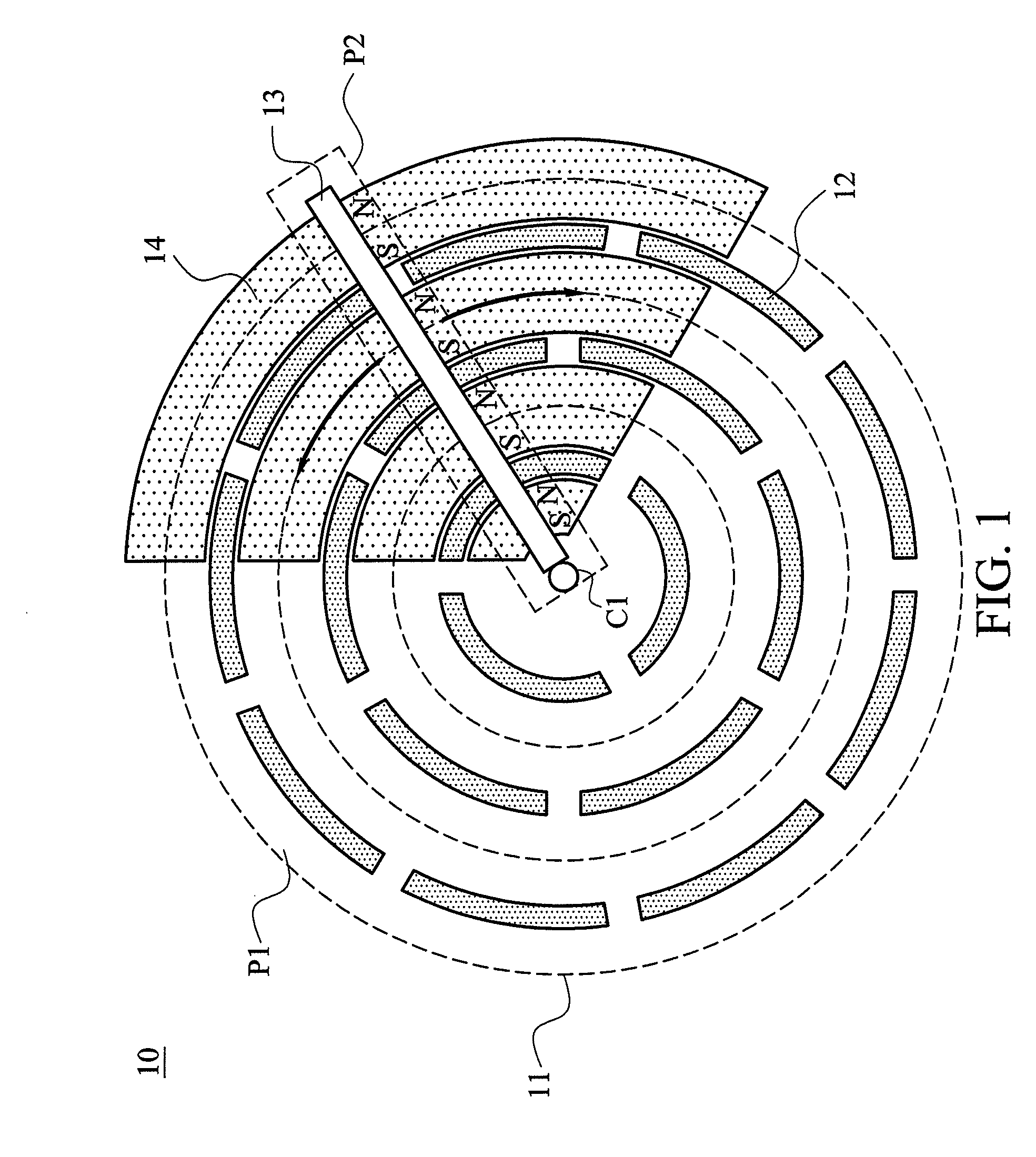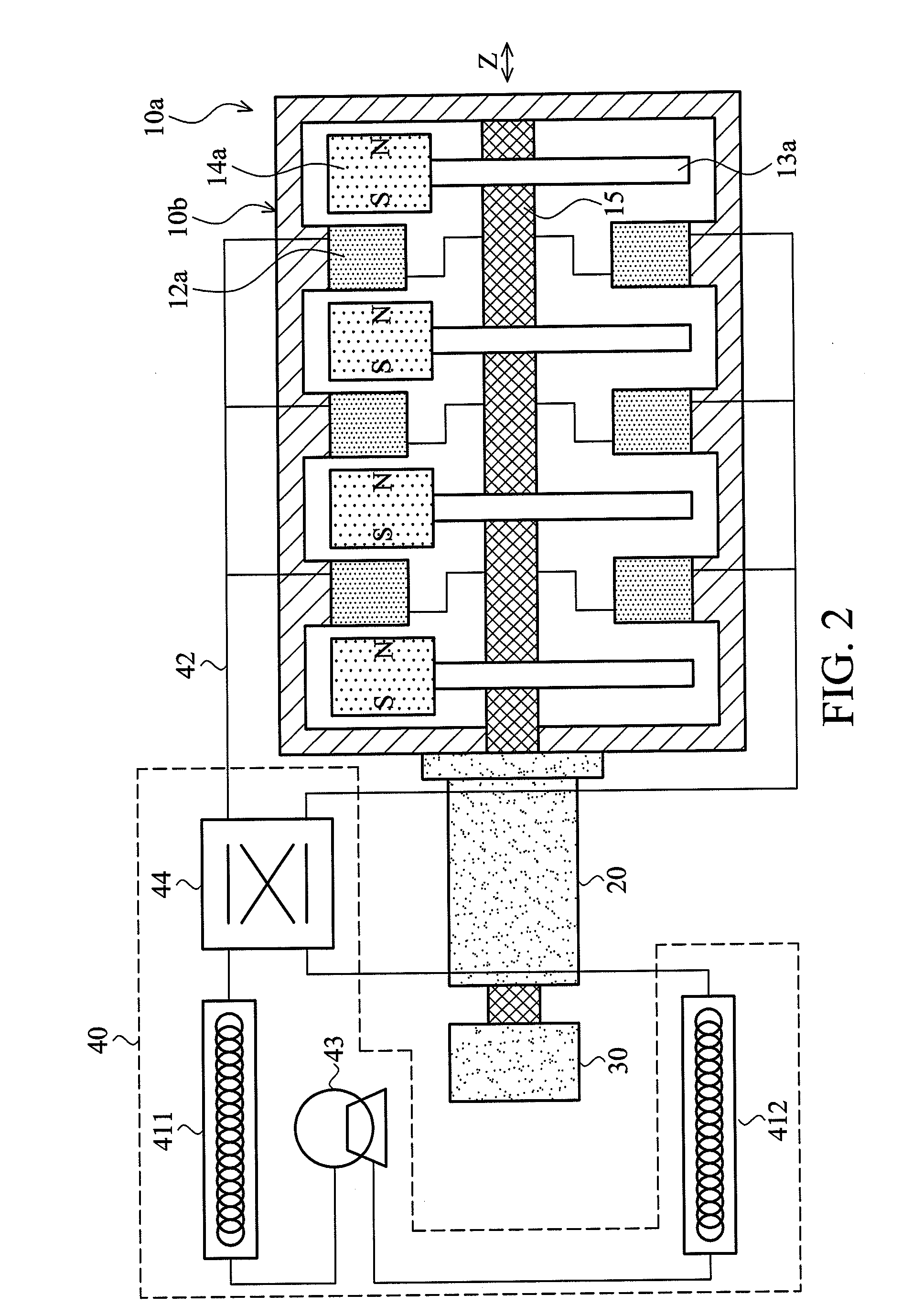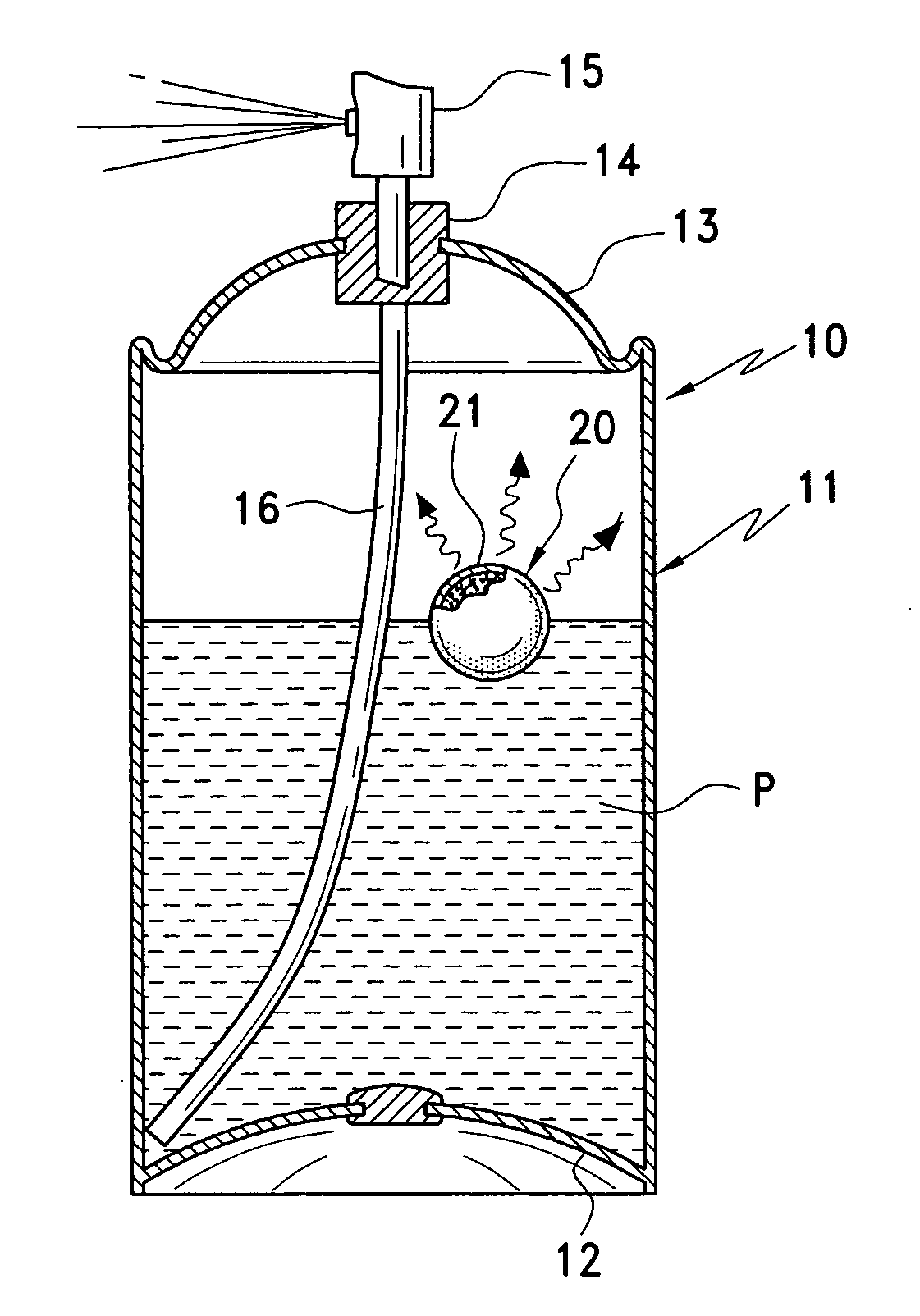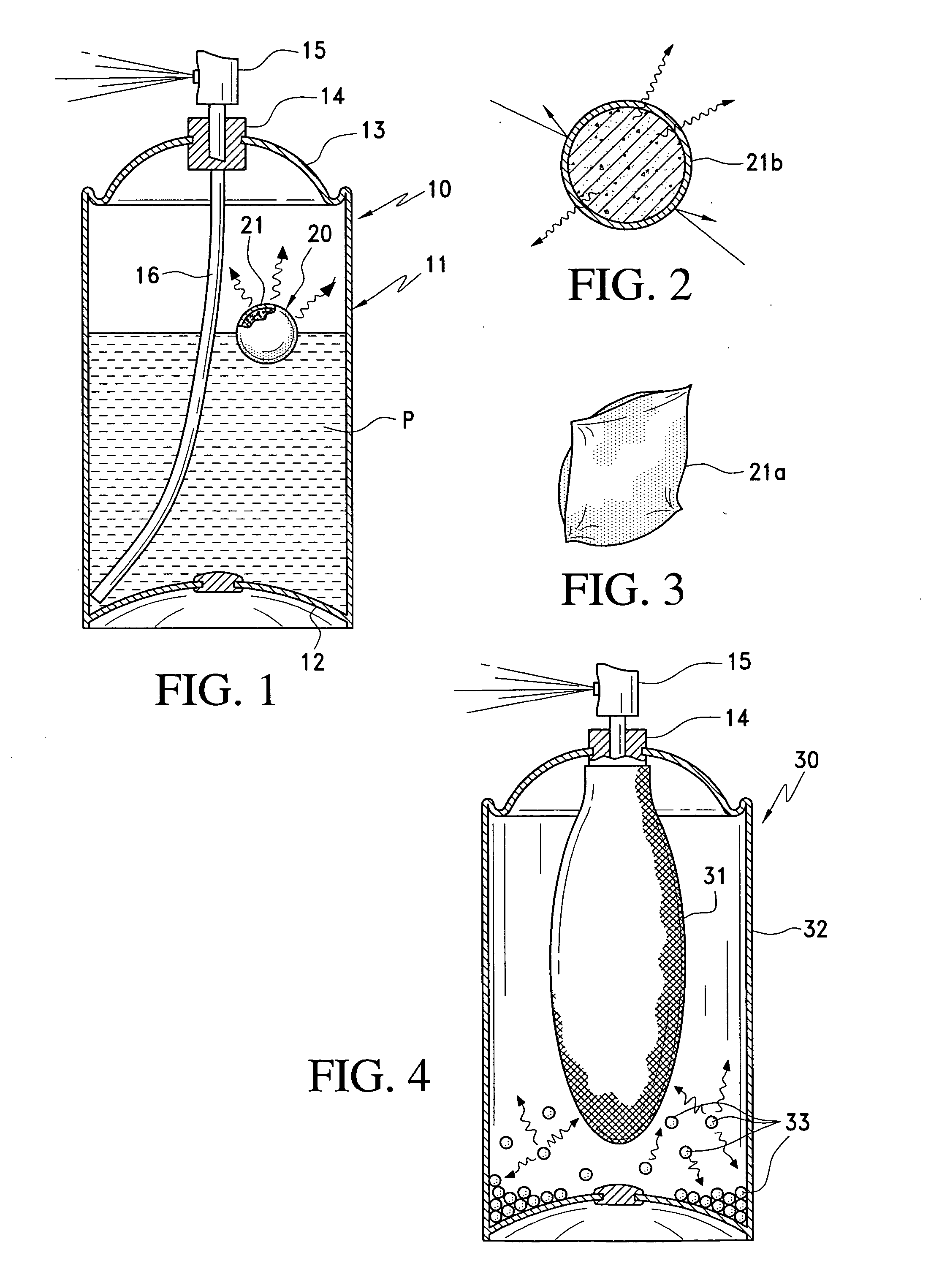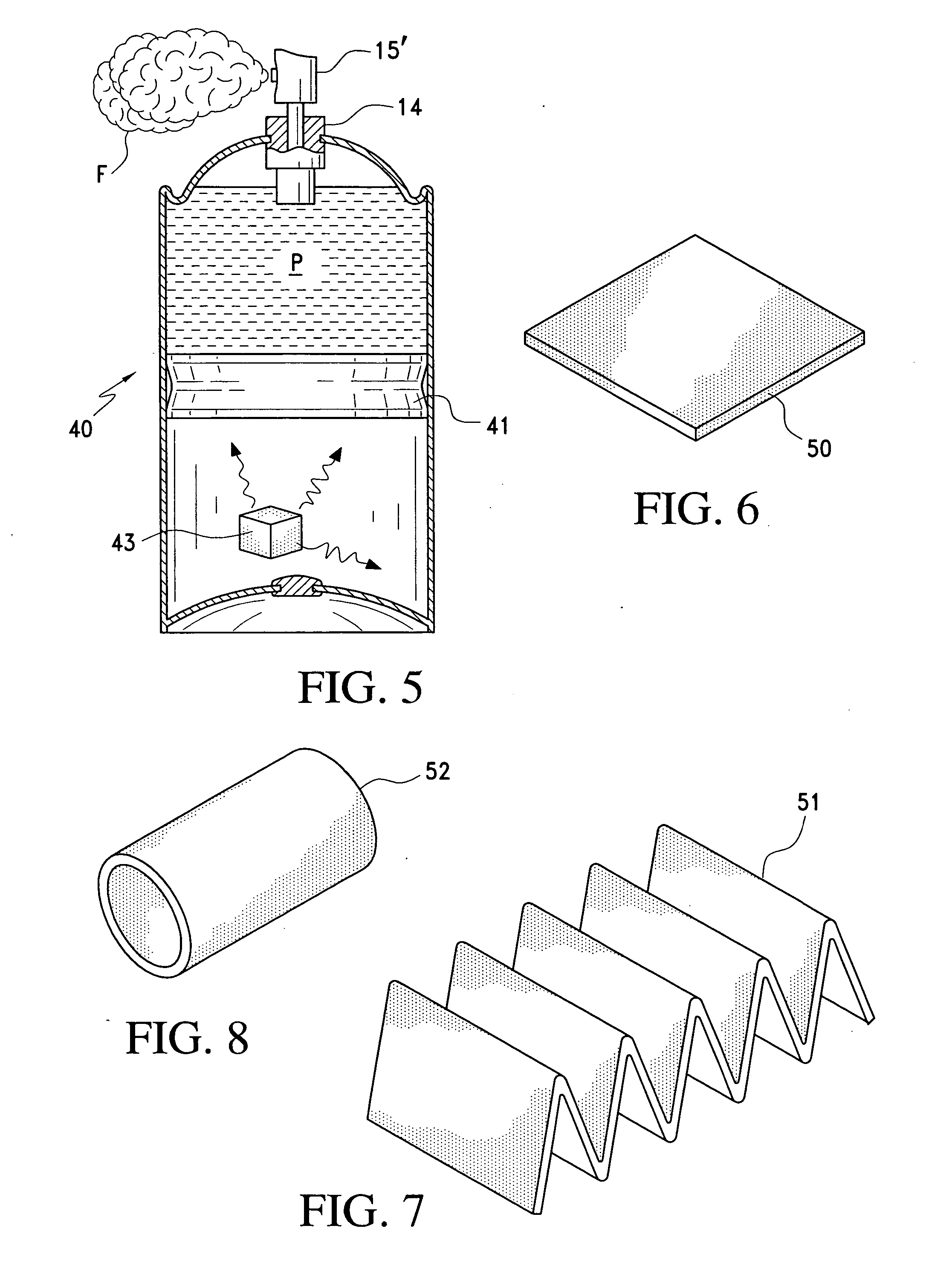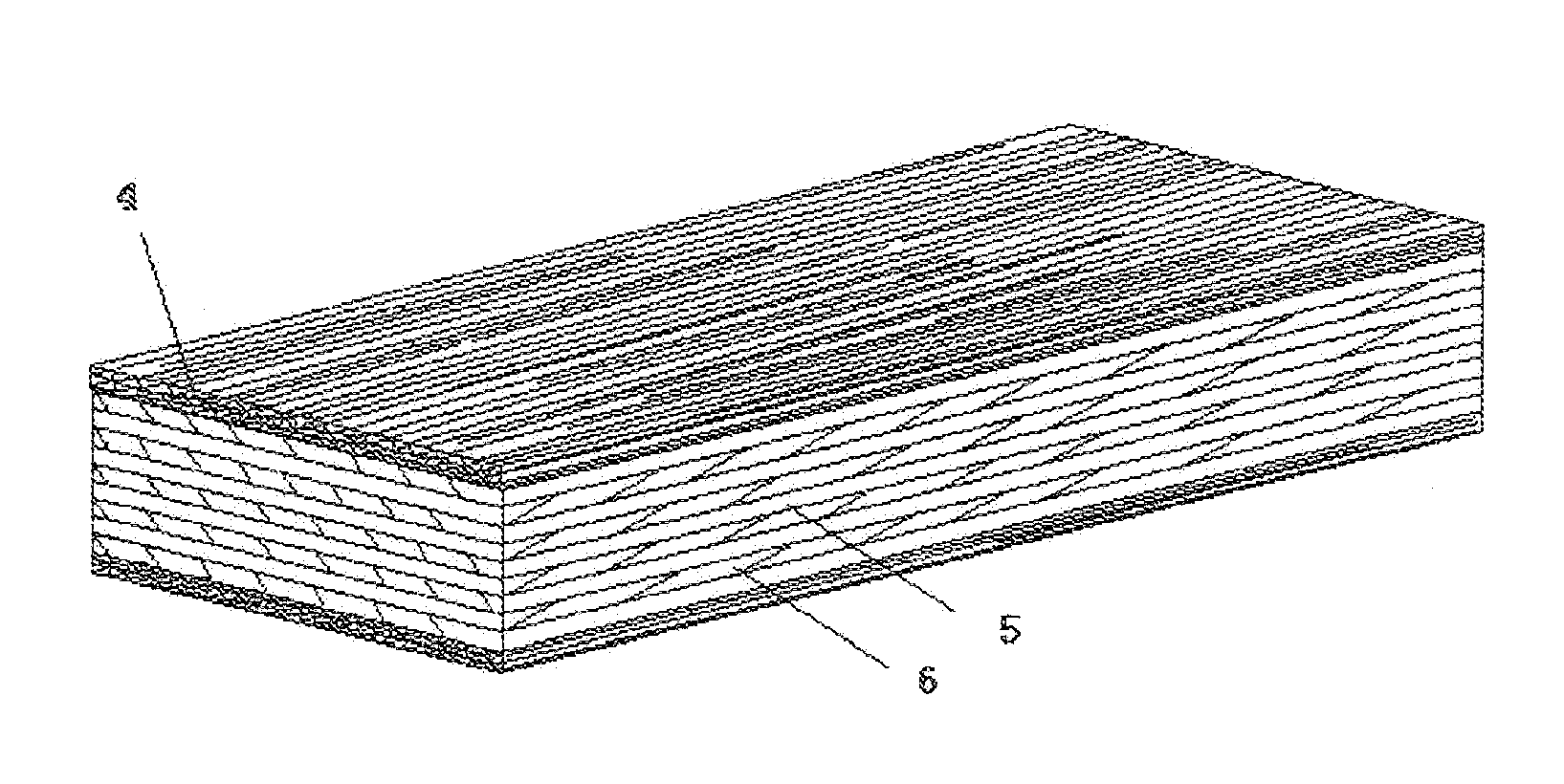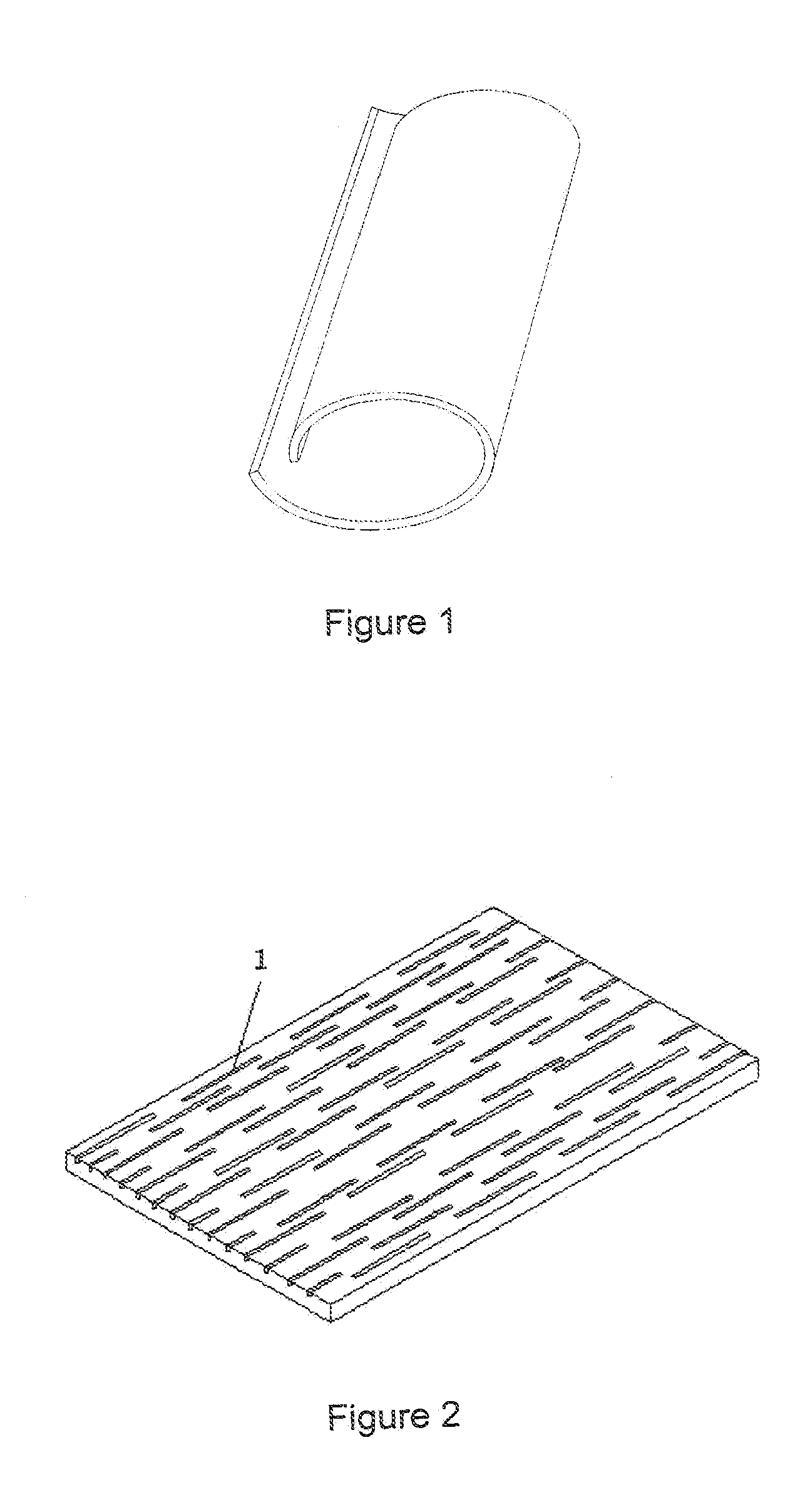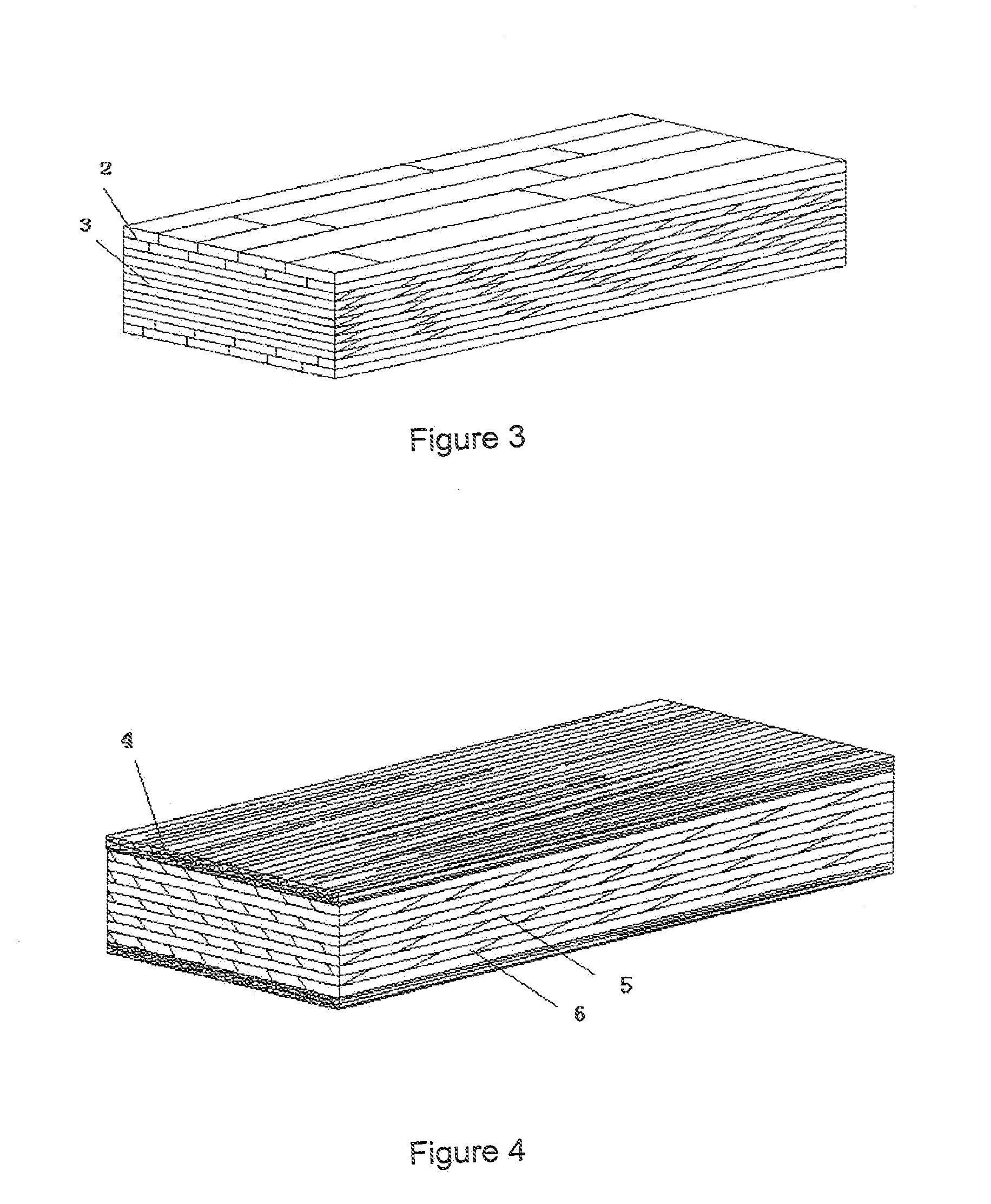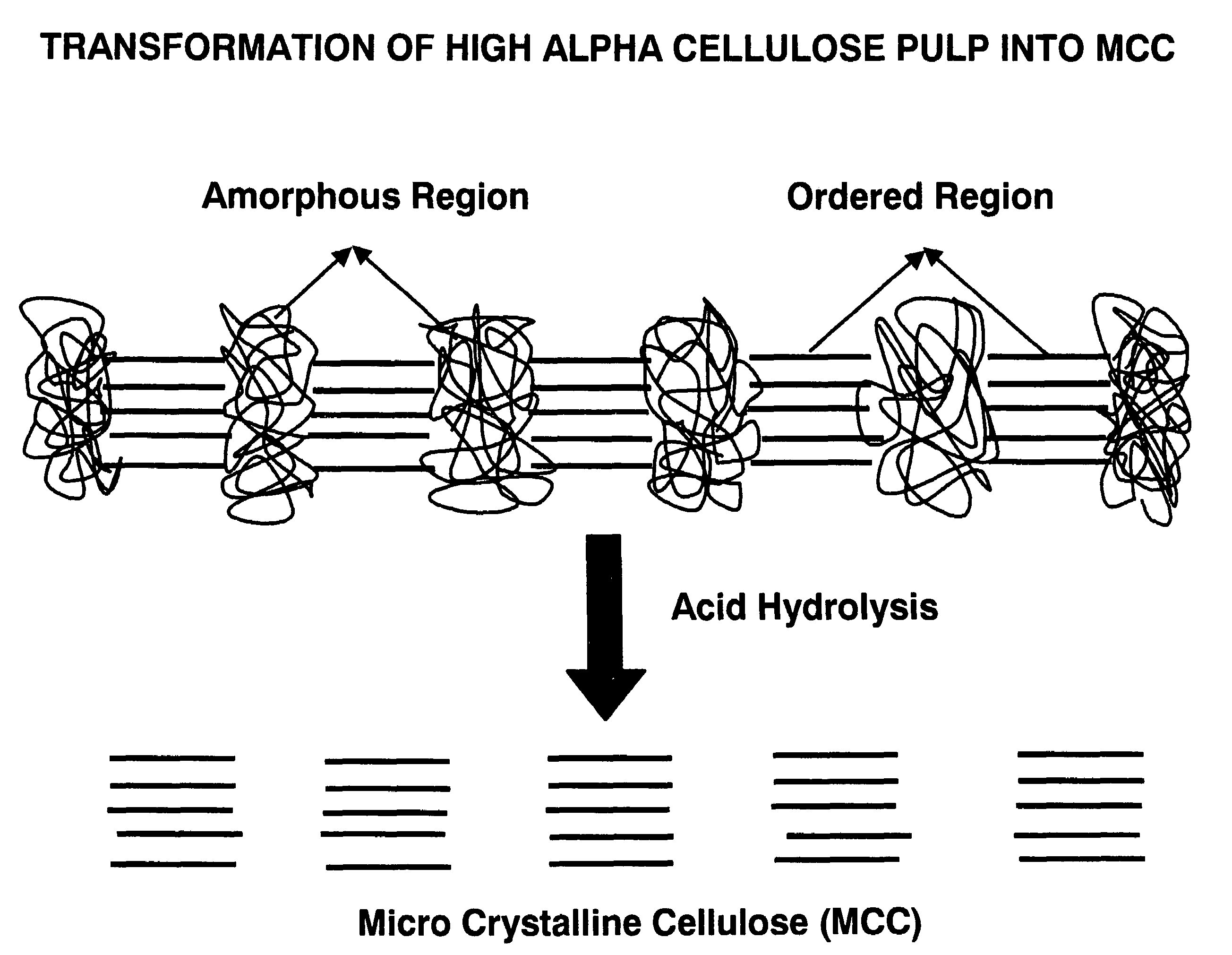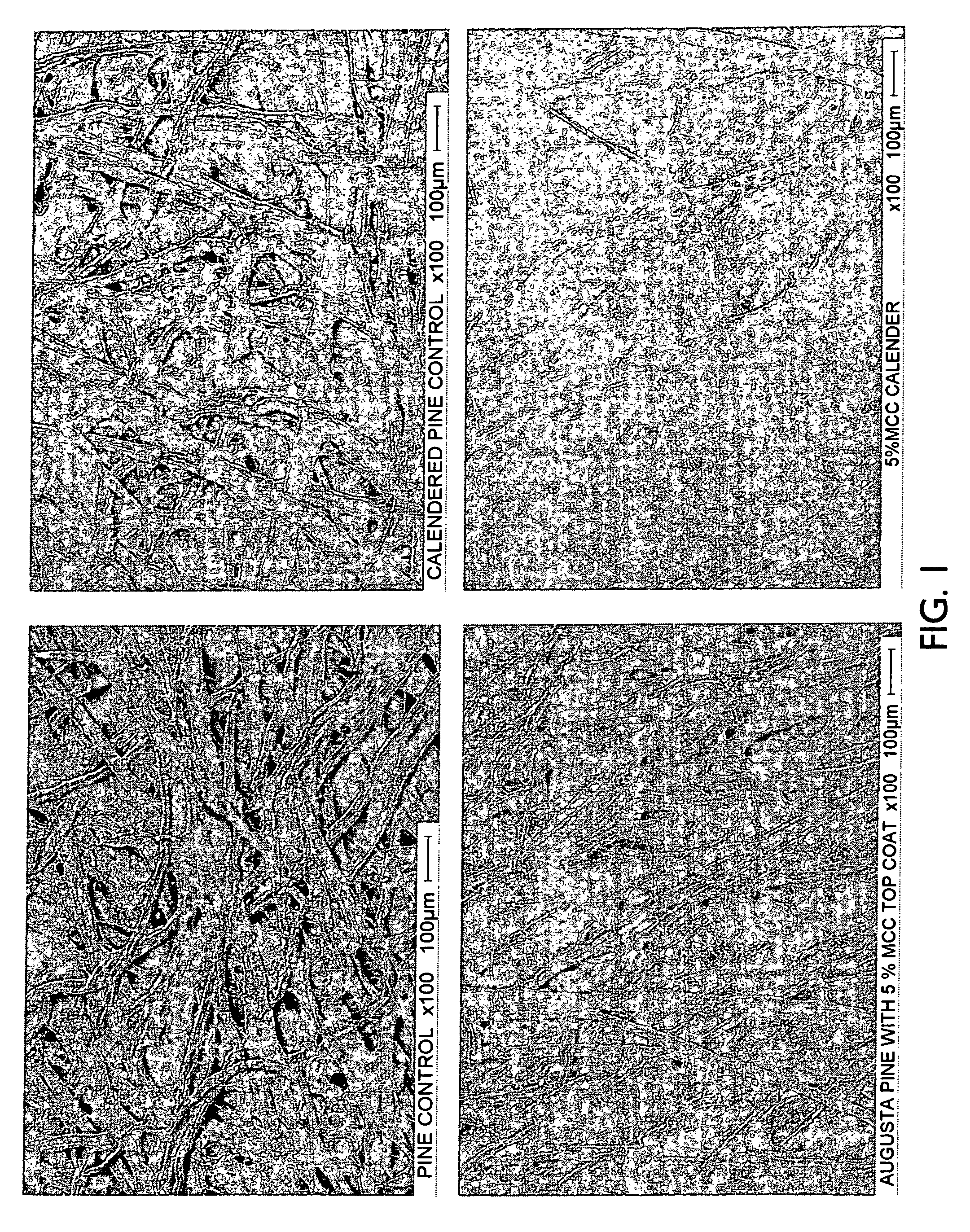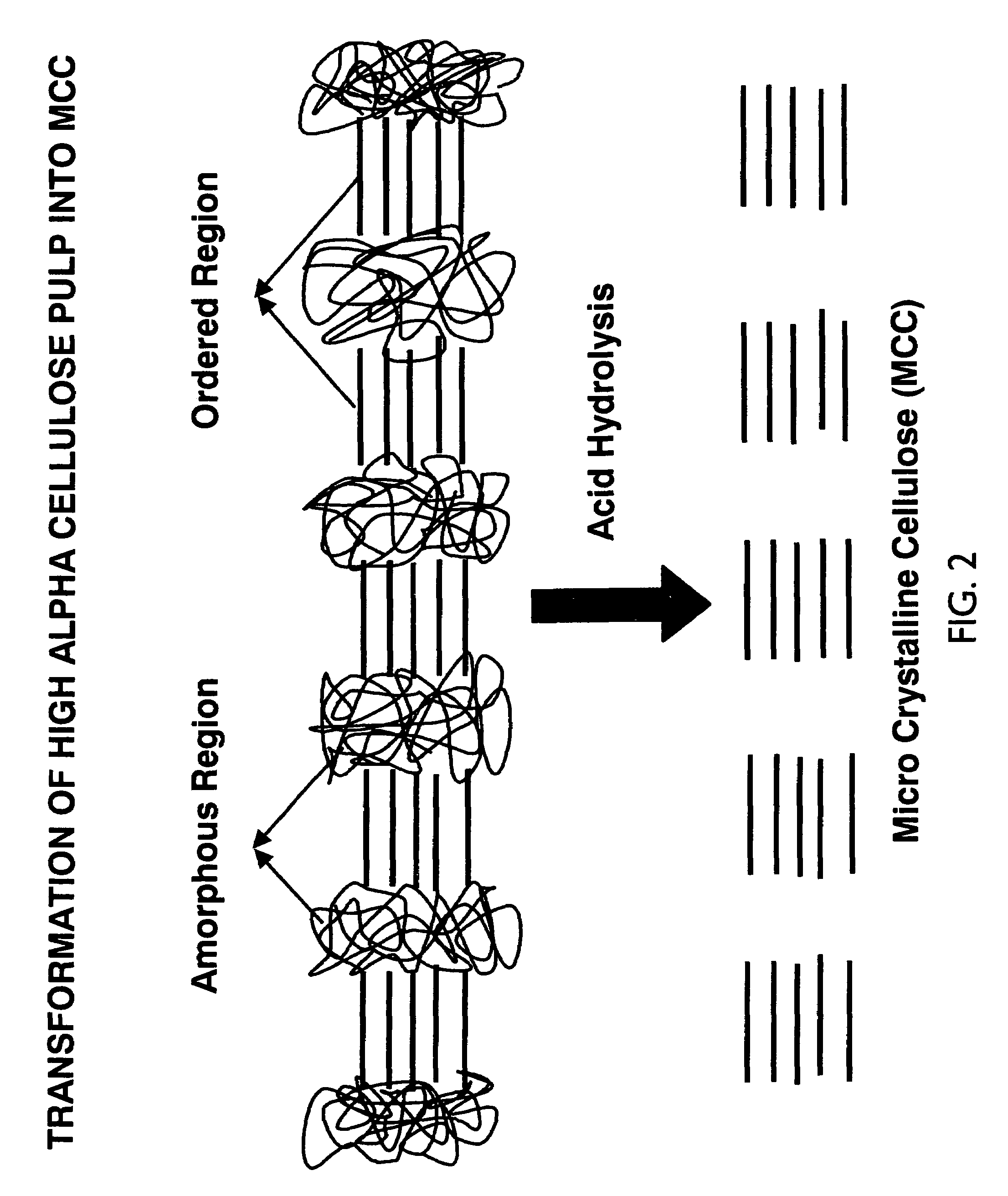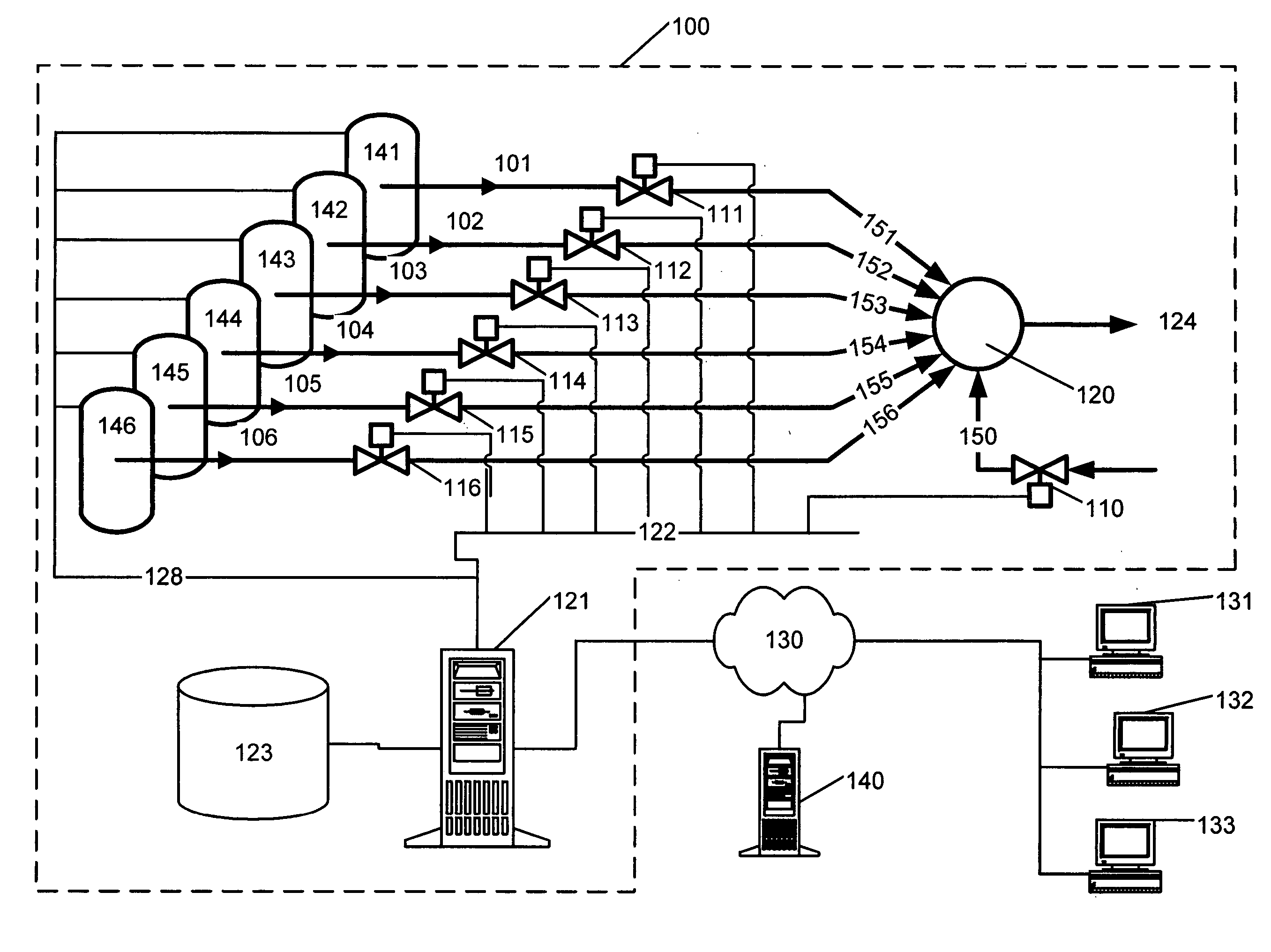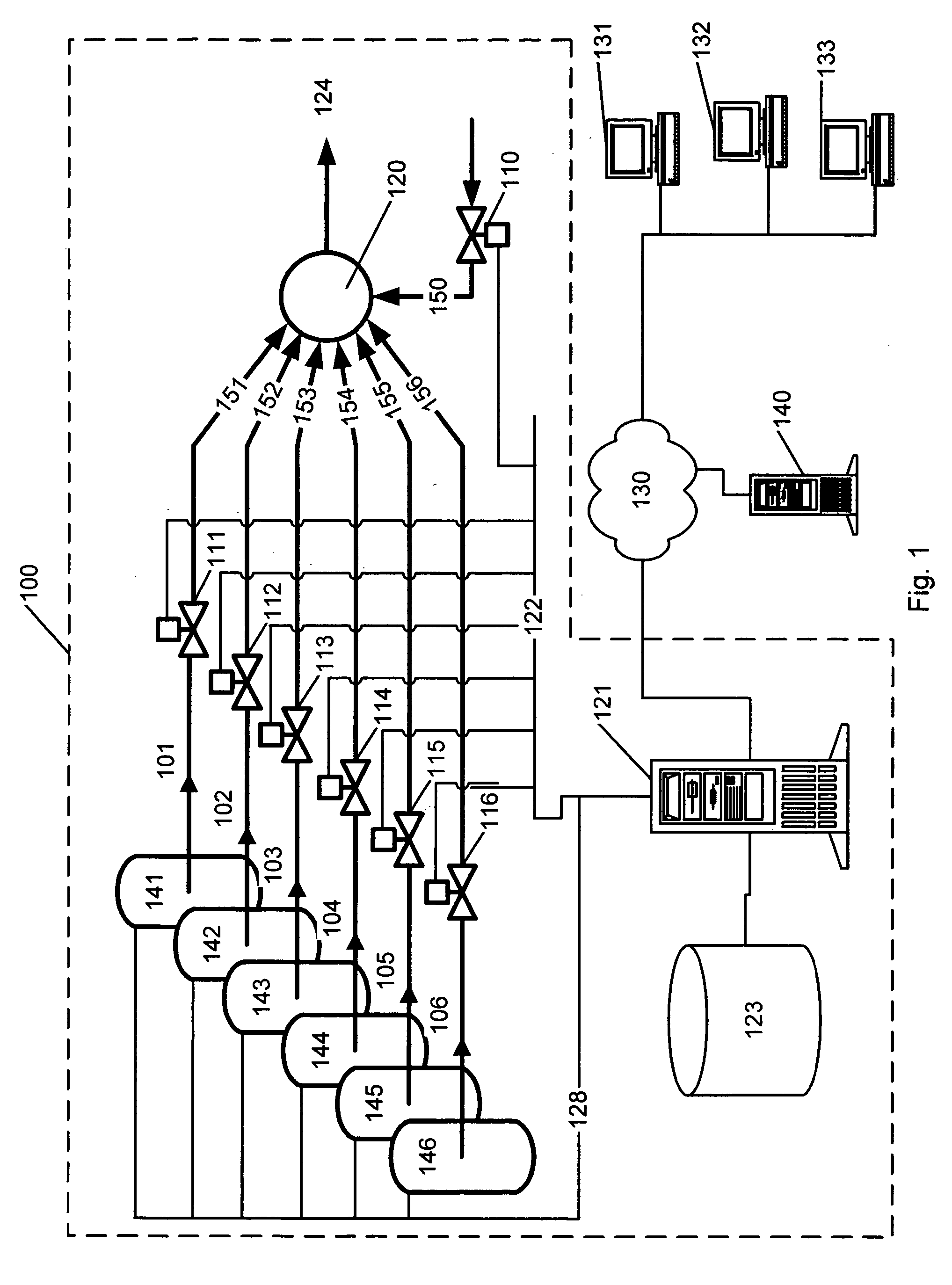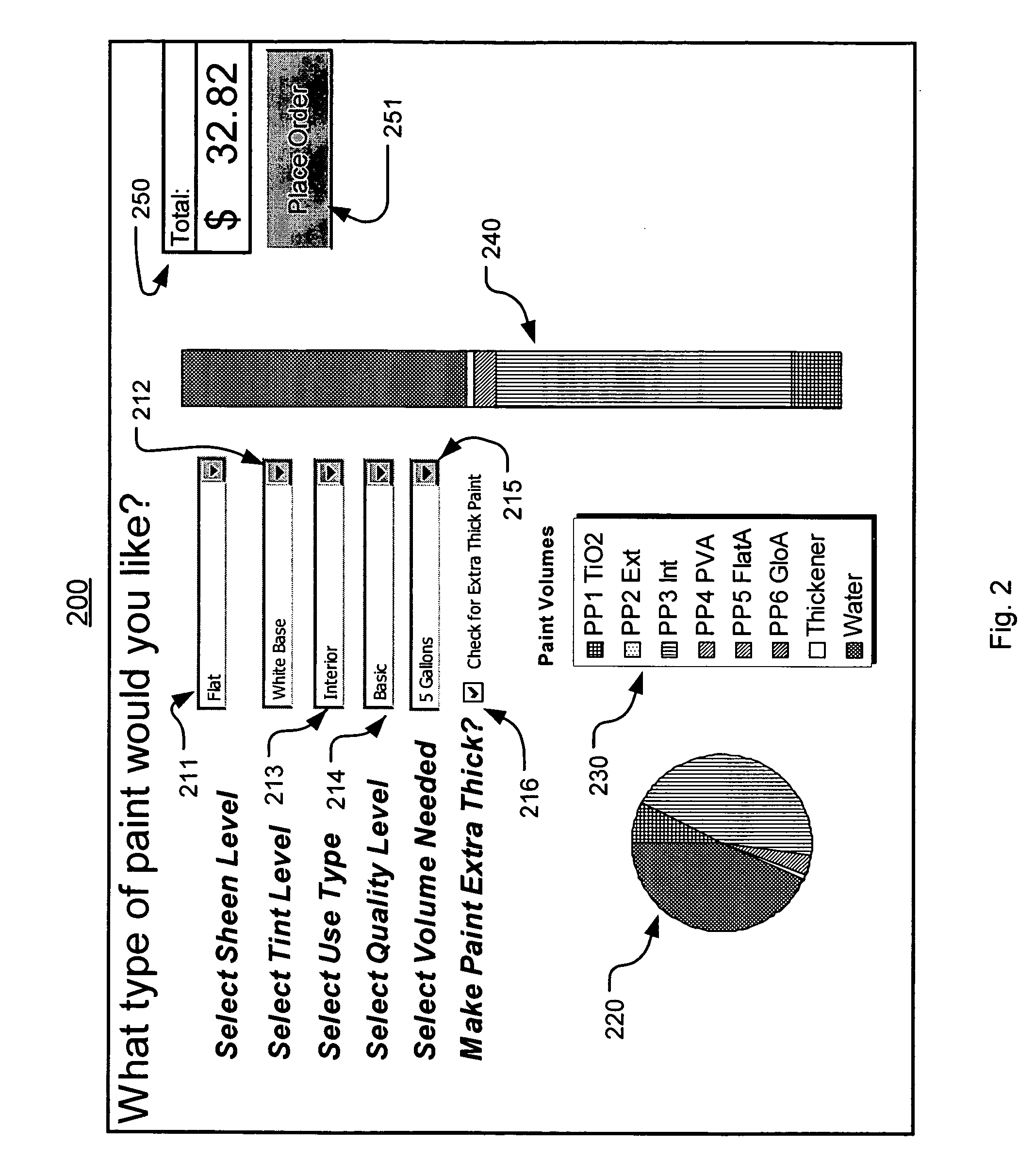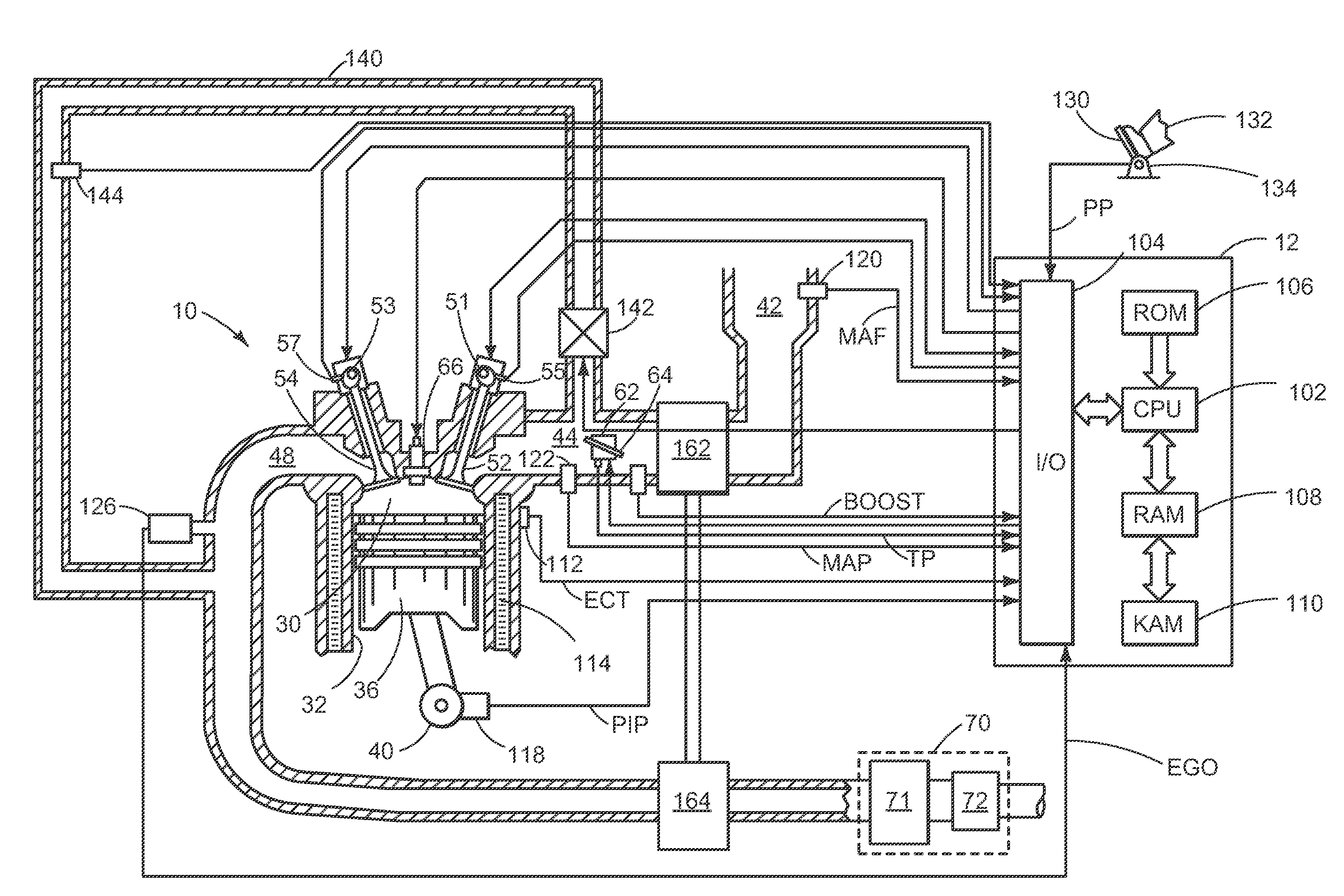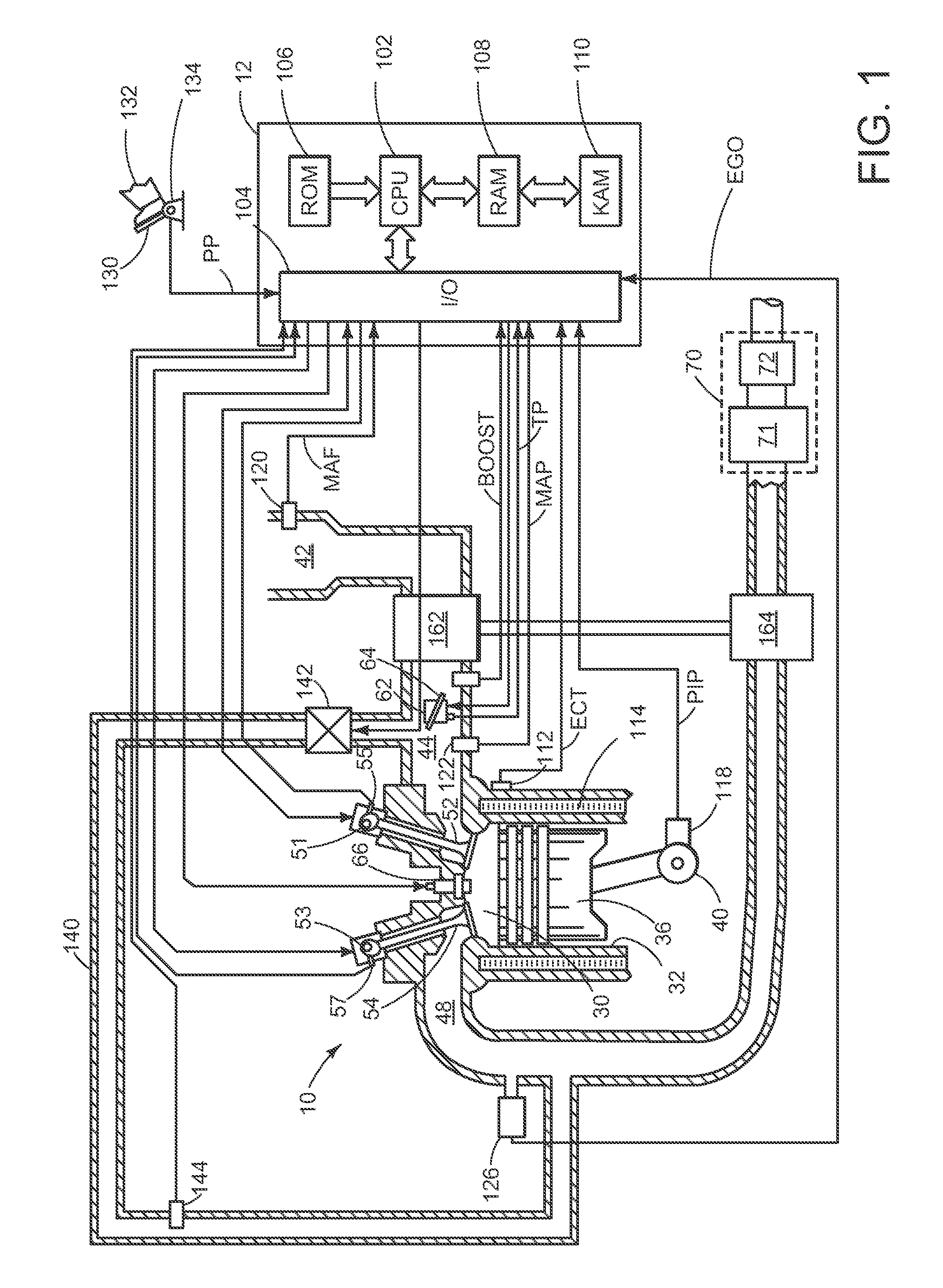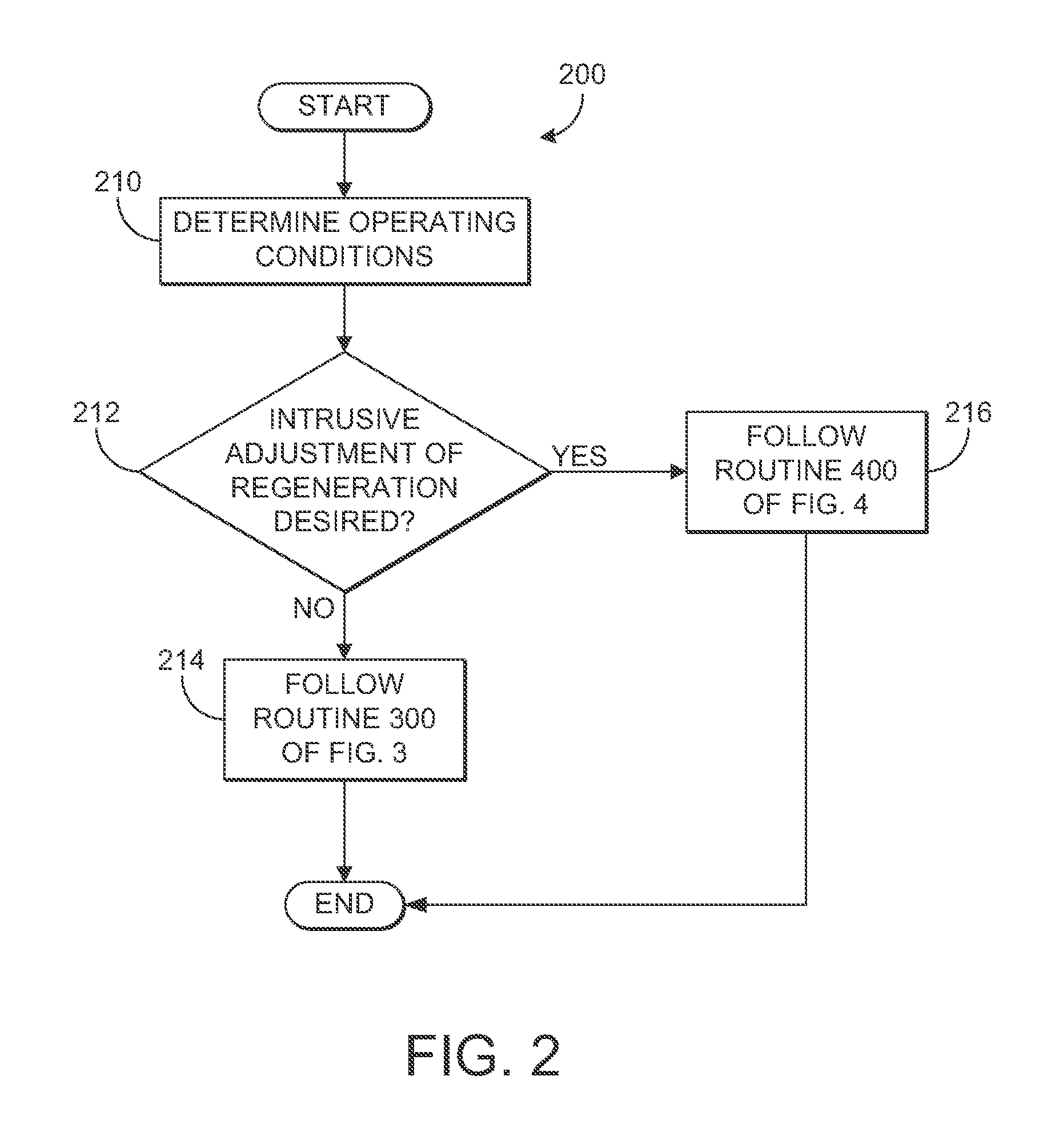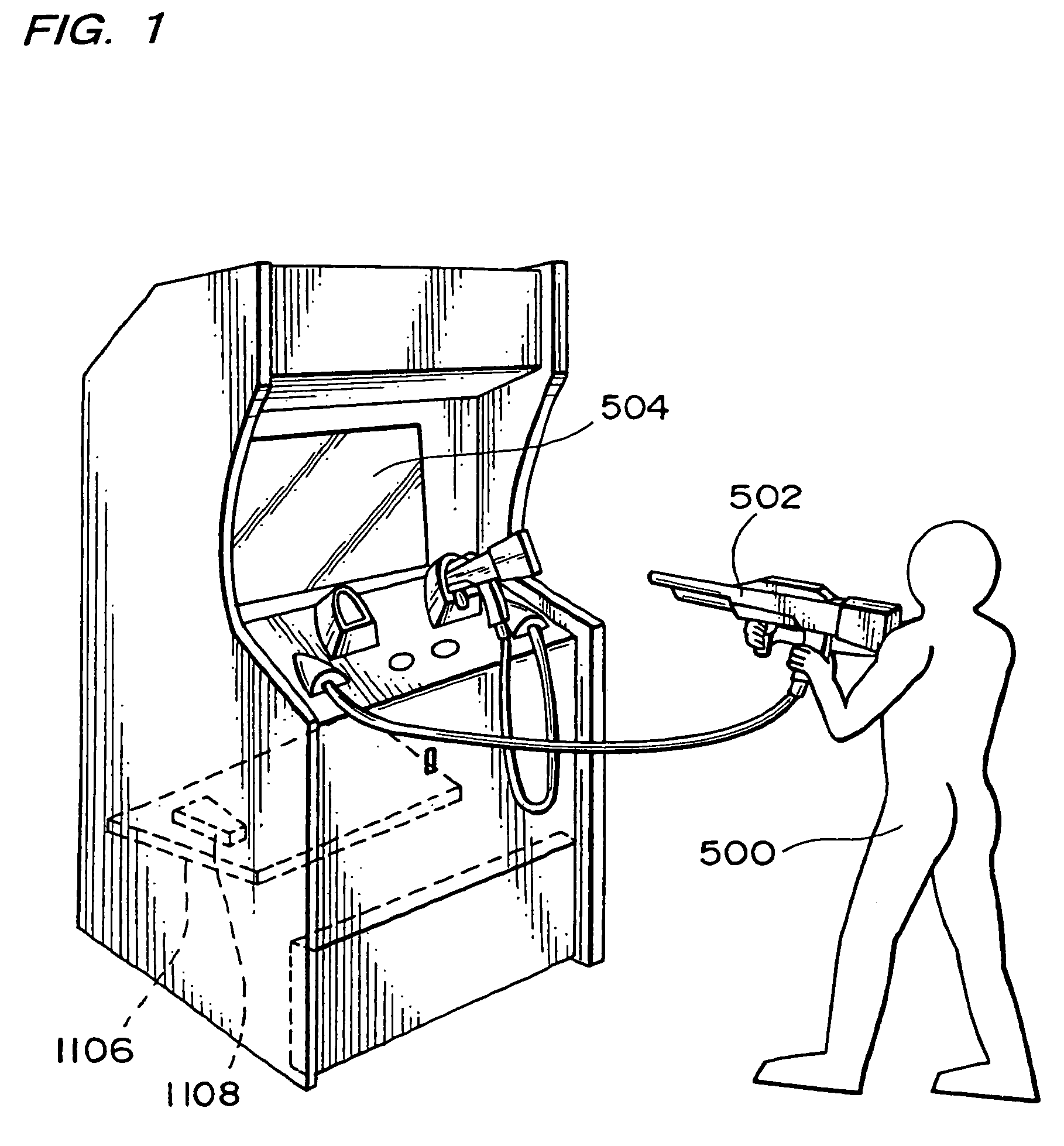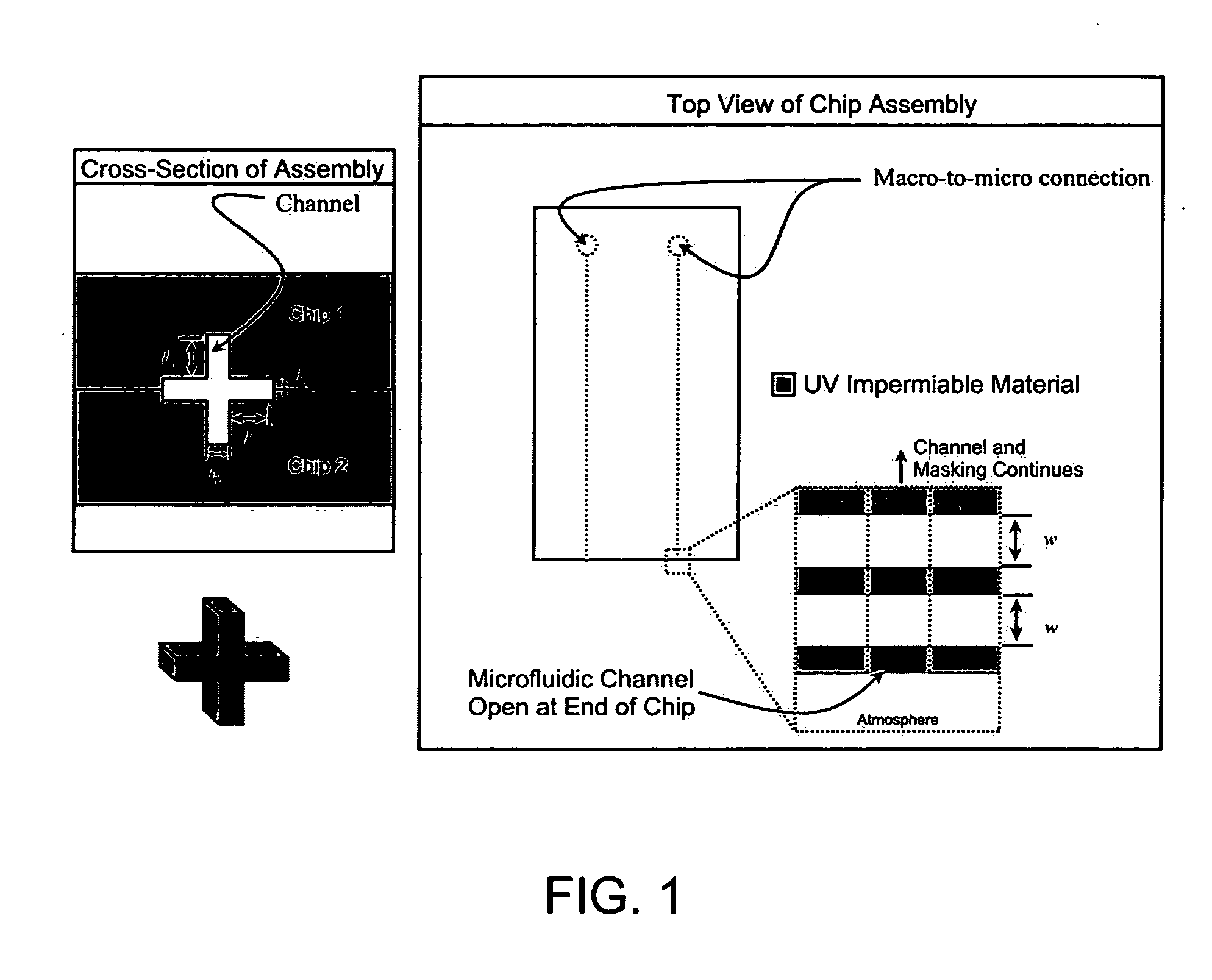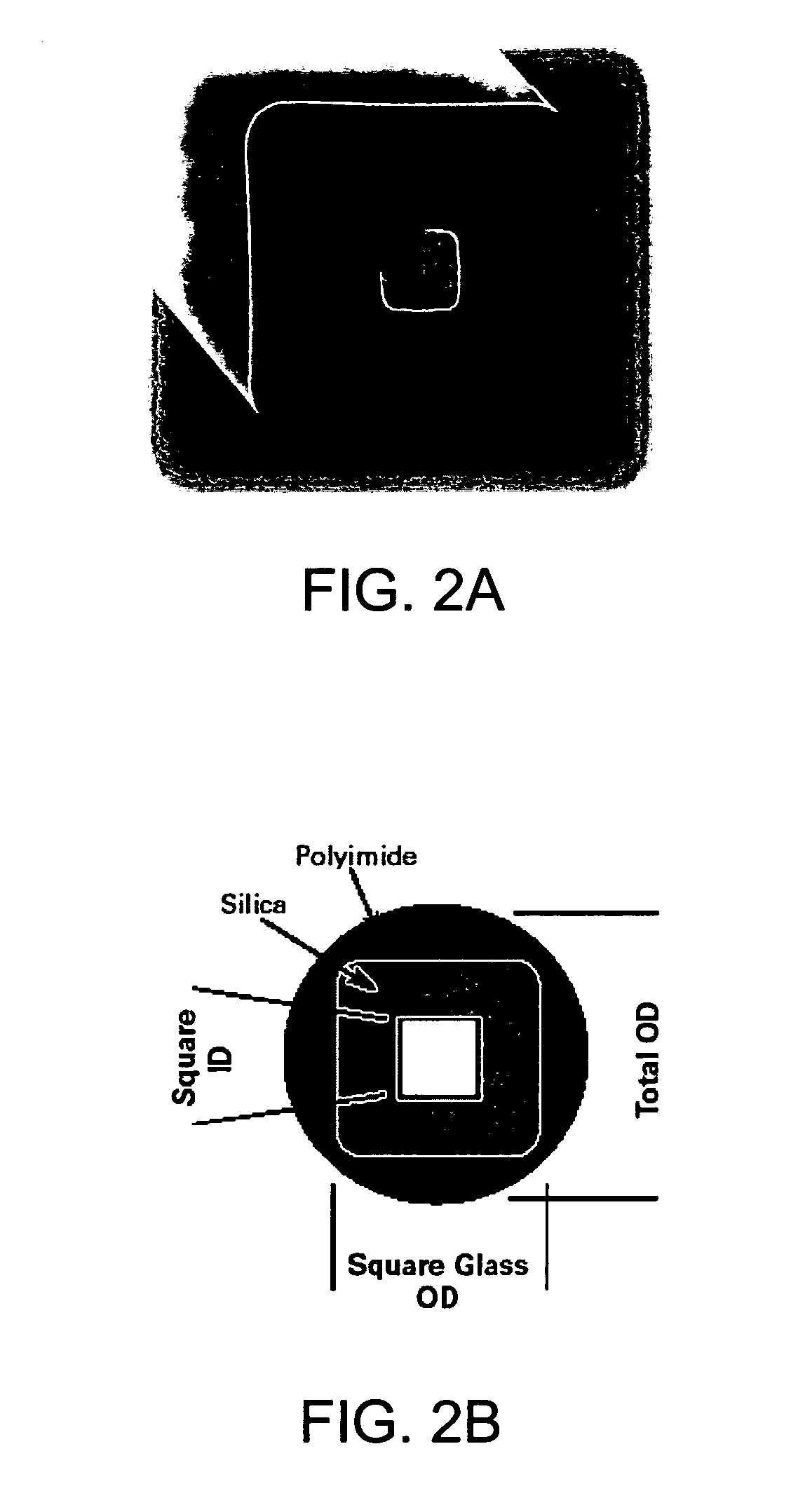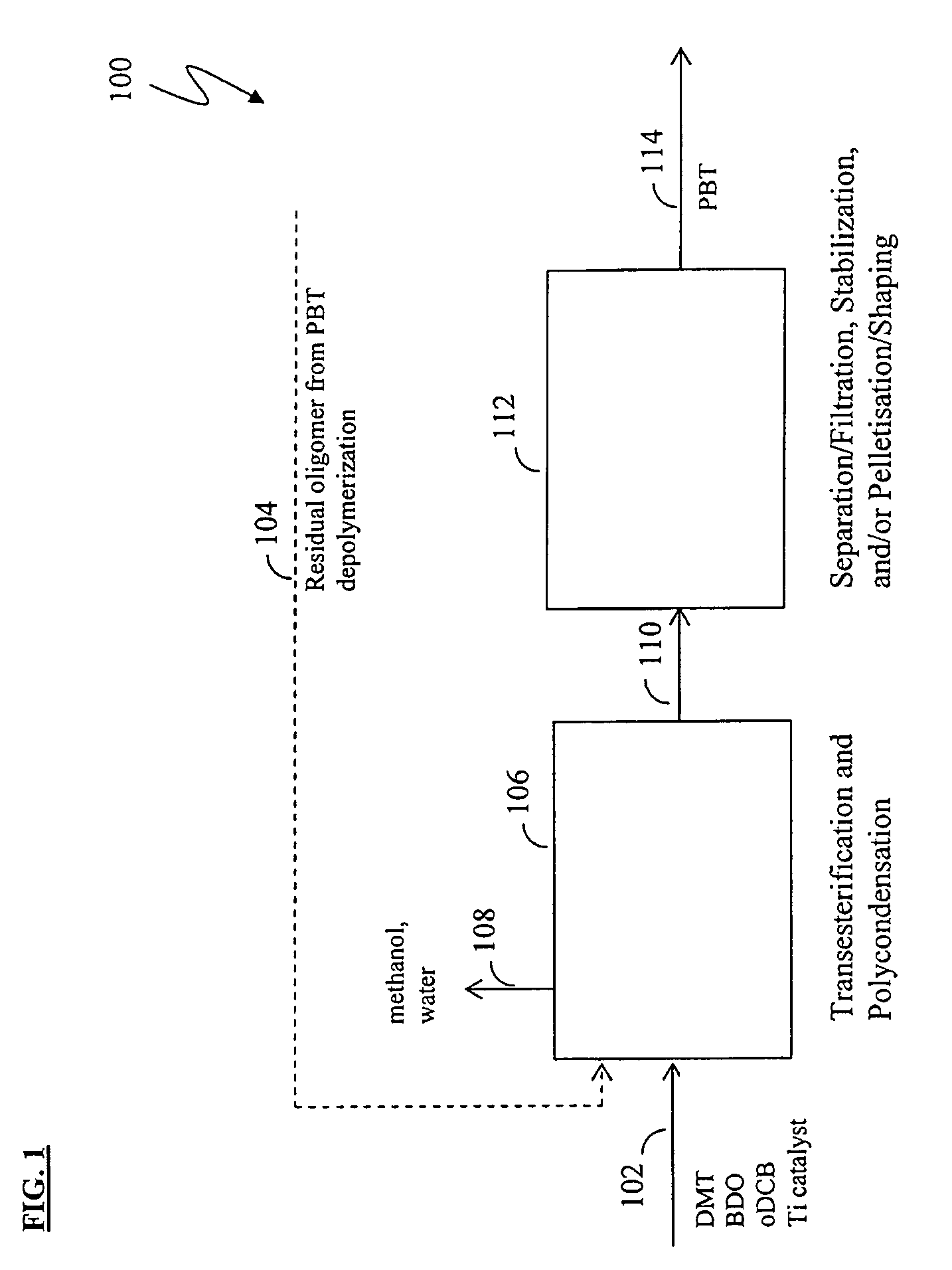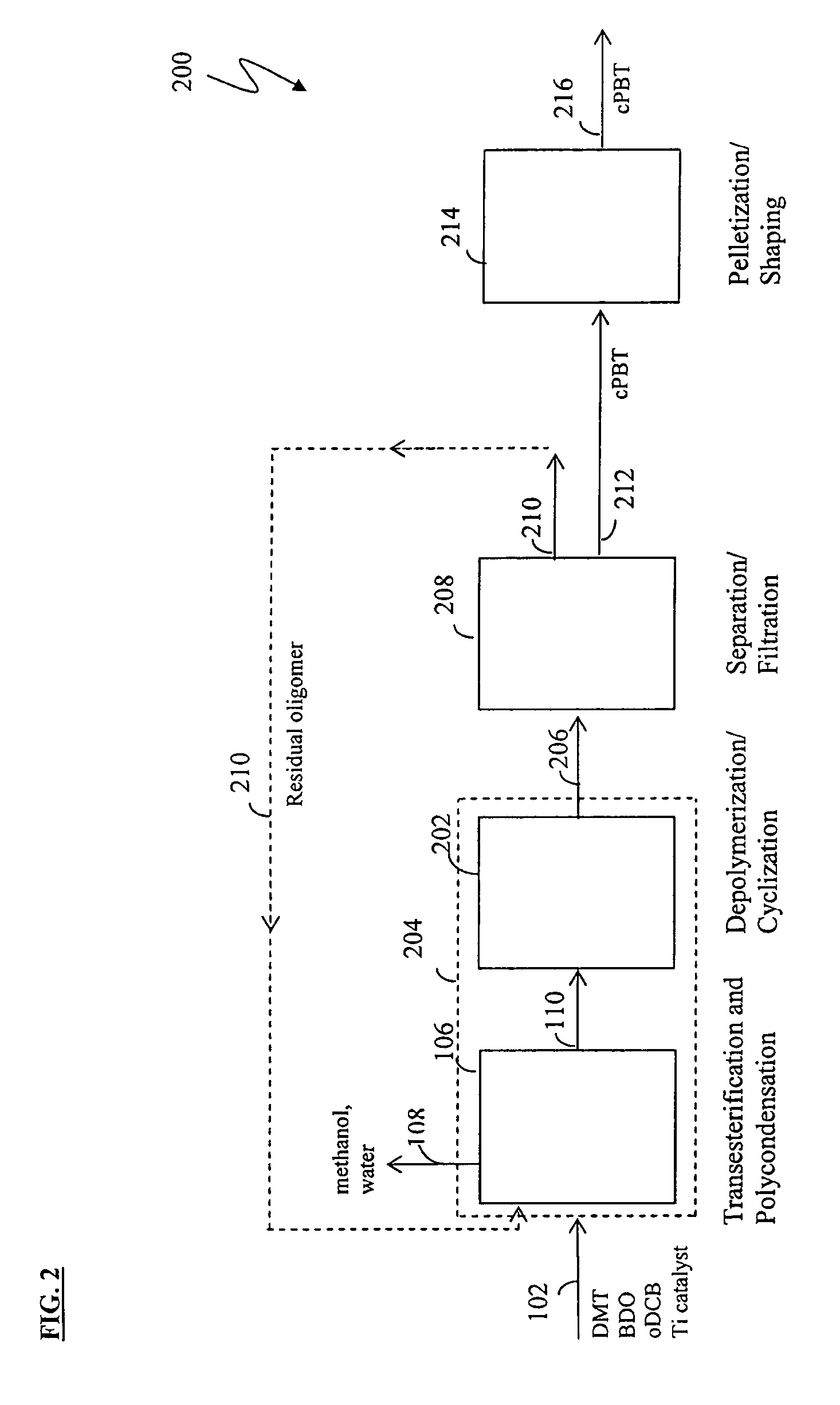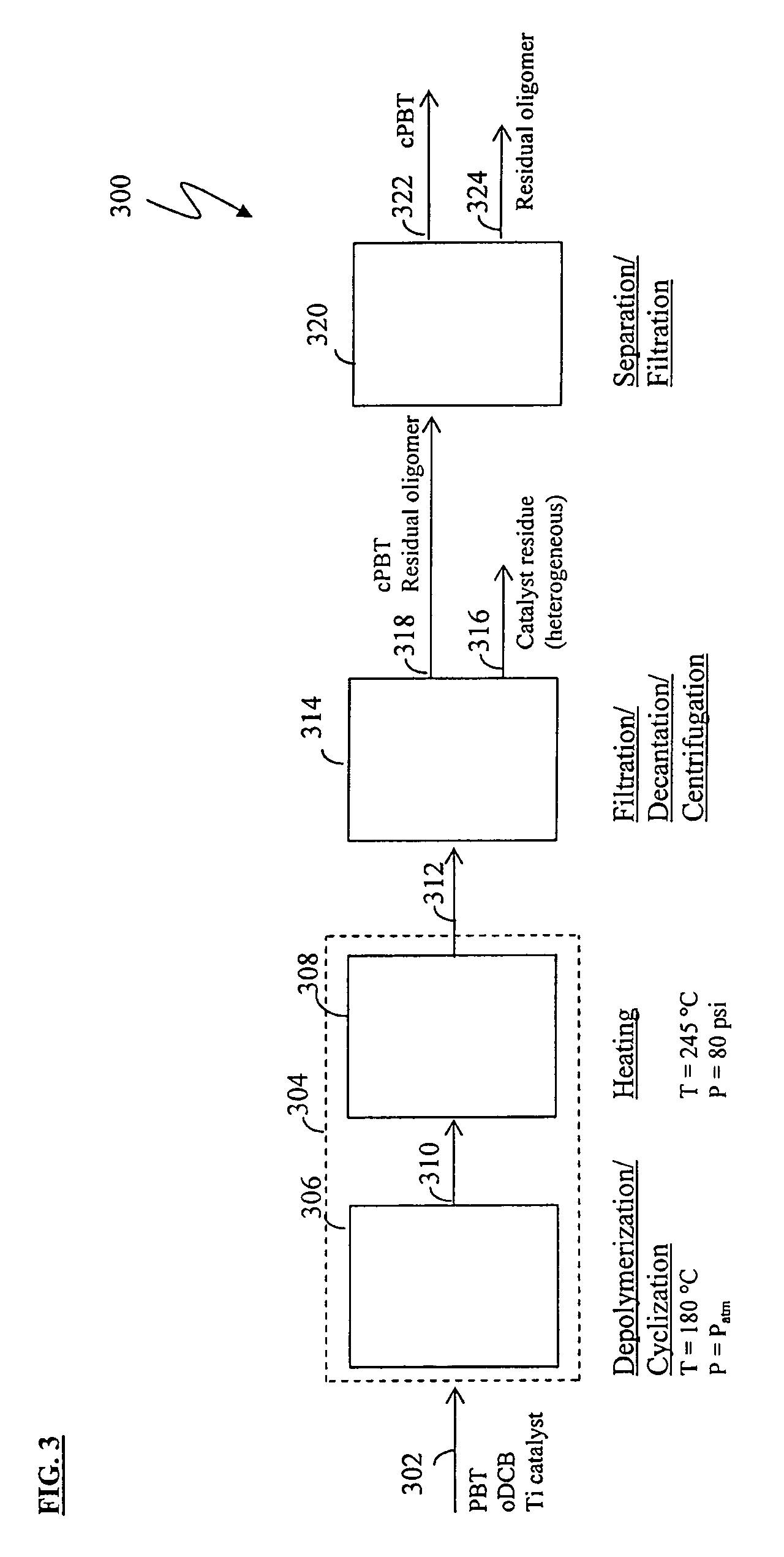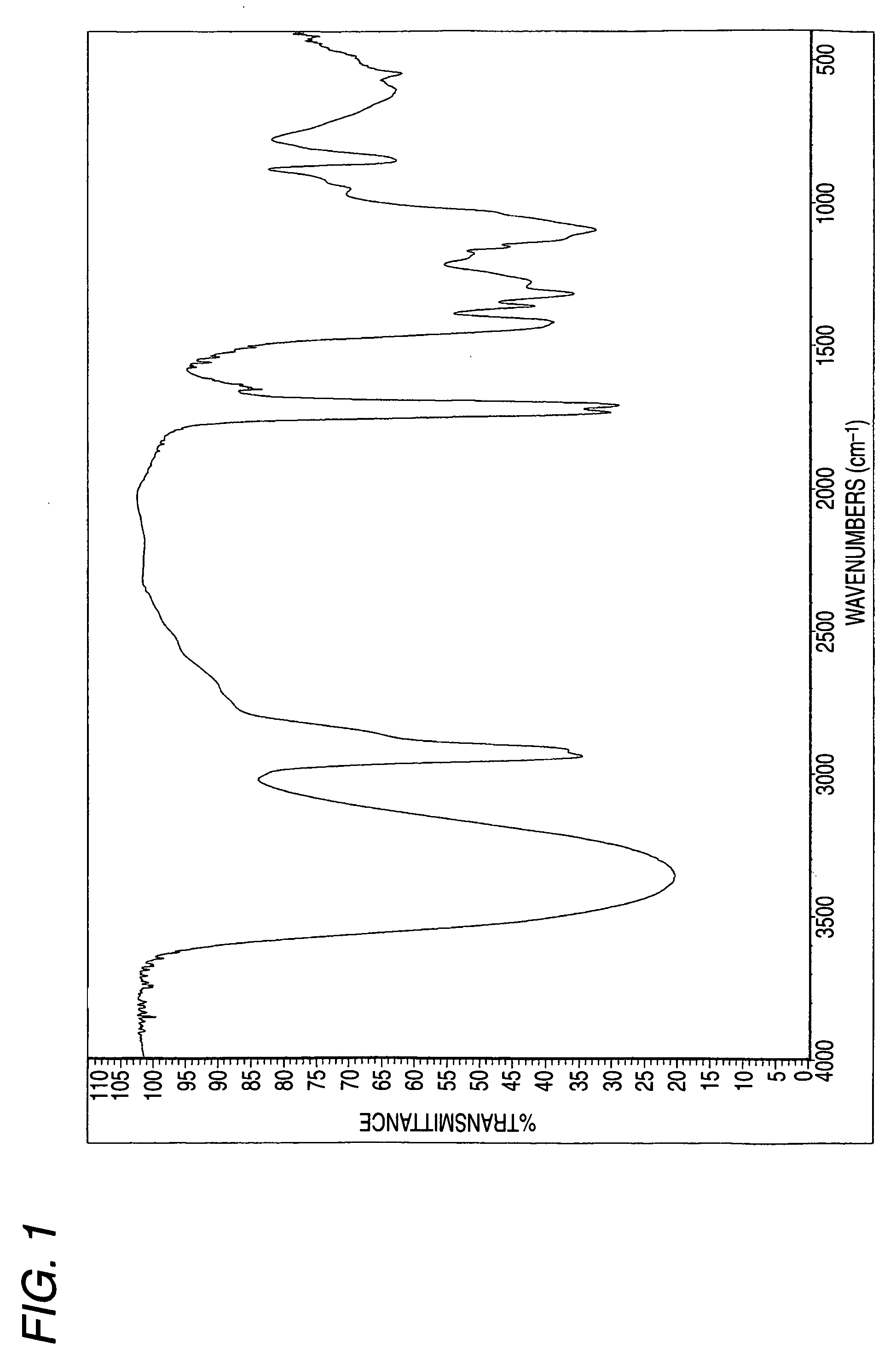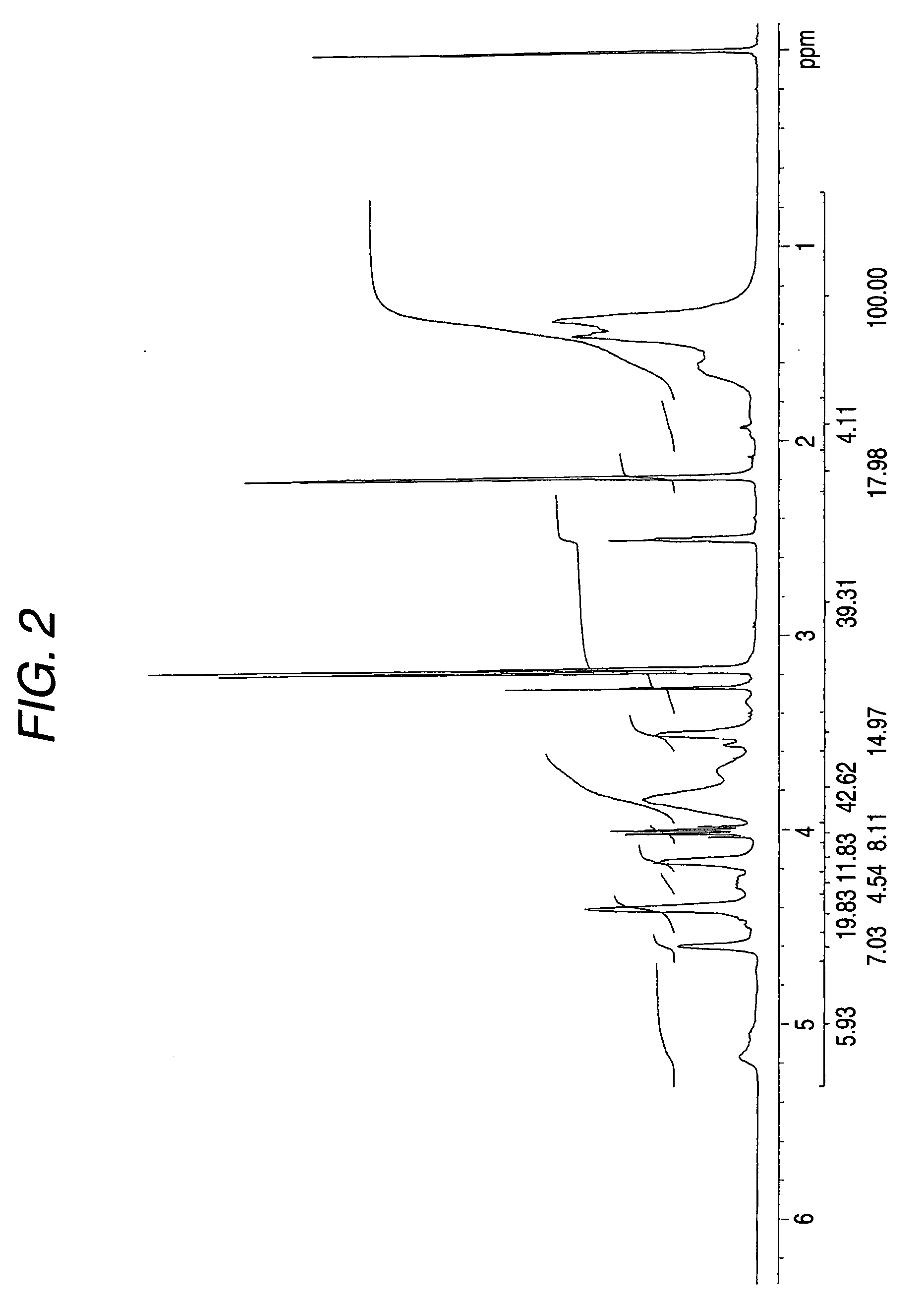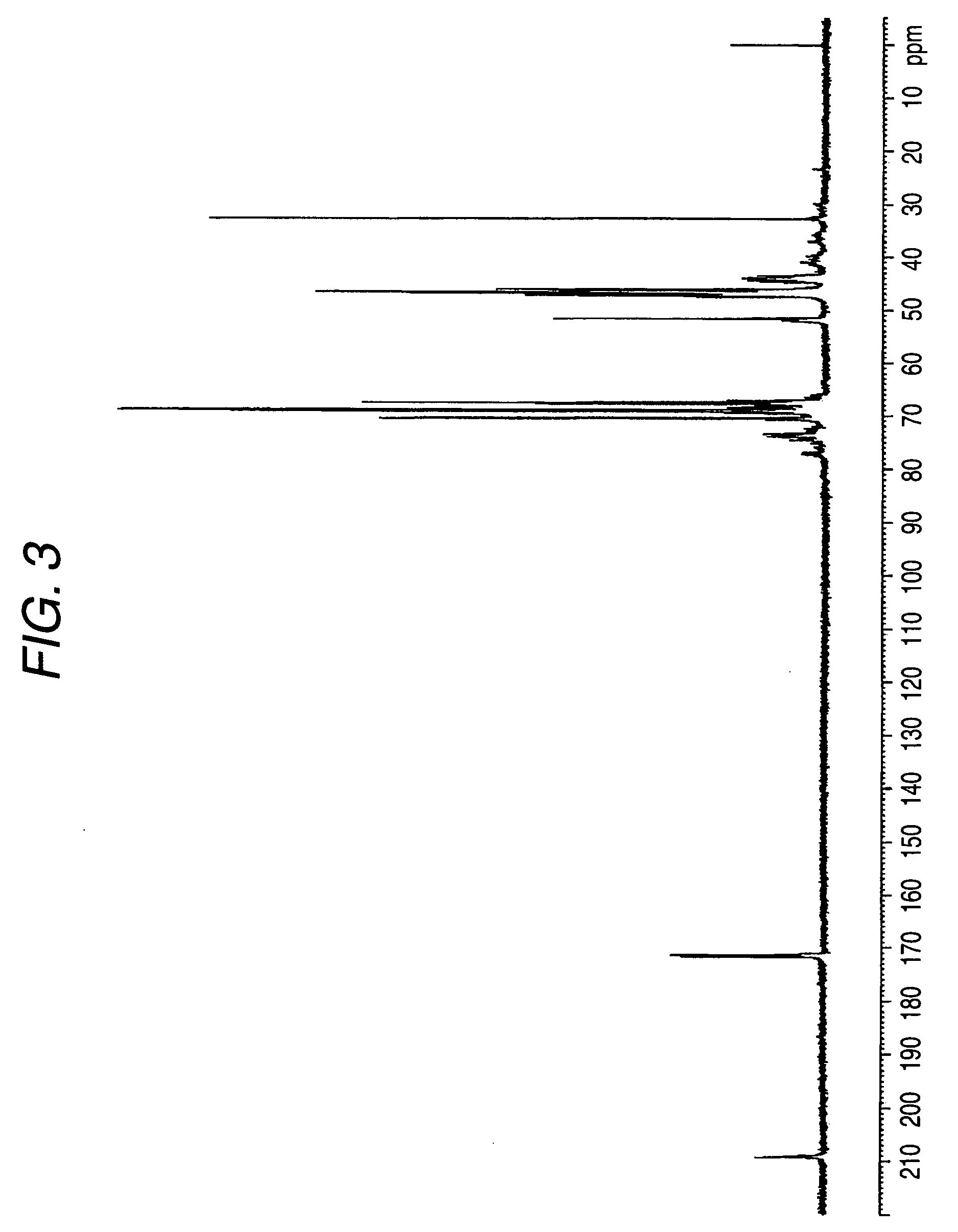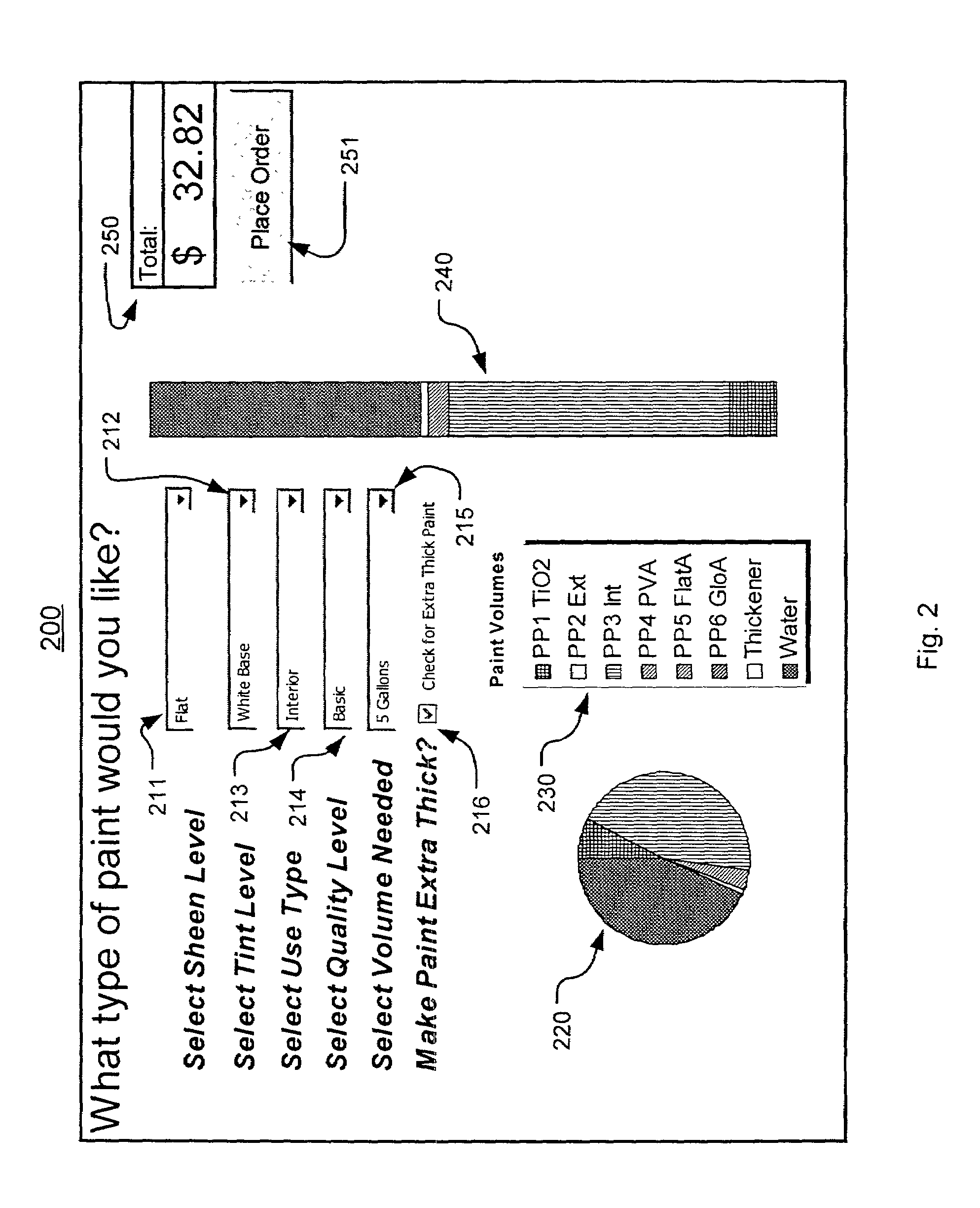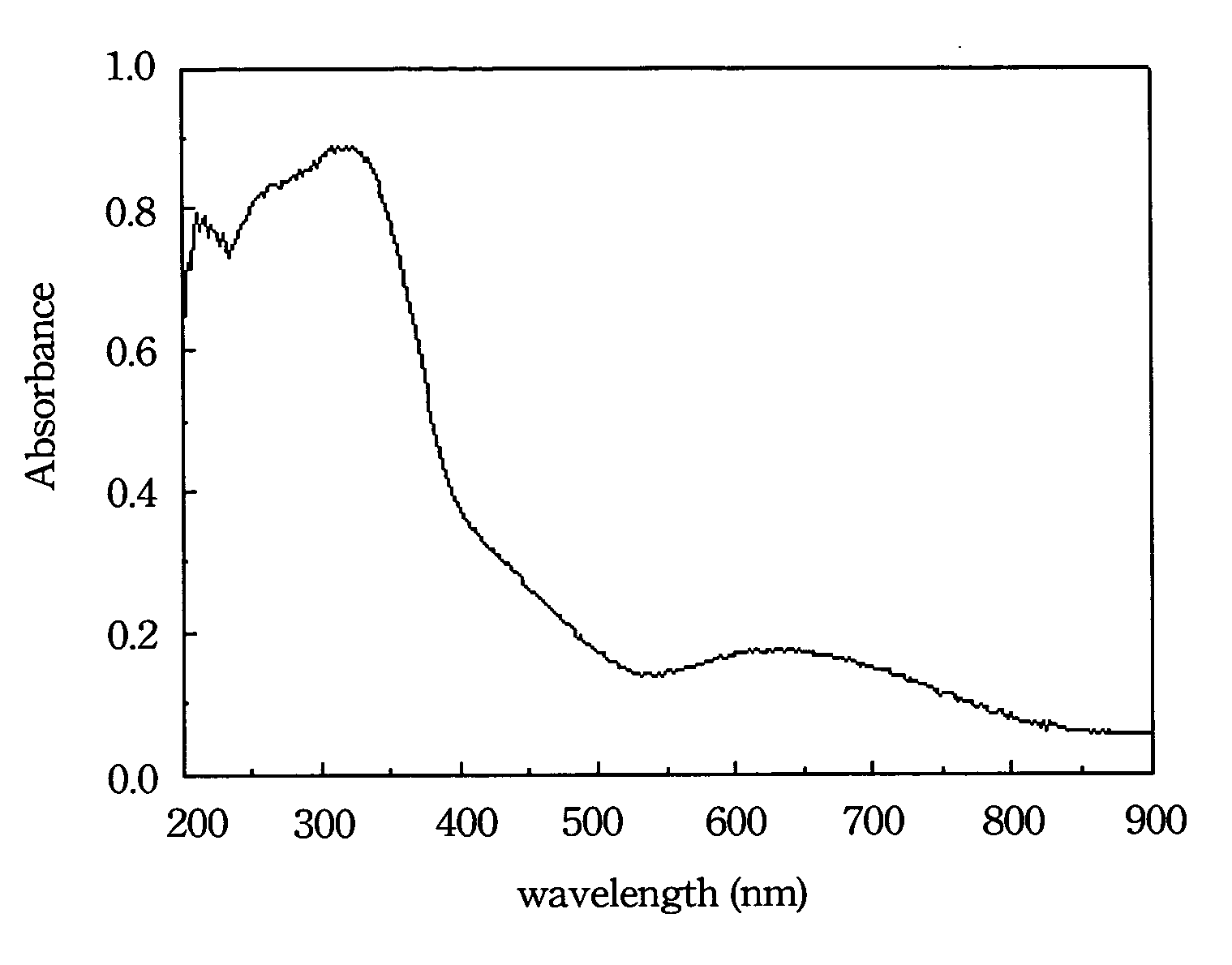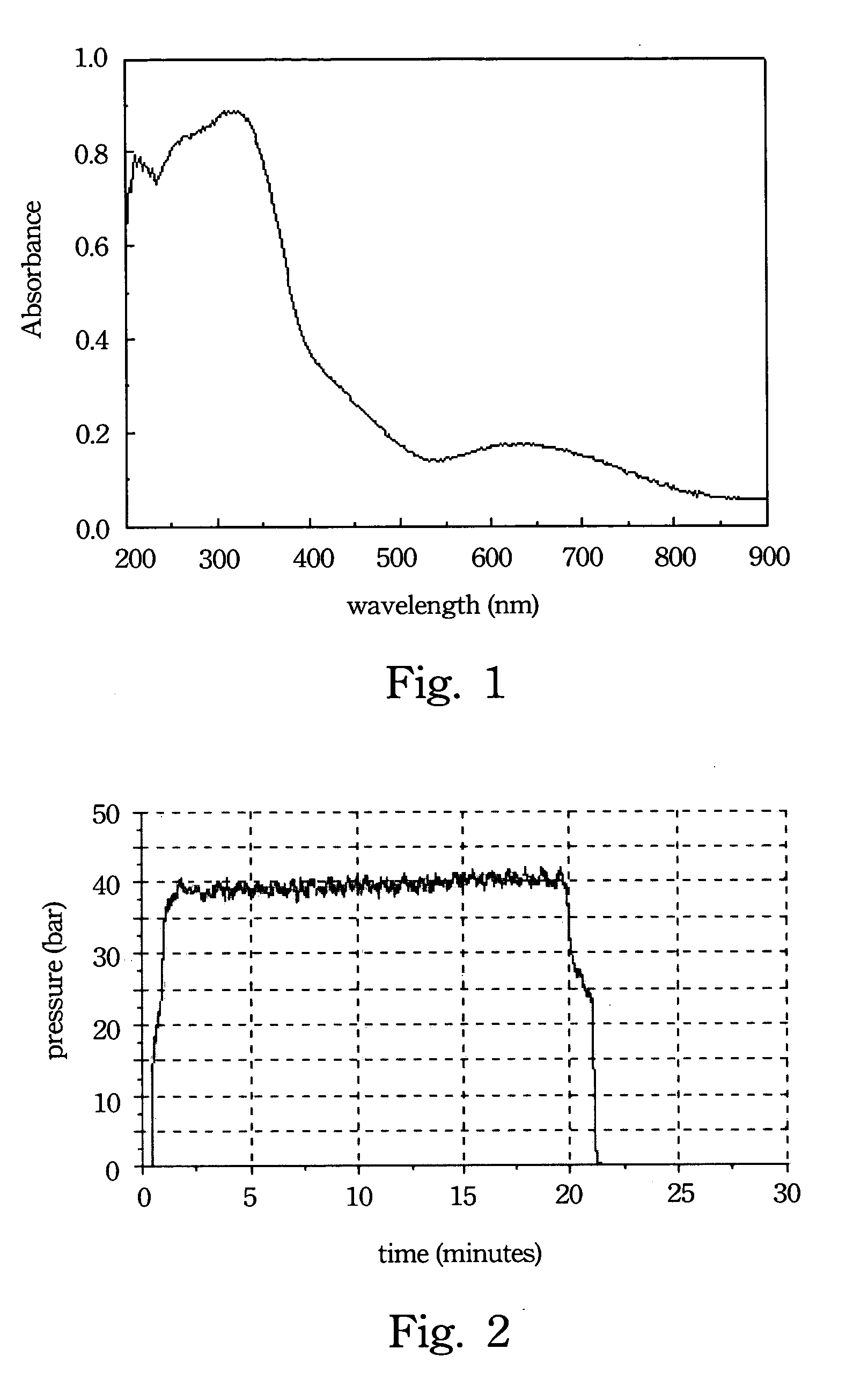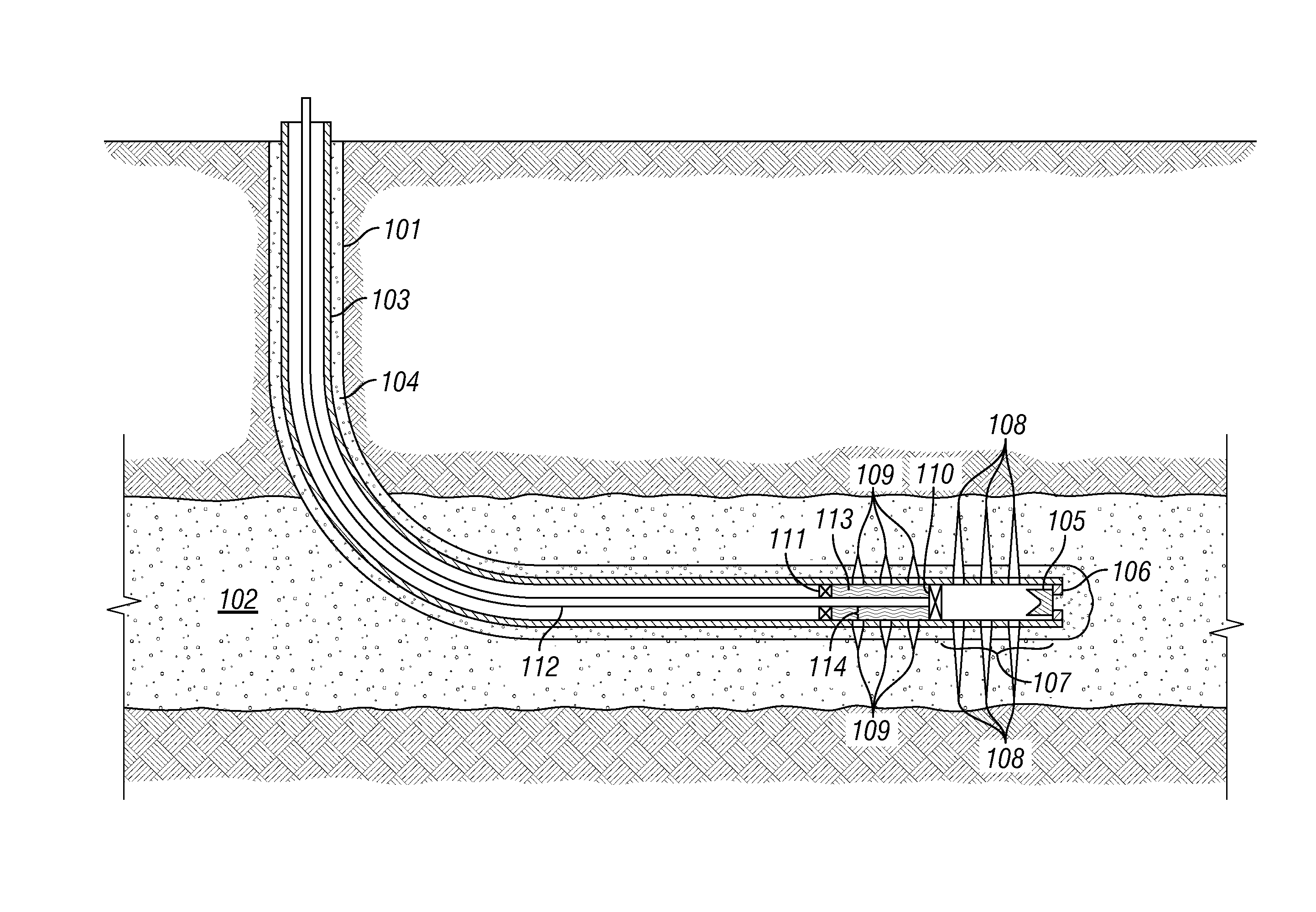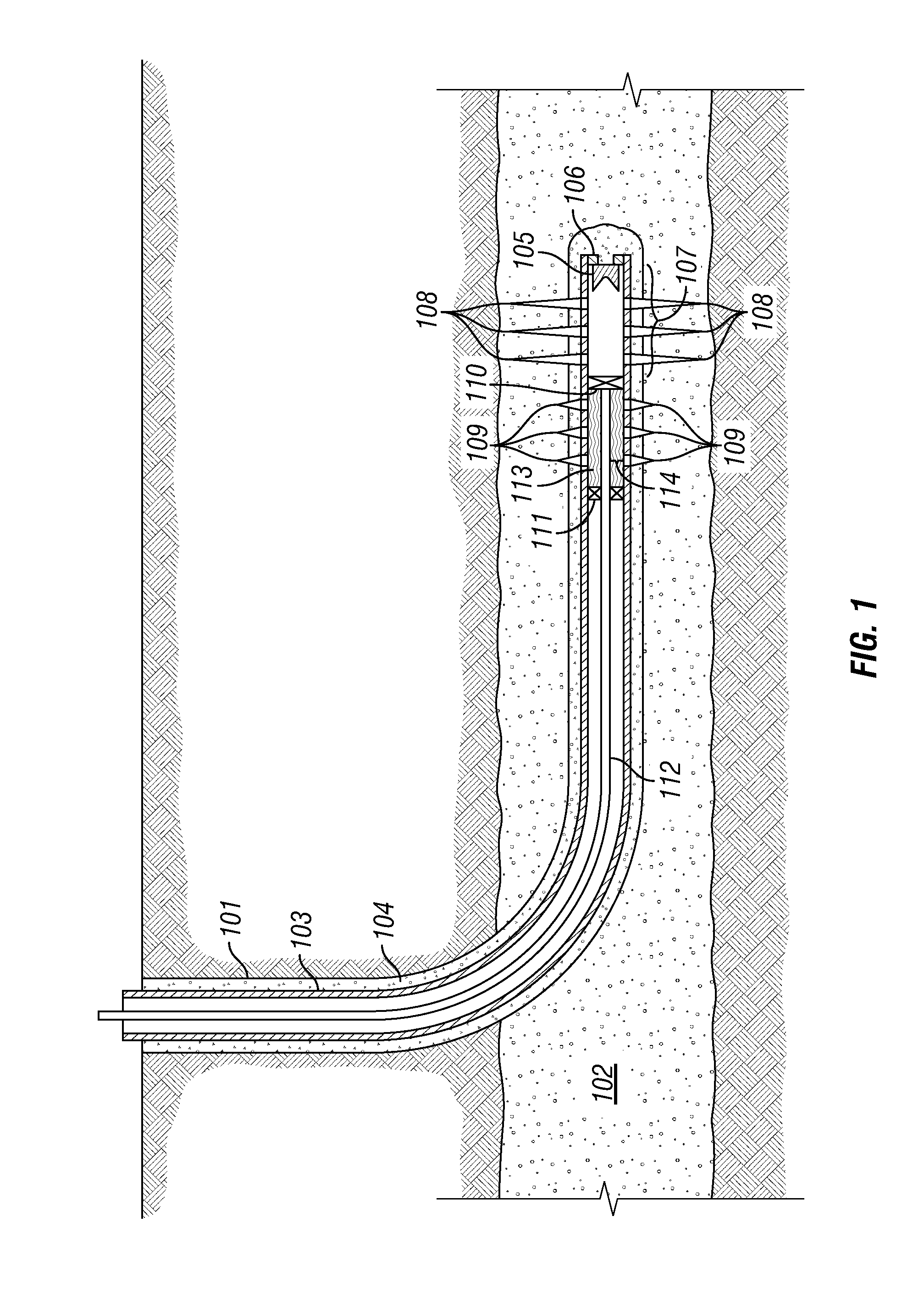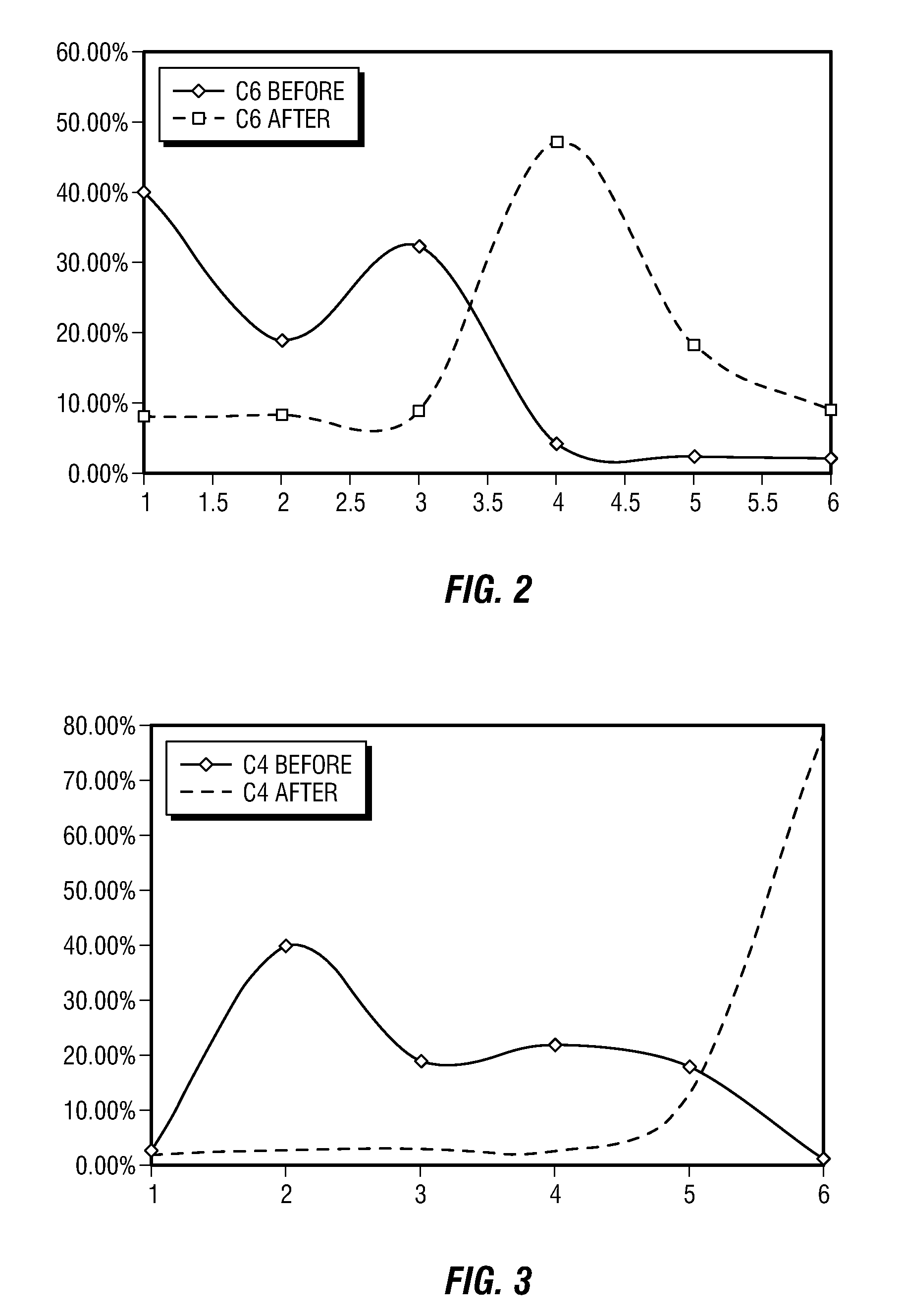Patents
Literature
Hiro is an intelligent assistant for R&D personnel, combined with Patent DNA, to facilitate innovative research.
440results about How to "Less amount" patented technology
Efficacy Topic
Property
Owner
Technical Advancement
Application Domain
Technology Topic
Technology Field Word
Patent Country/Region
Patent Type
Patent Status
Application Year
Inventor
Surgical Workflow Support System
PendingUS20150332196A1Optimize and improve workflowReduce amountMechanical/radiation/invasive therapiesMedical automated diagnosisSurgical operationSupporting system
Methods and systems for controlling a workflow in an operating room including interconnected medical devices that support surgical systems and surgical operations. Methods and systems to control clinical information through the use of a medical device, such that use of a medical device at least partially determines the clinical information that is displayed on a display monitor.
Owner:STORZ ENDOSKOP PROD GMBH
Method for producing alcohols by hydrogenation of carbonyl compounds
InactiveUS6486366B1Less amountHigh strengthSugar derivativesOrganic compound preparationCobaltPt element
A method for preparation of alcohols by catalytic hydrogenation of carbonyl compounds with hydrogen or hydrogen-containing gases in the presence of a hydrogenation catalyst of Raney type, where the catalyst is used in the form of hollow bodies, Preferred as catalytically active components are nickel, cobalt, copper, iron, platinum, palladium or ruthenium.
Owner:DEGUSSA AG
Object detection system
InactiveUS20070019181A1Wide field of viewHigh resolutionOptical rangefindersRoad vehicles traffic controlTriangulationHome robot
An object detection system utilizing one or more thin, planar structured light patterns projected into a volume of interest, along with digital processing hardware and one or more electronic imagers looking into the volume of interest. Triangulation is used to determine the intersection of the structured light pattern with objects in the volume of interest. Applications include navigation and obstacle avoidance systems for autonomous vehicles (including agricultural vehicles and domestic robots), security systems, and pet training systems.
Owner:SINCLAIR KENNETHH +2
Cooled turbine spar shell blade construction
A blade for a rotor of a gas turbine engine is constructed with a spar and shell configuration. The spar is constructed in an integral unit or multi-portions and includes a first wall adjacent to the pressure side and a second wall adjacent to the suction side, a tip portion extending in the spanwise direction and extending beyond the first wall and the second wall and a root portion extending longitudinally, an attachment portion having a central opening for receiving the root portion and a platform portion. The root portion fits into the central opening and is secured therein by a pin extending transversely through the attachment and the root portion. The shell fits over the spar and is supported thereto by a plurality of complementary hooks extending from the spar and shell. The ends of the shell fit into grooves formed on the tip portion and the platform.
Owner:FLORIDA TURBINE TECH
Self-spreading trawls having a high aspect ratio mouth opening
InactiveUS20050160656A1Reducing bycatchHigh aspect ratioFishing netsAnimal housingEngineeringMechanical engineering
Owner:CANDIS EHF
Hot dairy-based beverage dispenser
InactiveUS7021206B2Reduce eliminateConstant flowLighting and heating apparatusUsing liquid separation agentPinch valveEngineering
A dispensing unit for dispensing hot, dairy-based beverages has a self-contained refrigerated unit located above a venturi-type emulsification foaming head. The dispensing unit has particular applicability to the dispensation of foamy, hot milk for use in beverages such as cappuccino and nonfoamy, hot milk for use in beverages such as coffee latte, hot chocolate, and other hot dairy-based beverages. The refrigeration unit accommodates a “bag in box” cold milk storage container of the type widely used in food service establishments. The dispensing unit employs a pinch valve that avoids direct contact between the milk and the valve components. The refrigerated milk is stored above the level of the foamer head so that the flow of milk results partially from gravitational force on the milk, and is not totally dependent upon venturi suction created in the foamer head.
Owner:ECKENHAUSEN ROLAND B +1
Therapeutic treatments using botulinum neurotoxin
ActiveUS20090232850A1Eliminates sensory inputImprove developmentBacterial antigen ingredientsNervous disorderDiseaseObstructive Pulmonary Diseases
Methods for treating a coronary risk factor (such as hypertension, diabetes, hyperlipidemia and obesity) and / or a respiratory disorder (such as asthma, chronic obstructive pulmonary disease and bronchitis) and / or arthritis by local administration of a botulinum neurotoxin to at least one of a head, neck or shoulder location (for example, by subdermal, subcutaneous or intramuscular administration of the botulinum neurotoxin) of a patient with a coronary risk factor, respiratory disorder or arthritis.
Owner:ALLERGAN INC
Progressive resistance lifting mechanism for a window covering
InactiveUS7331370B1Precise positioningFacilitates a cordless window coveringLight protection screensMechanical engineeringWindow covering
A lifting mechanism is provided for a window covering which allows a bottom rail of the window covering to maintain a static position unless raised or lowered by a user. The lifting mechanism is included within either a top or bottom rail of the window covering. The lifting mechanism includes cords which pass from a rail including the lifting mechanism to a rail not including the lifting mechanism and about cord redirectors located within the rail including the lifting mechanism. The lifting mechanism includes spools and associated springs for gathering excess portions of the cord thereon. A progressive resister is coupled to the spools with the progressive resister providing different amounts of resistance to spool rotation depending on the amount of cord upon each spool.
Owner:SHADES UNLTD
UV cured gel and method of making
InactiveUS20060067975A1Promote wound healingInfluences of inherentOrganic active ingredientsPowder deliveryCross-linkUV curing
A method of UV curing and corresponding resulting non-polymeric cross-linked gel are provided. The cross-linked gel can be combined with a medical device structure. The cross-linked gel can provide anti-adhesion characteristics, in addition to improved healing and anti-inflammatory response. The cross-linked gel is generally formed of a naturally occurring oil, or an oil composition formed in part of a naturally occurring oil, that is at least partially cured forming a cross-linked gel derived from at least one fatty acid compound. In addition, the oil composition can include a therapeutic agent component, such as a drug or other bioactive agent. The curing method can vary the application of UV light in both intensity and duration to achieve a desired amount of cross-linking forming the gel.
Owner:ATRIUM MEDICAL
Effective use of dispersants in wallboard containing foam
InactiveUS20060278128A1Without decreasing slurry fluidityImprove setting timeCeramicwareSlurryGypsum
Effective use of dispersants in wallboard containing foam results from a method where stucco is mixed with a first dispersant and a first quantity of water to form a gypsum slurry. A soap is blended with a second dispersant and a second quantity of water to make a foam. Subsequently, the foam is combined with the slurry. Choice of different first and second dispersants and their relative amounts allows control of the size distribution of the foam bubbles in the slurry and the resulting voids in the gypsum core. Use of the same dispersant in both the mixer and the foam water provides a boost in efficacy of the dispersant.
Owner:UNITED STATES GYPSUM CO
Oral pharmaceutical products containing 17 beta-estradiol-3-lower alkanoate, method of administering the same and process of preparation
InactiveUS6962908B2Improve bioavailabilityIncrease intakePowder deliveryBiocideAcetic acidOral medication
A pharmaceutical dosage unit for oral administration to a human female comprising a therapeutically effective amount of 17β-estradiol-3-lower alkanoate, most preferably 17β-estradiol-3-acetate, and a pharmaceutically acceptable carrier is disclosed. Also disclosed is a method for treating a human female in need of 17β-estradiol and a contraceptive method by oral administration of the pharmaceutical dosage unit and a method of preparing a pharmaceutical composition that may be used to form the pharmaceutical dosage unit of the invention.
Owner:ALLERGAN THERAPEUTICS LLC
Surface treatment with texturized microcrystalline cellulose microfibrils for improved paper and paper board
InactiveUS20060144535A1High binding capacityImprove abilitiesNon-fibrous pulp additionSpecial paperFiberCardboard
The present invention relates to the production of texturized microcrystalline cellulose from raw pulp material. This texturized microcrystalline cellulose can then be used for surface treatment of paper or paper board. Additionally, the texturized microcrystalline cellulose may be used as a starting material for production of paper or paper board.
Owner:INT PAPER CO
Presbyopic vision improvement
InactiveUS7118214B2Improve eyesightCorrect misalignmentSpectales/gogglesWeighing apparatus using counterbalanceDepth of fieldVisual perception
A method of designing a contact lens or other correction for providing presbyopia correction to a patient relies on wavefront aberration measurement data for providing a best form correction. Preferably the correction is in the form of a multifocal translating style alternating vision contact lens or a simultaneous vision style correcting lens. A method for designing a correction for improving a person's vision is directed to correcting higher order aberrations in such a manner that a residual amount of the higher-order rotationally symmetric aberration is greater than a residual amount of the higher-order rotationally asymmetric aberration after the correction. A design method according to the invention is directed to correcting asymmetric higher order aberrations induced by decentering of a multifocal contact lens that has residual spherical aberration which provides increased depth of field.
Owner:BARCLAYS BANK PLC AS SUCCESSOR AGENT
Seat lifter with ratchet-type lever mechanism
InactiveUS6464193B1Simple structureEasy to assembleStands/trestlesKitchen equipmentVertical motionBellcrank
A seat lifter for height adjustment of vehicle seat, which has a lifter linkage for vertical movement of the seat and a drive mechanism therefor. The lifter linkage includes a pair of links, a bell crank portion formed in one of the two links, and a rotation transmission link element including a sector gear which is operatively connected with the bell crank portion. The drive mechanism comprises a ratchet-type lever mechanism operatively connected via a brake unit with the lifter linkage, the arrangement of which ratchet-type lever mechanism is such that only one-stroke operation of a lever causes a ratchet pawl member to rotate so as to bring a selected one of its two toothed ratchet pawls to meshed engagement with a mating one of two ratchet gear wheels, thereby allowing for automatically selecting a desired operative direction without any switch-over operation and then continuously transmitting a certain amount of rotation force to the lifter linkage, so that the vehicle seat can easily be raised or lowered to a certain level.
Owner:TACHI S CO LTD
Magnetic component compiling structure and magnetic refrigerator adapting magnetic component compiling structure thereof
InactiveUS20110067415A1Improve work efficiencyImprove cooling efficiencyEnergy efficient heating/coolingMachines using electric/magnetic effectsEngineeringRefrigerated temperature
A magnetic component compiling structure and a magnetic refrigerator adapts the magnetic component compiling structure thereof. The magnetic component compiling structure has more refrigerating beds and less permanent magnet per volume. Hence, the magnetic refrigerator saves more costs during manufacturing, and achieves higher cooling efficiency.
Owner:DELTA ELECTRONICS INC
System and method for providing a reserve supply of gas in a pressurized container
InactiveUS20060049215A1Economic securityFacilitated releaseLiquid flow controllersLiquid transferring devicesMechanical engineeringDelivery system
A gas storage and delivery system for restoring pressure as it is depleted from a pressurized container, includes a container holding a product under pressure to be dispensed from the container, a quantity of gaseous material under pressure, occupying a space in the container and applying to the product a predetermined pressure of from about 30 to about 180 psig, and a quantity of gas-adsorbing material, storing under pressure a quantity of the gaseous material and releasing it into the container in response to a decrease in pressure in the container, thereby restoring and maintaining a predetermined pressure in the container as product is depleted from the container, wherein the gas-adsorbing material is wetted with a release-promoting agent to promote release of the sorbed gas from the gas-adsorbent material. A process of filling the container is also disclosed.
Owner:LIM WALTER K
Ultra thick bamboo-wood composite panel, ultra thick solid wood composite panel and manufacturing methods thereof
InactiveUS20110274872A1Improve technologyLess amountWood veneer joiningPlant material mechanical workingLine segmentSolid wood
The present invention provides ultra-thick bamboo / wood and solid wood composite panels, comprising core board, surface board and back board; said core board is composed of ultra-thick peeling veneers with the thickness of 6 to 12 mm, both said surface board and back board are made of bamboo or wood; said core board comprises several layers of said ultra-thick veneers, and the veneers of contiguous layer are assembled with parallel structure; glue layer is arranged between contiguous said veneers, the adhesive in the glue layer is the aqueous macromolecule isocyanate adhesive; said ultra-thick veneers of the core layer are the veneers with stress degradation treatment, i.e., punctate or line segment cracks are formed along the grain of said veneer loose side in each layer. The glue spread amounts of said composite panels are obviously less than that of the existing composite panels with the same thickness, and the composite panels are without warping or deformation. The present invention also provides the manufacturing method of the above composite panels.
Owner:INST OF WOOD INDUDTRY CHINESE ACAD OF FORESTRY
Process for thermal and/or catalytic decomposition and/or depolymerization of low-grade organic substances and device for carrying out the process
InactiveUS6165349AImprove economyEfficient processingCatalytic crackingSolid waste disposalDepolymerizationLower grade
PCT No. PCT / SK97 / 00006 Sec. 371 Date Jun. 1, 1999 Sec. 102(e) Date Jun. 1, 1999 PCT Filed Jul. 4, 1997 PCT Pub. No. WO98 / 39368 PCT Pub. Date Sep. 11, 1998The nature of the process consists in that the low-grade organic substances are subject, at a temperature of 150 DEG C. to 700 DEG C. and at a pressure of 0.1 MPa to 2.5 MPa, to the action of a moving bed of solid particles of a substance which perform whirling motion, whereby the solid particles of a substance constituting the moving bed are set to whirling motion by intensive agitation. The device consists of a reaction chamber (1) with a rotation mechanism (2) which rotation mechanism (2), located rotably in the faces of the reaction chamber (1), consists of a shaft (3) to which vanes (5) are symetrically attached by means of driving discs (4). The vanes (5) may be arranged in 3 to 10 rows, and they may be provided with openings (5.1) or cut-outs (5.2) of various geometrical shapes, and they may be divided into individual segments (5.3). Also the driving discs (4) may be provided with openings (4.1) of various geometrical shapes.
Owner:MADAR IVAN
Propylene homopolymer having high melt strength and preparation method thereof
The present invention provides a process for preparing high melt strength propylene polymer by direct polymerization, comprising that a propylene polymer with wide molecular weight distribution and containing “very high molecular weight fraction” can be prepared by controlling the species and ratios of the external electron donors in the Ziegler-Natta catalyst system at different reaction stages according to the requirment for different molecular weight fractions in the different propylene polymerization stage of the series operation, and said polymer has excellent mechnical properties, especially with very high melt strength. The present invention also provides a propylene homopolymer with high melt strength, comprising the following features: (1) the MFR is 0.2-10 g / 10 min at 230° C. with a load of 2.16 kg; (2) the molecular weight distribution Mw / Mn is 6-20; (3) the content of the fraction with a molecular weight higher than 5,000,000 is higher than or equal to 0.8 wt %; (4) Mz+1 / Mn is higher than or equal to 70. Said homopolymer can be used in the preparation of foam products, thermoforming products, biaxial stretching films, blown films and blow-molded products.
Owner:CHINA PETROCHEMICAL CORP +1
Surface treatment with texturized microcrystalline cellulose microfibrils for improved paper and paper board
The present invention relates to the production of texturized microcrystalline cellulose from raw pulp material. This texturized microcrystalline cellulose can then be used for surface treatment of paper or paper board. Additionally, the texturized microcrystalline cellulose may be used as a starting material for production of paper or paper board.
Owner:INT PAPER CO
Distributed paint manufacturing system
InactiveUS20050038557A1Less viscosity fluctuationReduce ingredient inventoryPigmenting treatmentTransportation and packagingHybrid systemSystem configuration
Owner:ROHM & HAAS CO
Method for reducing urea deposits in an aftertreatment system
ActiveUS20110167805A1Emission reductionImprove efficiencyElectrical controlInternal combustion piston enginesEngineeringProcess engineering
Various systems and methods are described for controlling a diesel aftertreatment system coupled to an exhaust system of an engine which includes a selective catalytic reduction (SCR) catalyst and a diesel particulate filter (PF). In one example, a threshold amount of urea injected to the SCR catalyst is adjusted based on an amount of soot generated by the engine and the total amount of urea injected to the SCR catalyst is limited by the threshold. For example, when the amount of soot generated by the engine is below a first threshold amount, the threshold amount of urea injection is reduced. When the amount of soot generated by the engine is above a second threshold amount, which is greater than the first threshold amount, the threshold amount of urea injection is increased.
Owner:FORD GLOBAL TECH LLC
Digital wallet merchant-specific virtual payment accounts
ActiveUS20180108008A1Efficiently account informationFew stepsPayment schemes/modelsProtocol authorisationPaymentResource Provider
Embodiments of the invention are directed to systems and methods for securely and efficiently updating account information across resource providers. Embodiments of the invention provide a method for managing account data that is an improvement in both speed and security over prior methods used by account data management systems. According to embodiments of the invention, account data is linked to resource provider specific tokens stored and managed by a digital wallet provider. Resource provider specific tokens may be stored by resource providers to conduct future transactions, also including recurring or automatic transactions. To manage the resource provider specific tokens, a user may simply send requests to the digital wallet provider using a single interface displayed on a user device rather than by logging into accounts for numerous resource providers and continuously entering updated account data.
Owner:VISA INT SERVICE ASSOC
Image generating system and program
InactiveUS7119817B1Effective imagingReduce loadCathode-ray tube indicatorsAnimationComputer scienceImage generation
There are provided an image generating system and program which can generate an image of an object variable in its state depending on an impacted position, in real-time with less amount of data and reduced load in computation. The image generating system generates an image of an aggregate object formed by a plurality of part objects. The image generating system comprises: an object determination section (120) which determines part objects within a predetermined area in the aggregate object as objects to be changed in display form when an impact is applied to the aggregate object and the impacted position is included within the predetermined area; and an image generation section (160) which changes at least one of shape, color, position, rotation angle, direction, moving direction and moving speed of the part objects determined as objects to be changed and generates an image. The aggregate object may be formed by assembling a plurality of part objects having different shapes without any gaps. The image of the aggregate object may be generated as an image of a single object before the impact is applied thereto and as an image of an aggregate object after the impact.
Owner:BANDAI NAMCO ENTERTAINMENT INC
Polymeric microstructures
InactiveUS20060228386A1Large specific surface areaImprove efficiencyCosmetic preparationsToilet preparationsPorosityHigh surface
Methods for producing and using polymeric microstructures having a pre-determined geometry (e.g., rectangular prism, cube), and pre-determined surface characteristics are disclosed herein. The polymeric microstructures described herein are particularly useful as microcarriers in cell culture applications because they provide high surface areas, and improved surface / volume ratios over currently available microstructures, and can be manufactured to have pre-determined physiochemical characteristics (e.g., substrate curvature, texture, shape, porosity, surface chemistry) to optimize compatibility with a pre-determined type of cell (e.g., bacterial, animal, mammalian, human) to be cultured. The polymeric microstructures described herein are also particularly useful in tissue engineering (e.g., bone engineering) applications.
Owner:UNIV OF TENNESSEE RES FOUND
Methods for removing catalyst residue from a depolymerization process stream
InactiveUS7732557B2Minimize presenceIncrease production and recoveryOrganic compound preparationCarboxylic acid esters preparationPolyesterDepolymerization
Owner:LIQUID THERMO PLASTICS
Acetoacetic Ester Group-Containing Polyvinyl Alcohol-Based Resin, Resin Composition, and Uses Thereof
An object of the present invention is to provide a new acetoacetic ester group-containing polyvinyl alcohol-based resin that contains less amount of water-insoluble matter and is excellent in transparency and viscosity stability when converted into an aqueous solution, and that realizes excellent water resistance by combined use of a crosslinking agent. The invention provides an acetoacetic ester group-containing polyvinyl alcohol-based resin containing a structural unit represented by the general formula (1):wherein at least one of R1 and R2 represents an acetoacetyl group, R3, R4, R5, R6, R7 and R8 each independently represents an arbitrary substituent, and X represents a single bond or an arbitrary bonding chain.
Owner:MITSUBISHI CHEM CORP
Distributed paint manufacturing system
InactiveUS7250464B2Less amountViscosity fluctuations are smallTransportation and packagingMixer accessoriesHybrid systemUser input
Owner:ROHM & HAAS CO
Methods of fabricating photocatalytic antibacterial polyester grains and textiles
InactiveUS20060024228A1Improve stabilityImprove antibacterial propertiesPigmenting treatmentTitanium dioxidePolyesterAntibacterial property
Titanium dioxide nanoparticles are prepared in liquid phase at a low temperature. The titanium dioxide nanoparticles can be added into polyester to prepare polyester grains having a photocatalytic antibacterial property. Furthermore, a textile can be dipped into a solution containing the titanium dioxide nanoparticles to obtain a photocatalytic antibacterial textile.
Owner:TAIWAN TEXTILE RESEARCH INSTITUTE
Method for providing multiple fractures in a formation
InactiveUS20150233226A1Low costMinimize damageFluid removalDrilling compositionFracturing fluidHydraulic fracturing
The invention includes providing a propped hydraulic fractures in a subterranean formation including the steps of: injecting a fracturing fluid into the subterranean formation at a pressure sufficient to initiate and propagate at least one hydraulic fracture wherein the fracturing fluid comprises a proppant; when the at least one hydraulic fracture has reached a target size, adding to the fracturing fluid a predetermined amount of a diverter material wherein the diverter material comprises material having a specified size distribution, and comprising a material that degrades at conditions of the subterranean formation, the diverter material effective to essentially block flow of fracturing fluid into the at least one fracture; and continuing to inject fracturing fluid at a pressure effective to initiate at least one additional fracture within the subterranean formation.
Owner:SHELL OIL CO
Features
- R&D
- Intellectual Property
- Life Sciences
- Materials
- Tech Scout
Why Patsnap Eureka
- Unparalleled Data Quality
- Higher Quality Content
- 60% Fewer Hallucinations
Social media
Patsnap Eureka Blog
Learn More Browse by: Latest US Patents, China's latest patents, Technical Efficacy Thesaurus, Application Domain, Technology Topic, Popular Technical Reports.
© 2025 PatSnap. All rights reserved.Legal|Privacy policy|Modern Slavery Act Transparency Statement|Sitemap|About US| Contact US: help@patsnap.com
